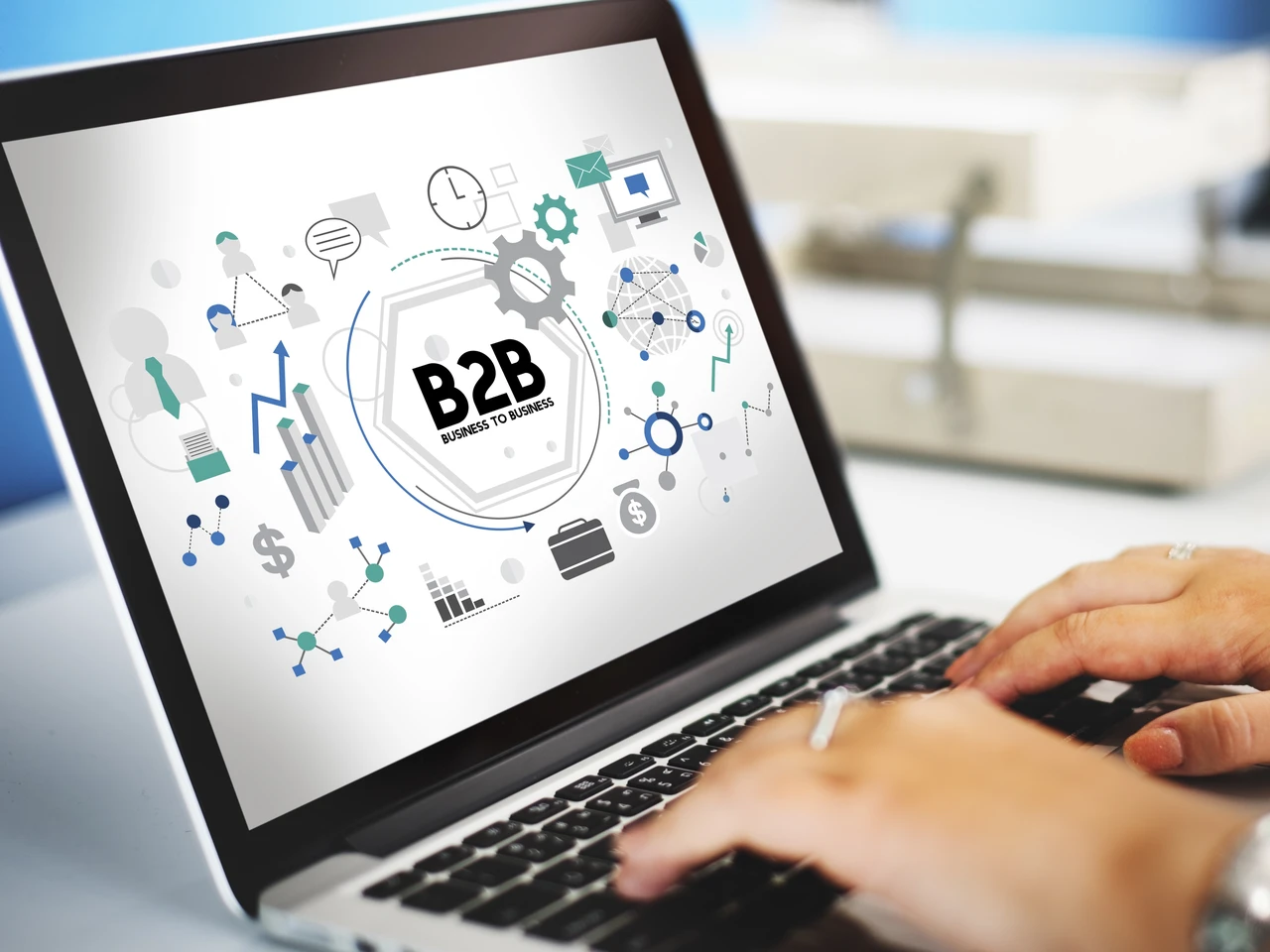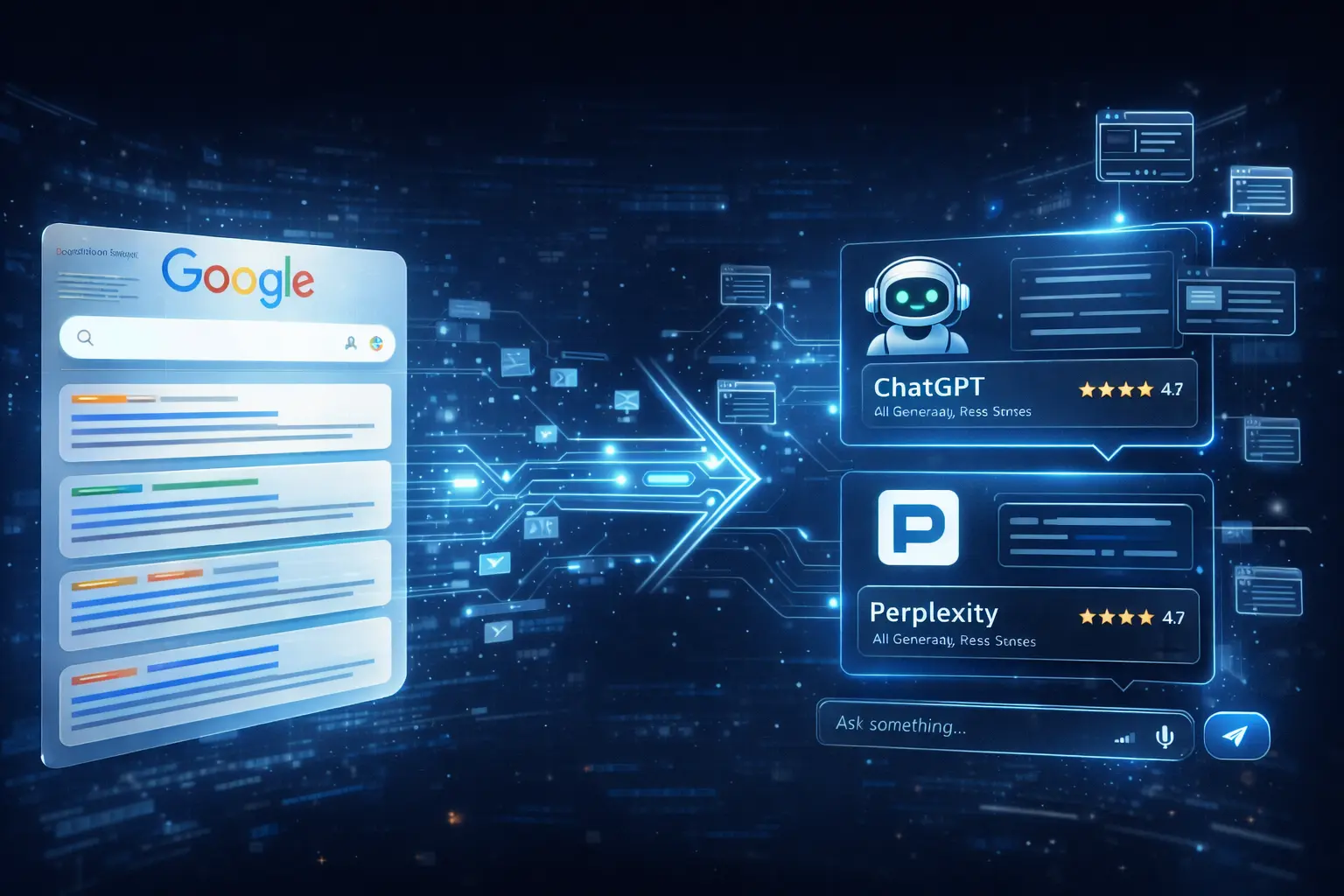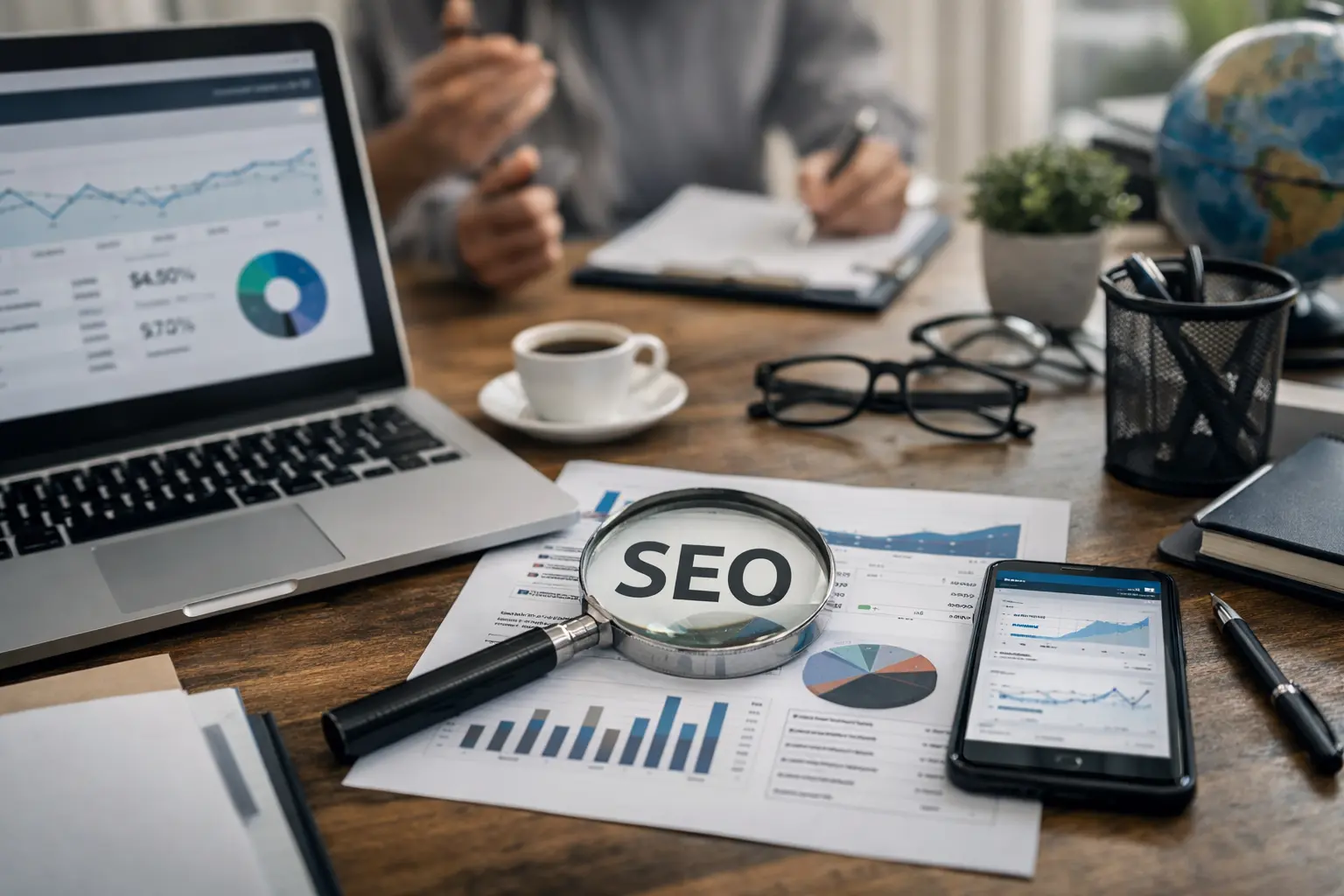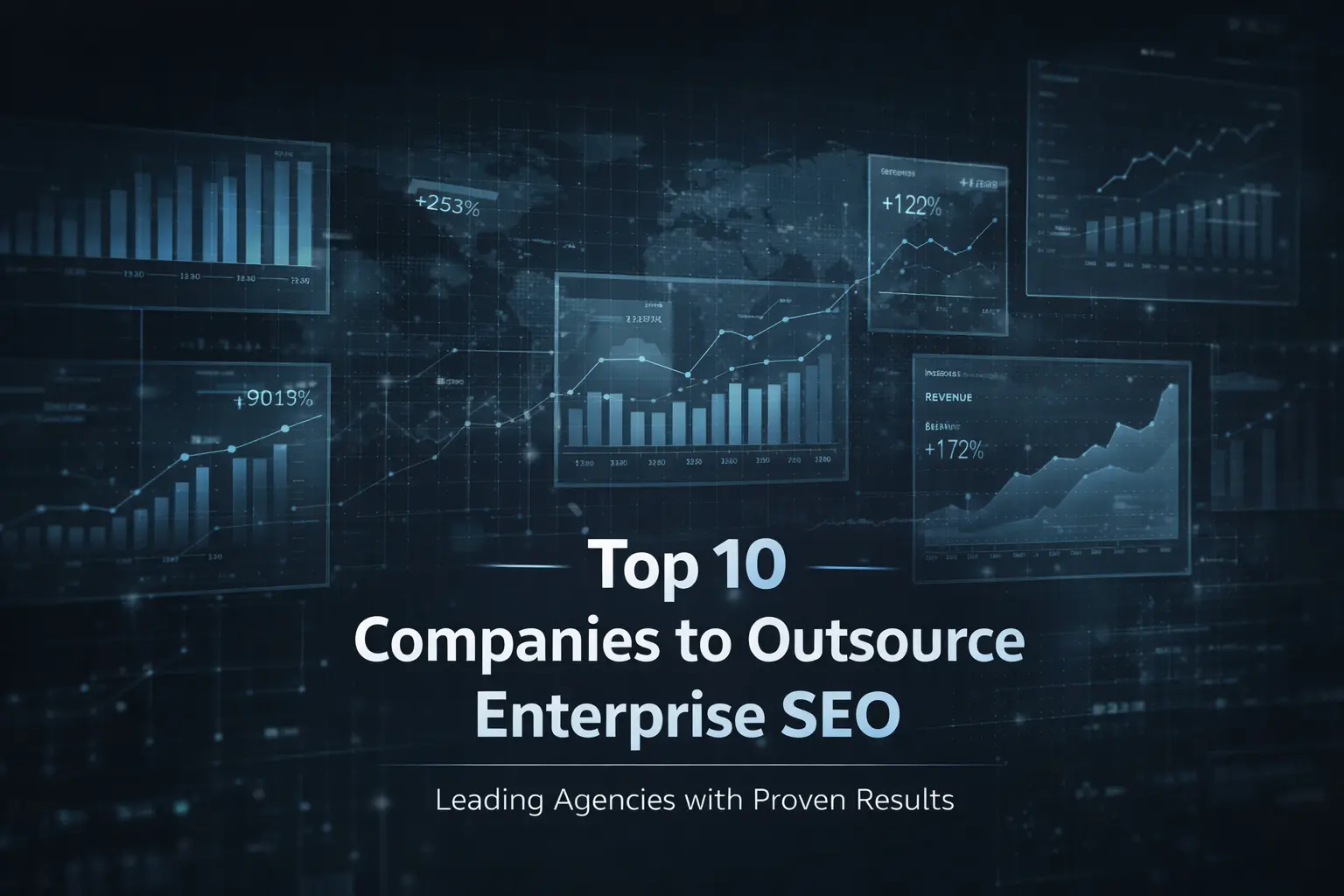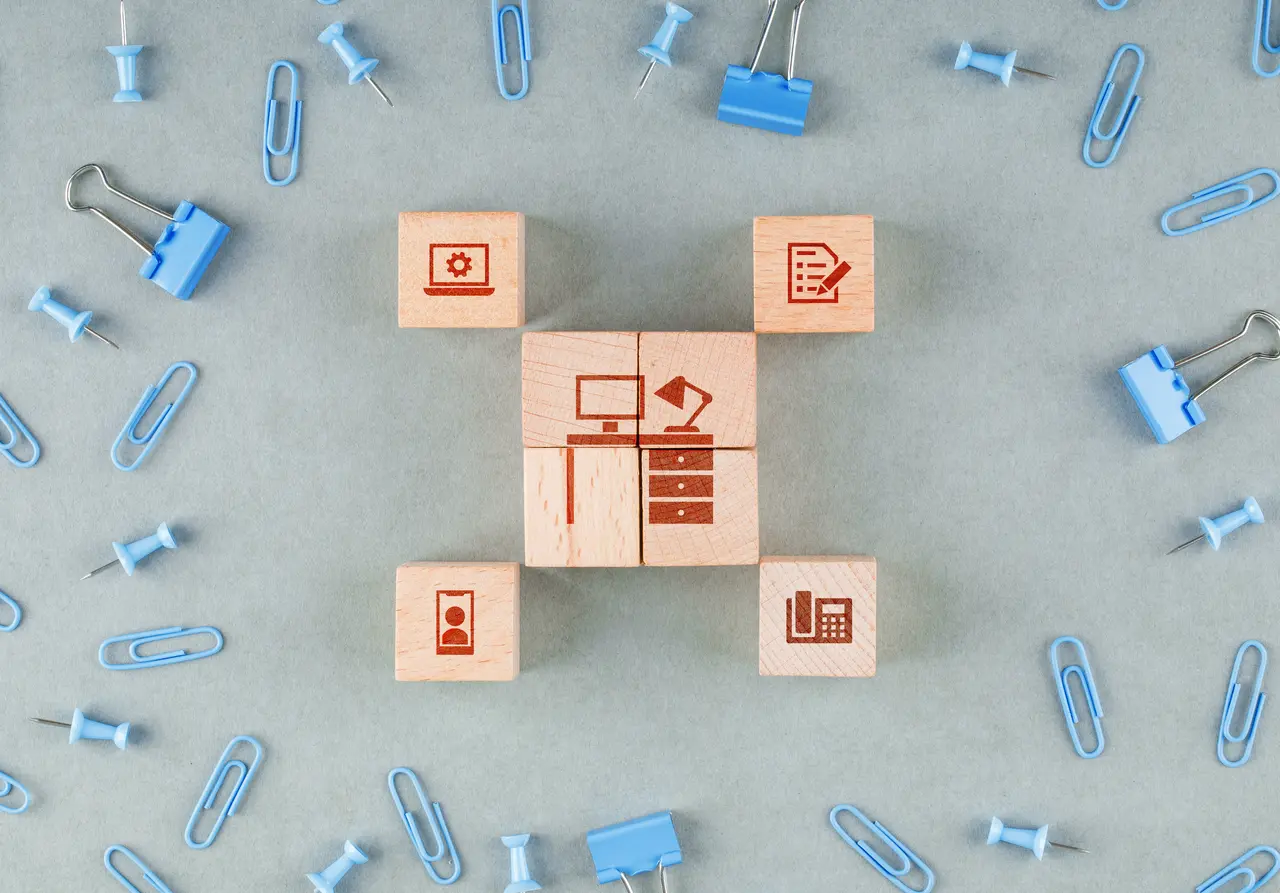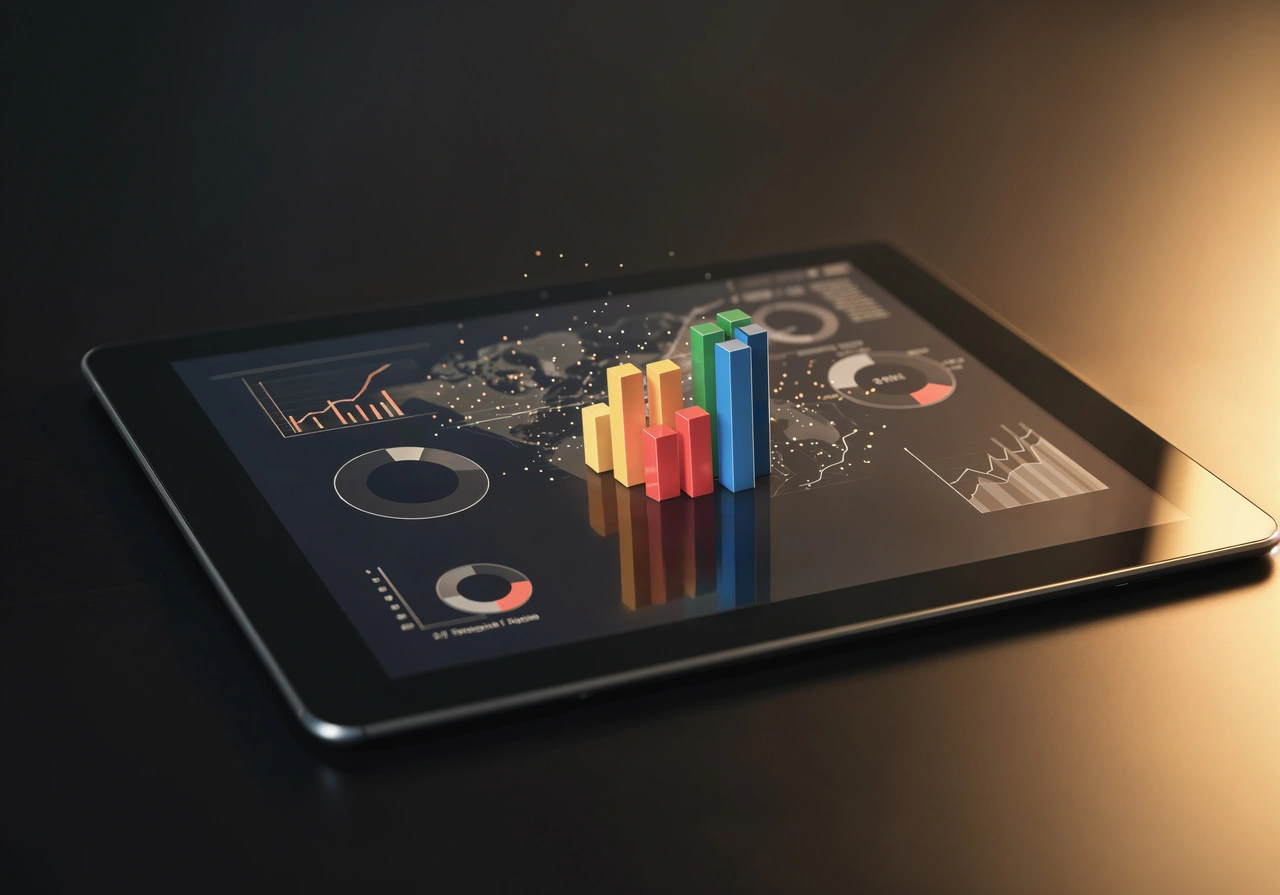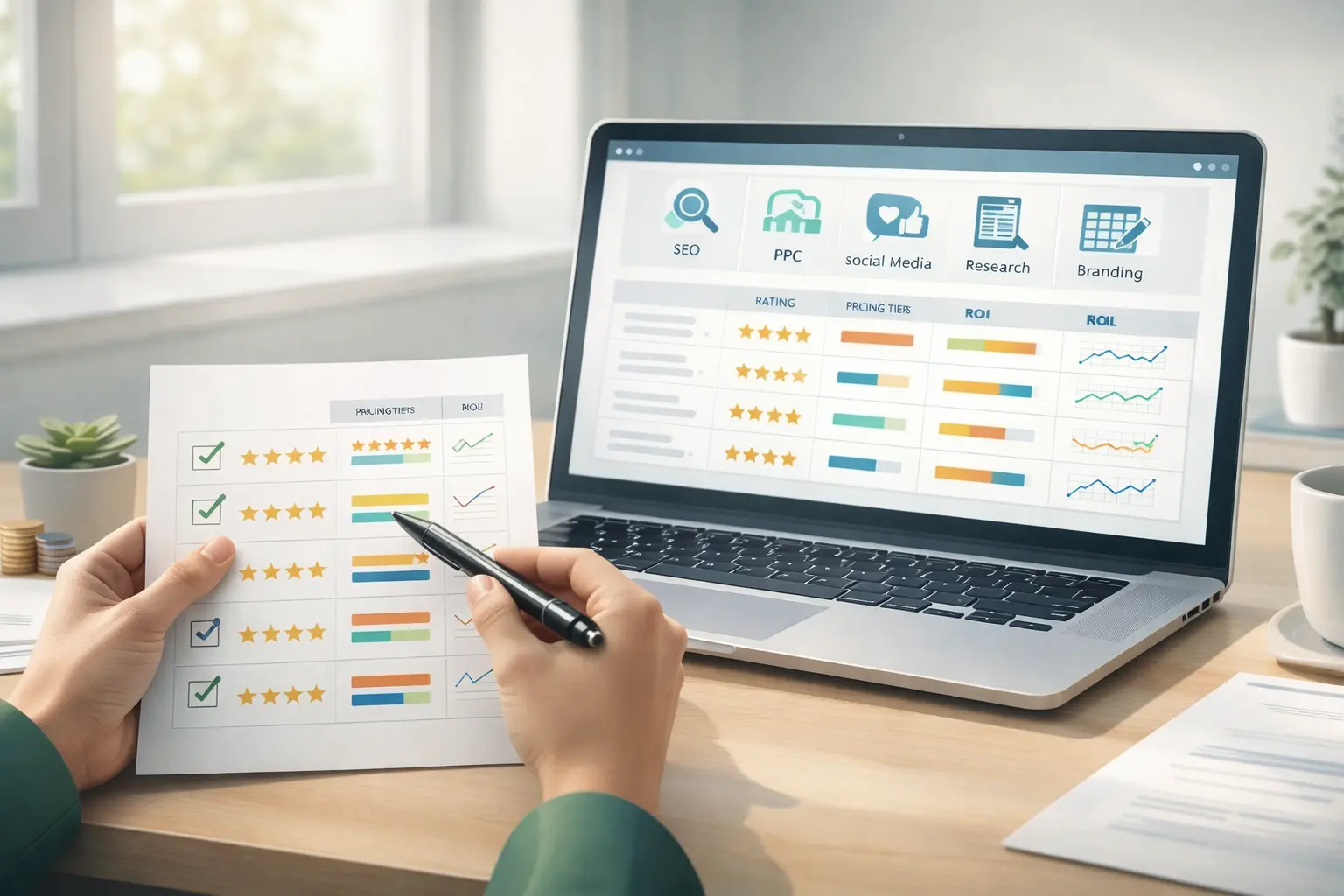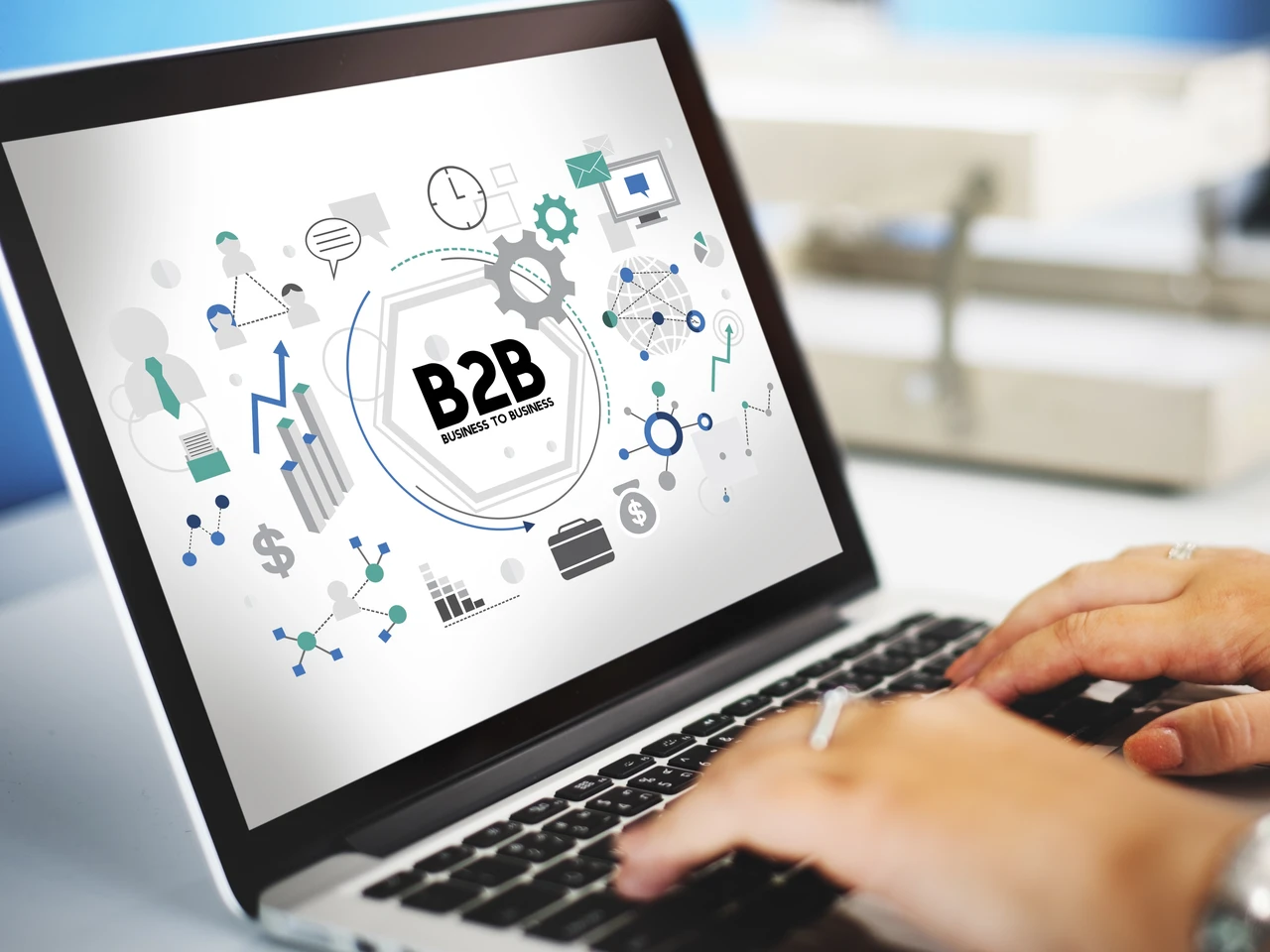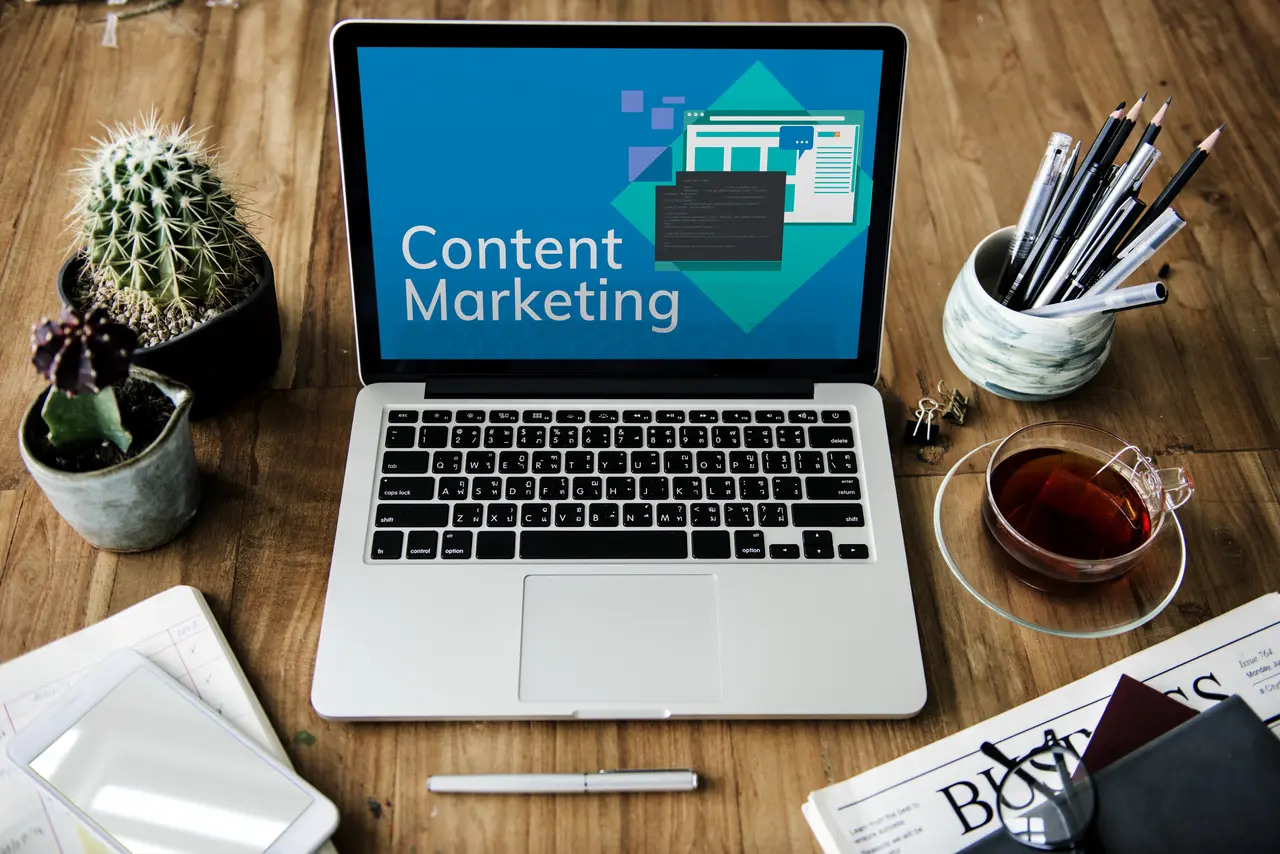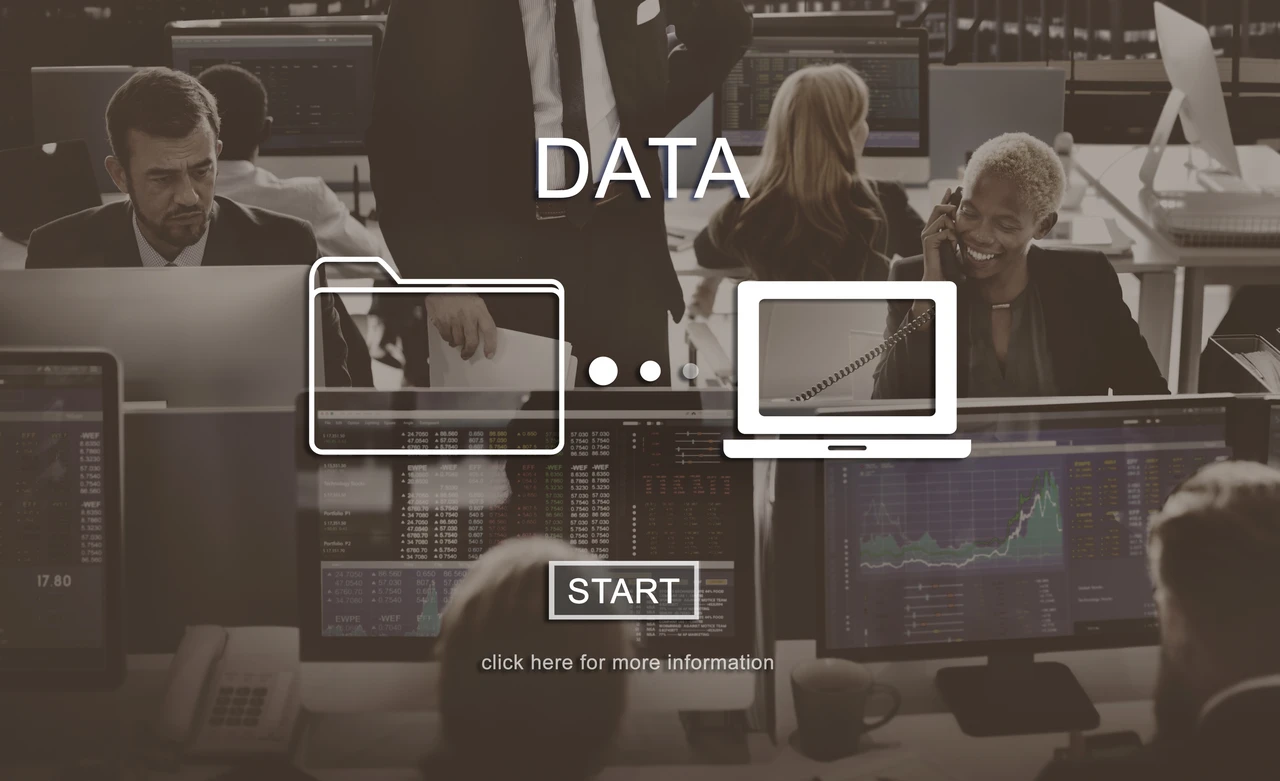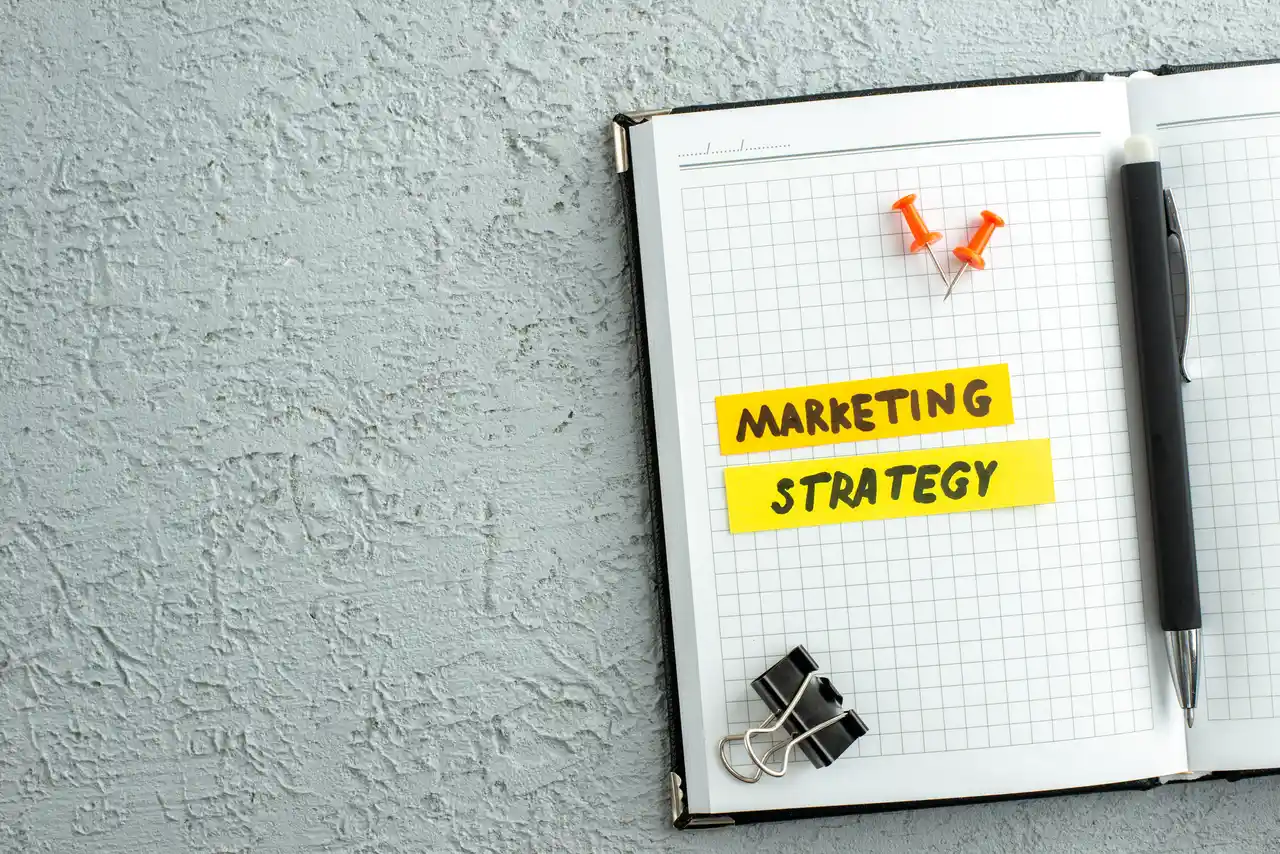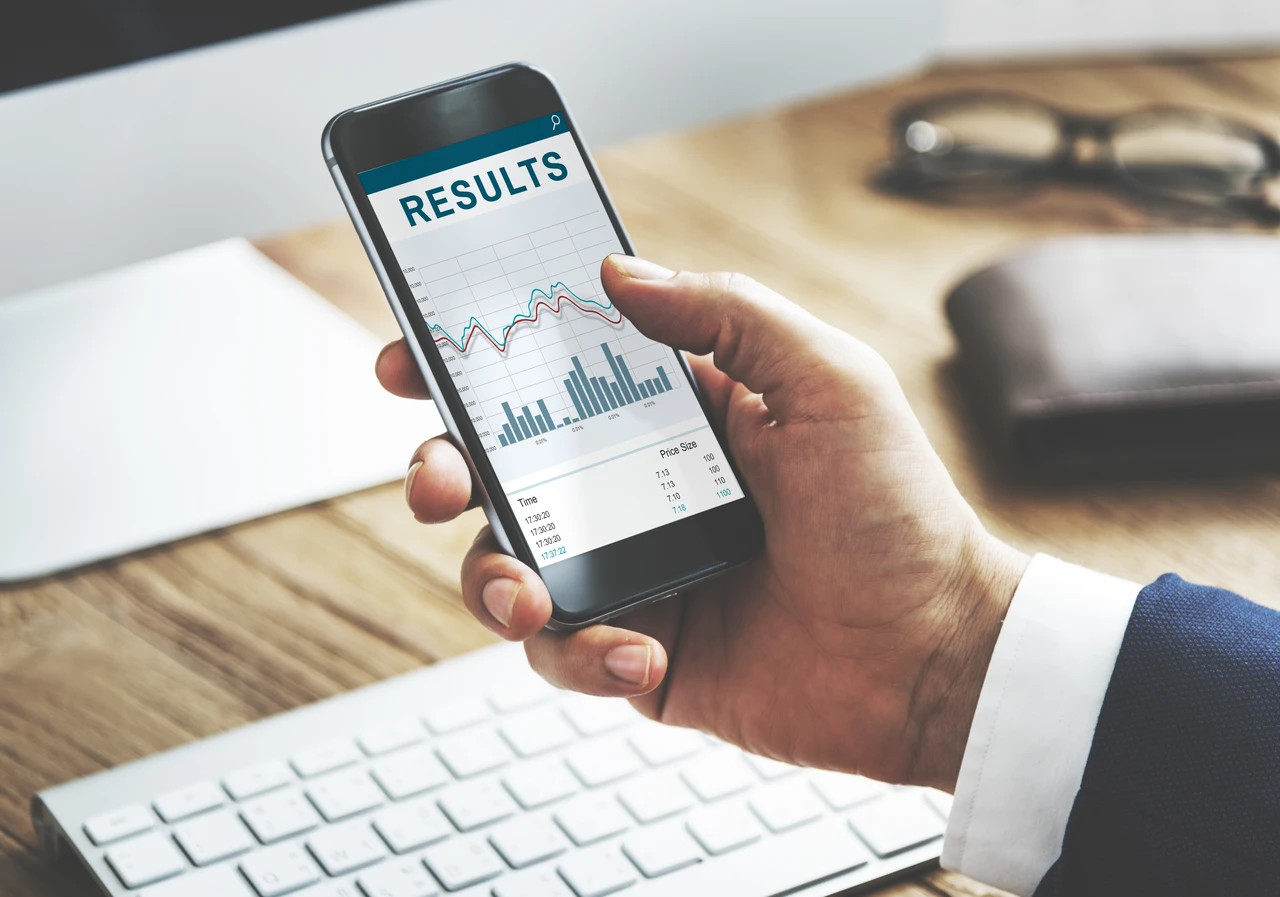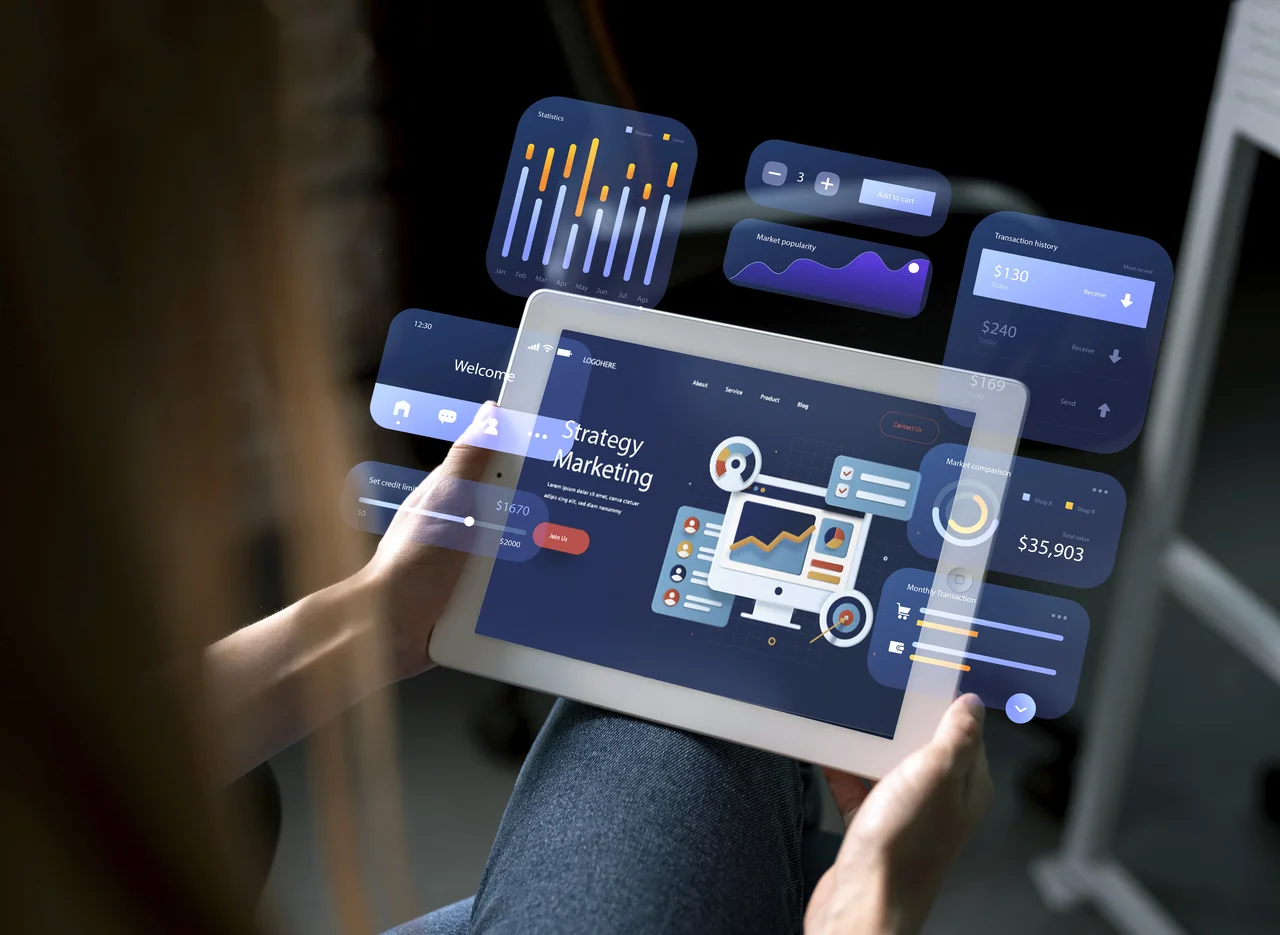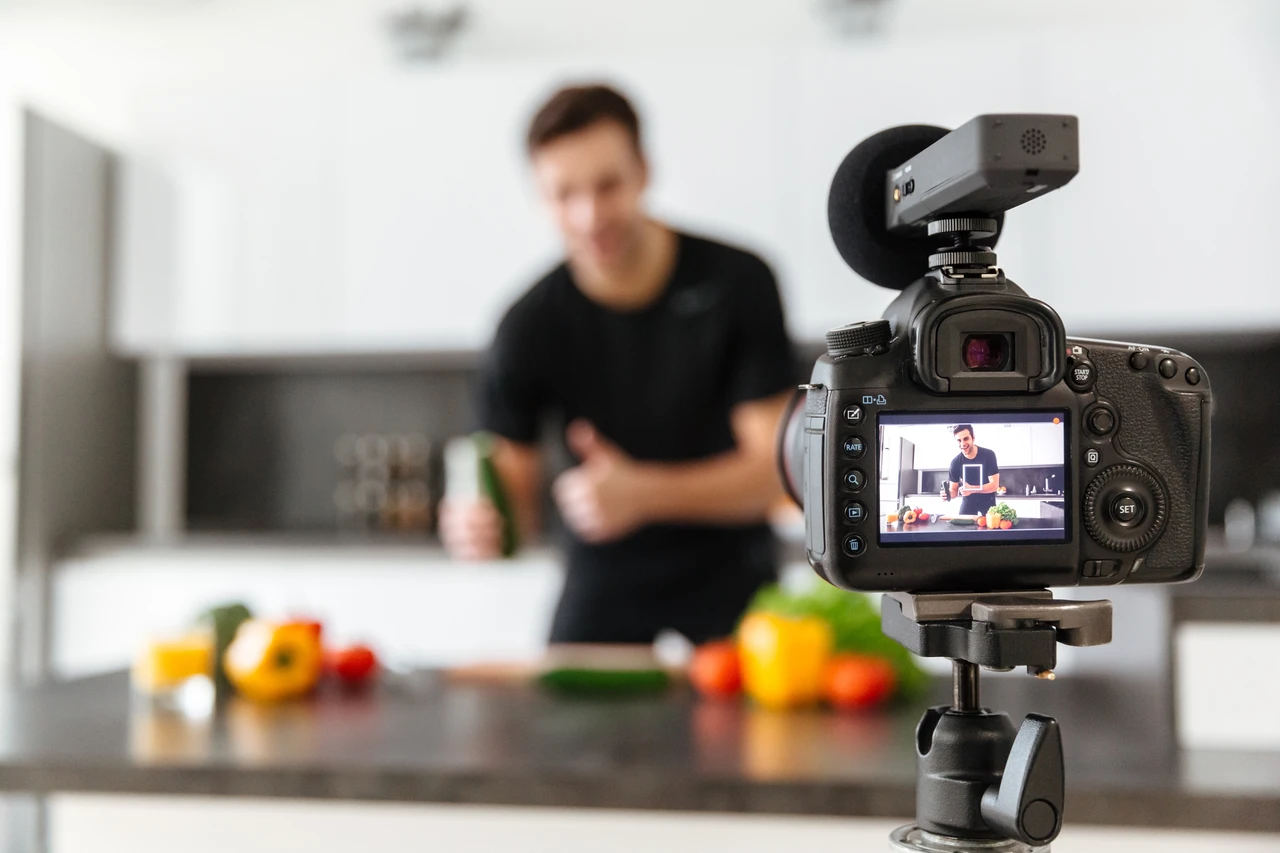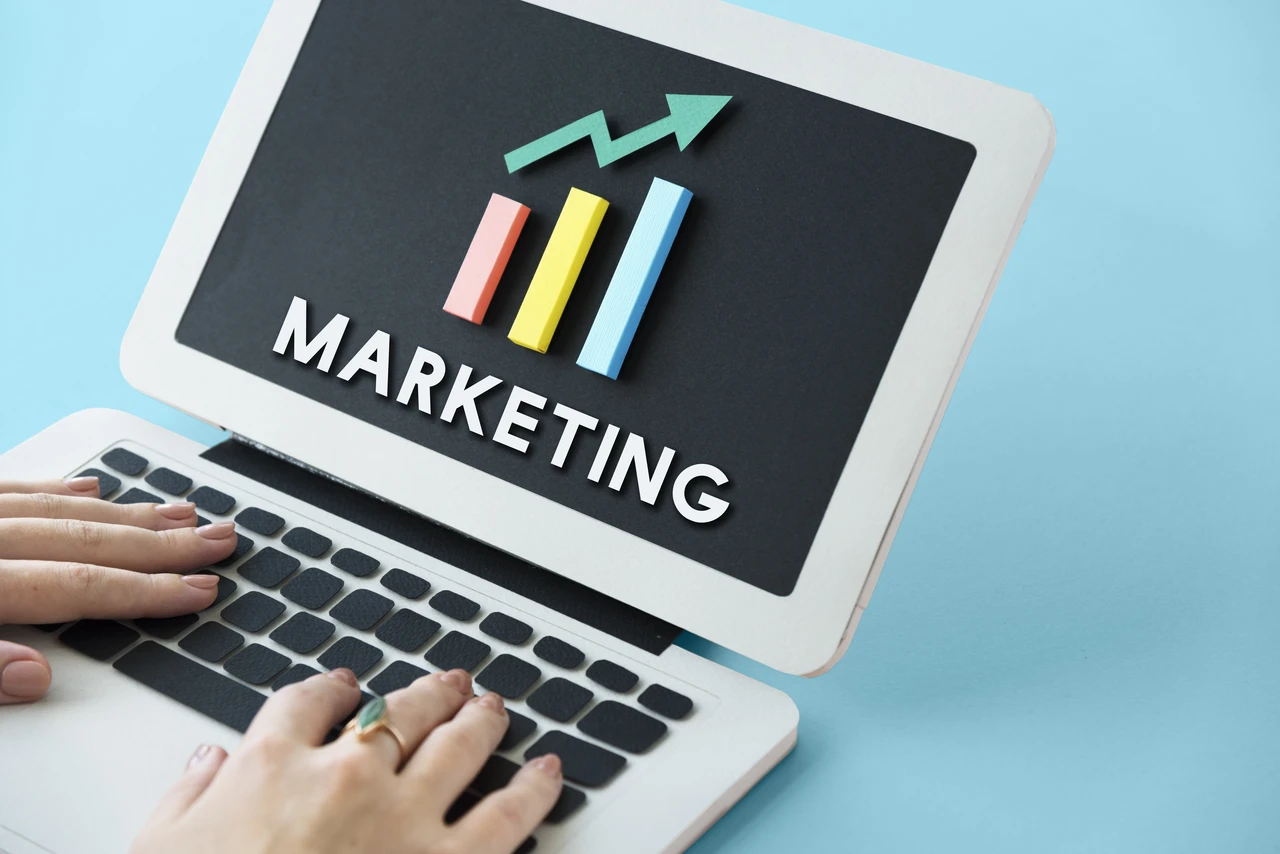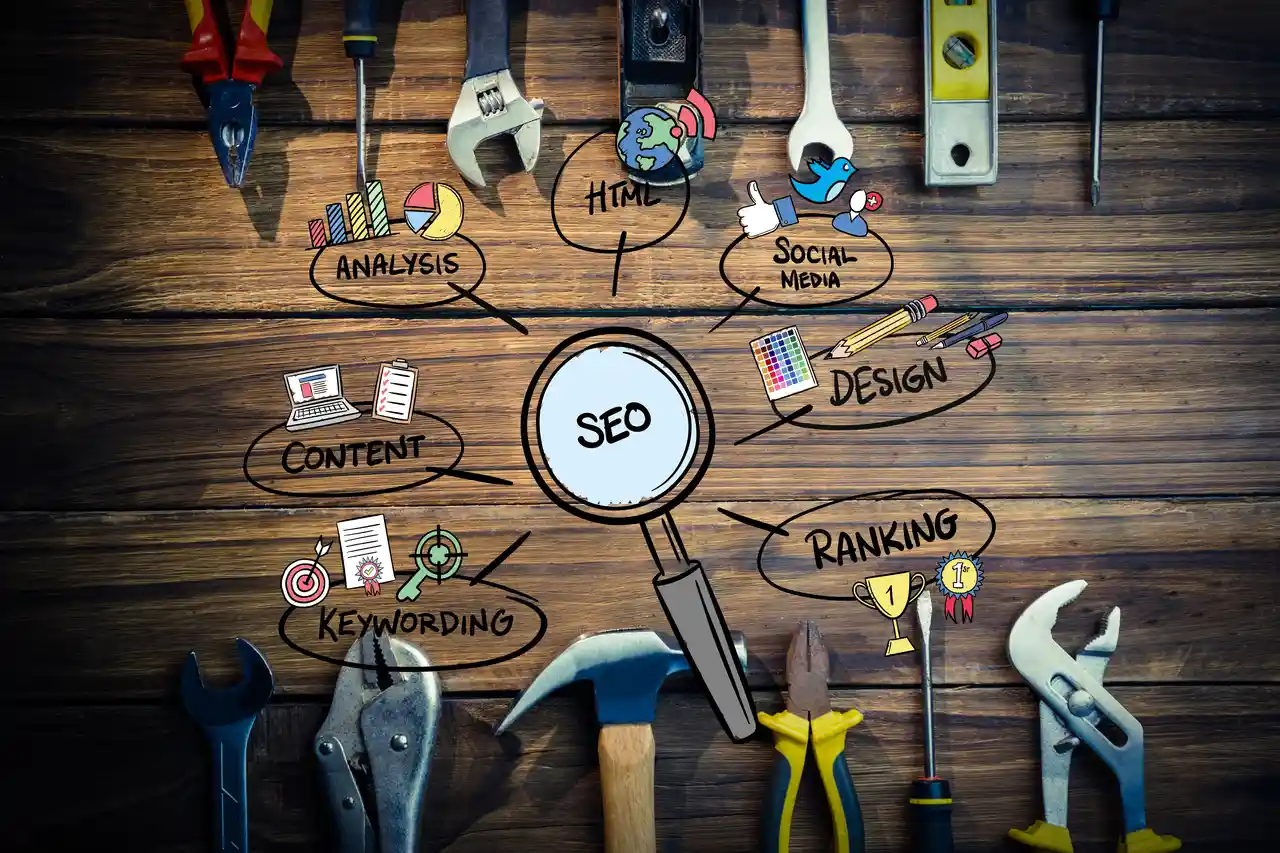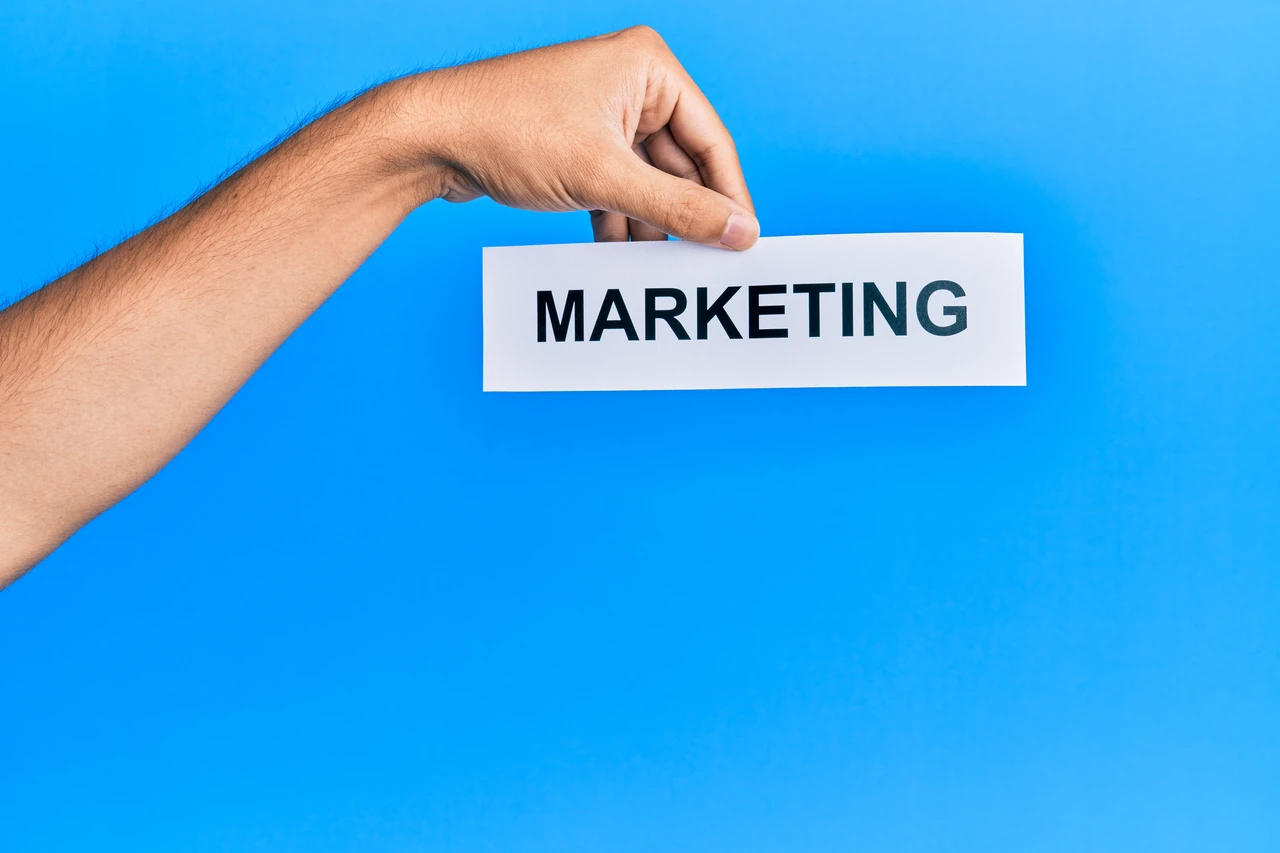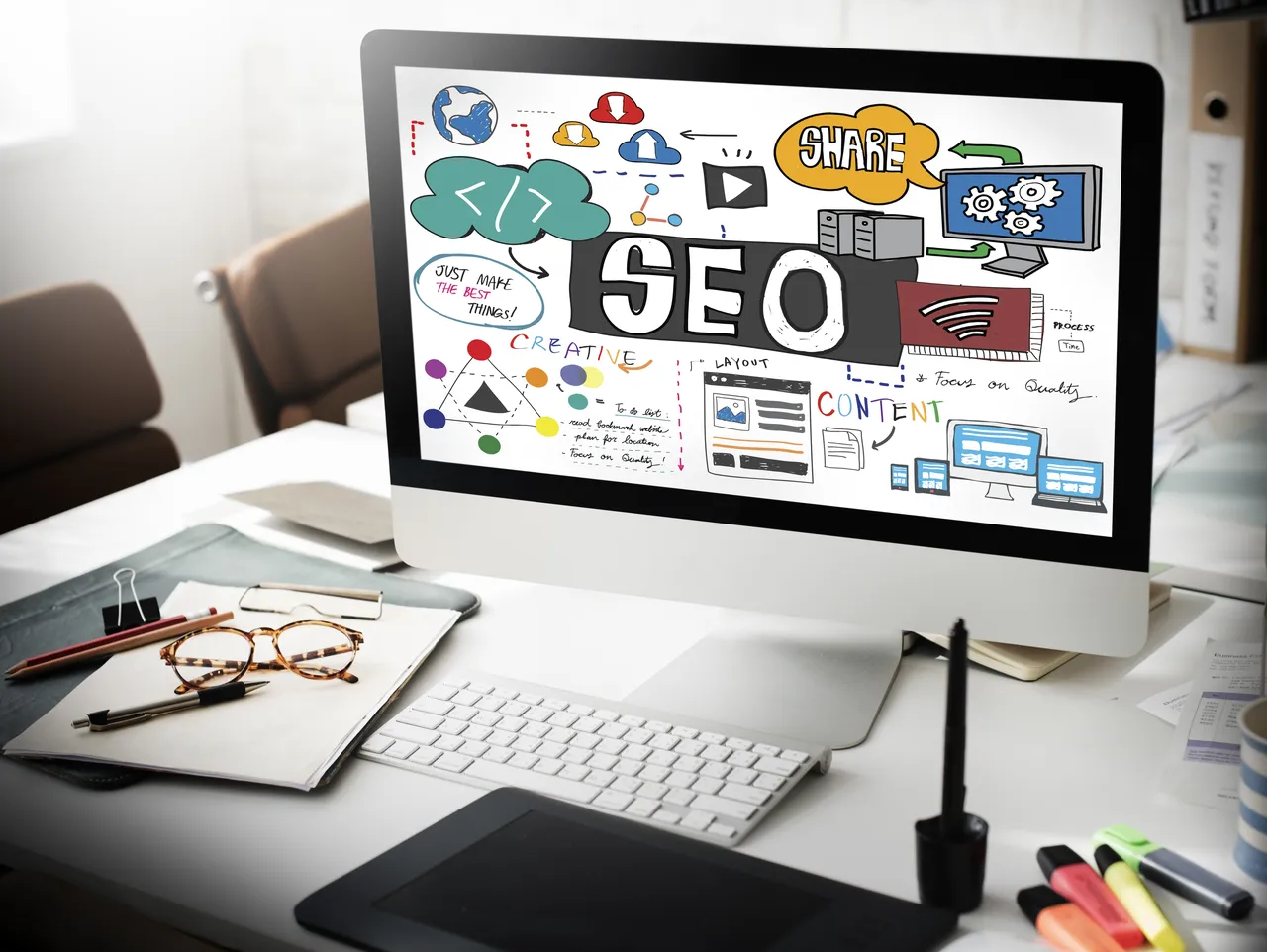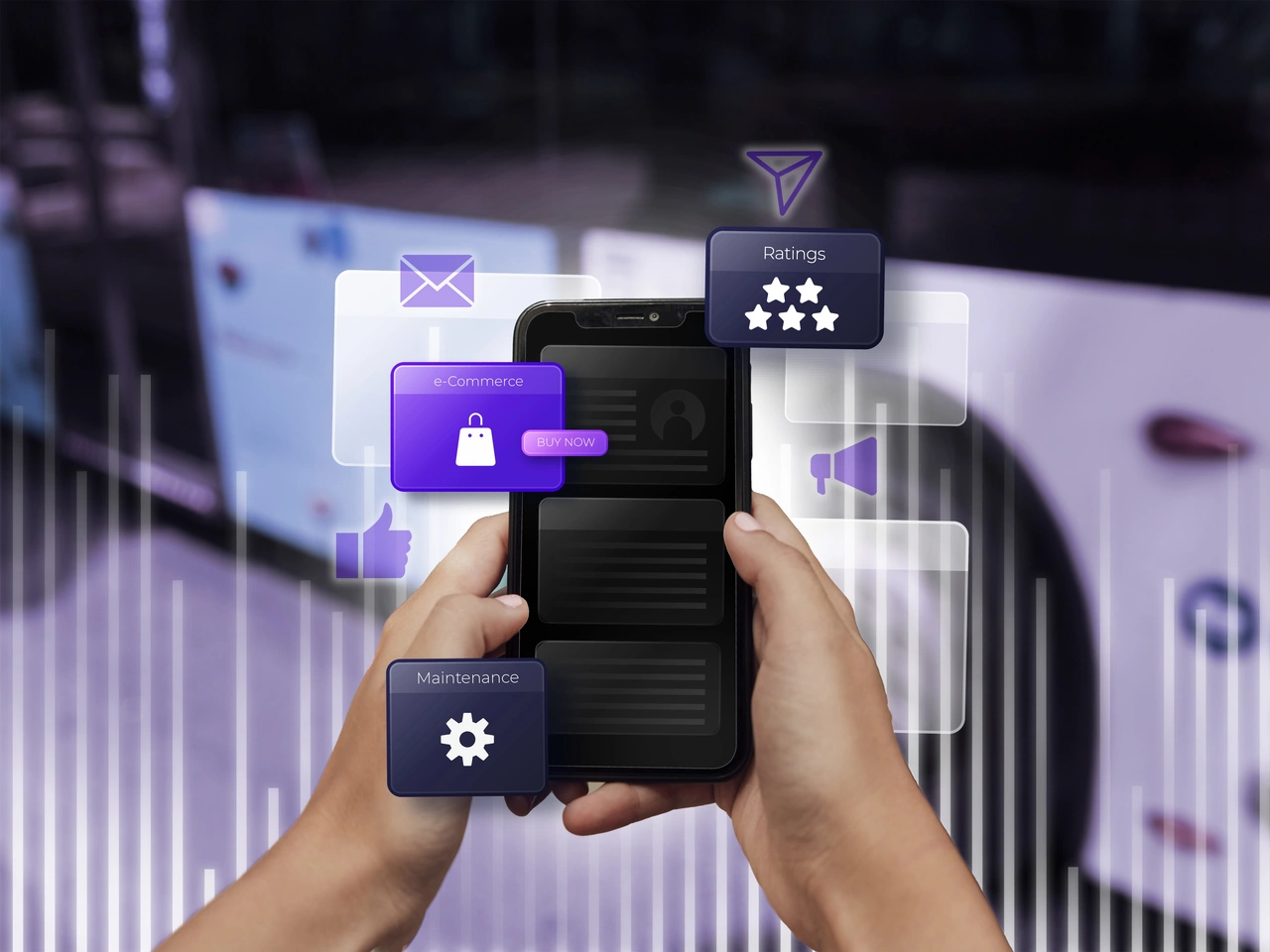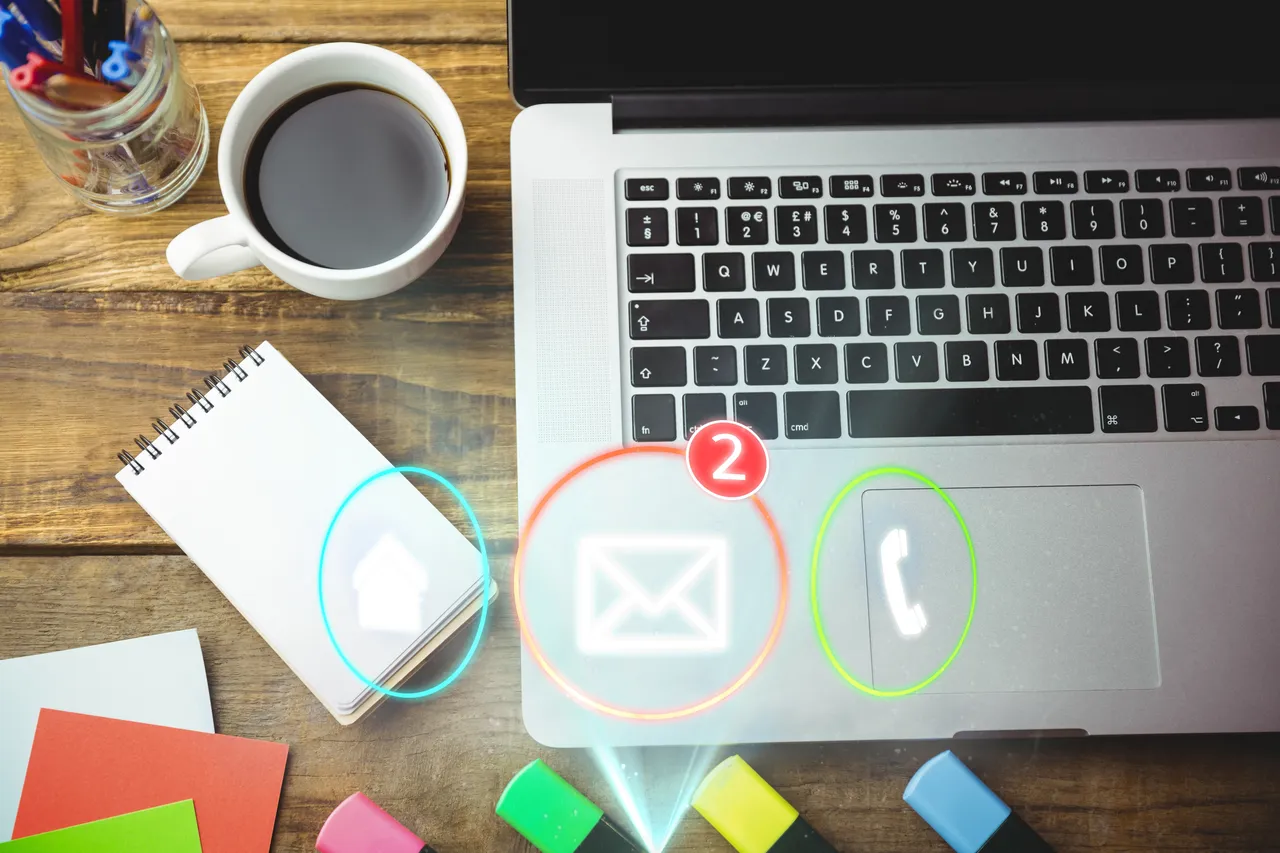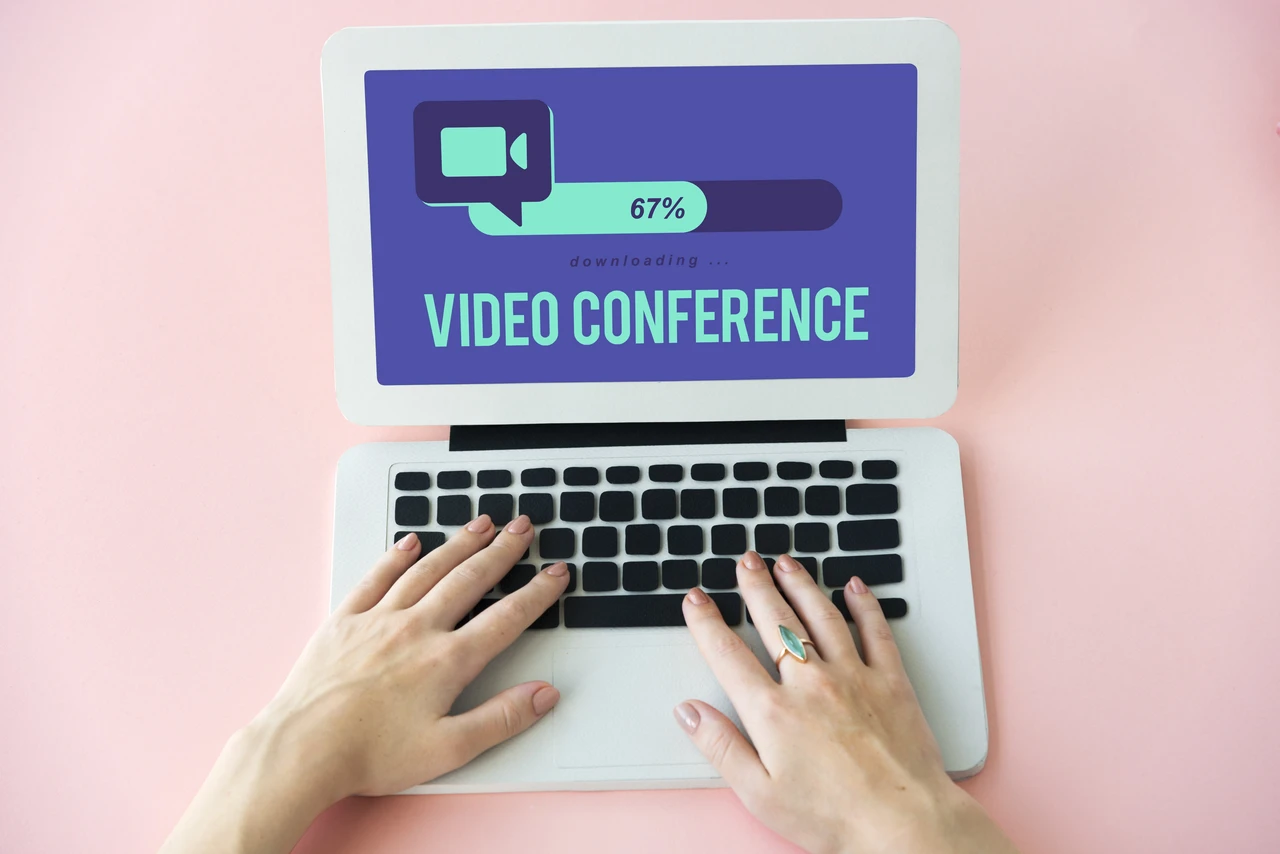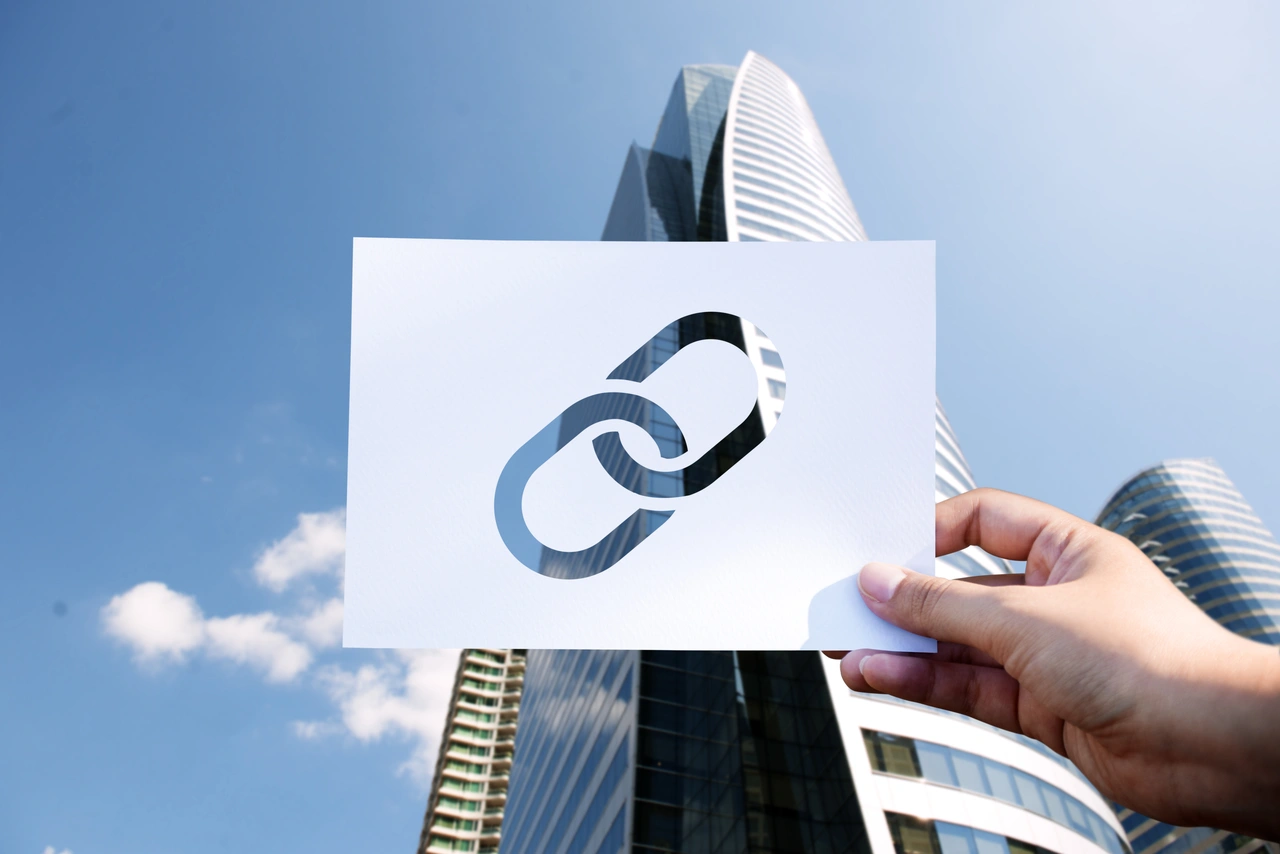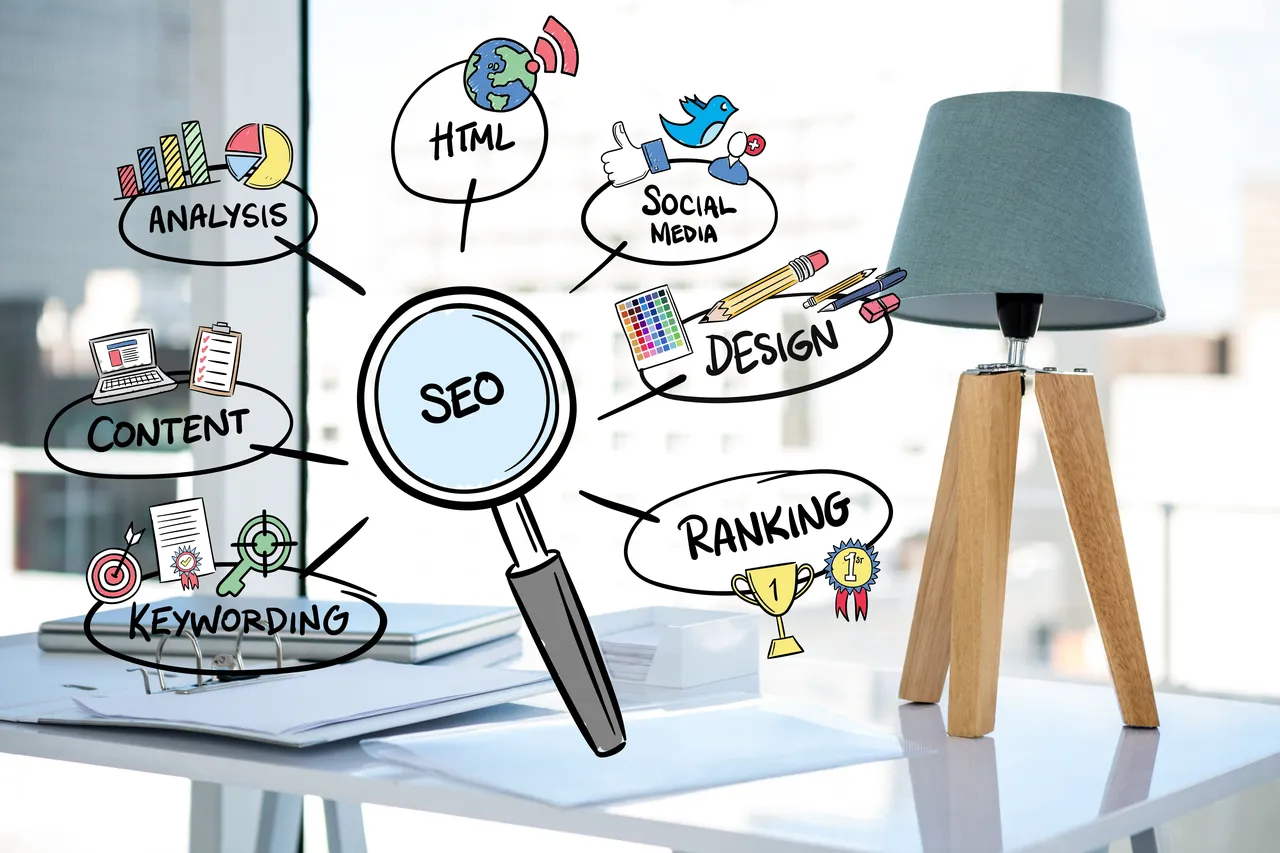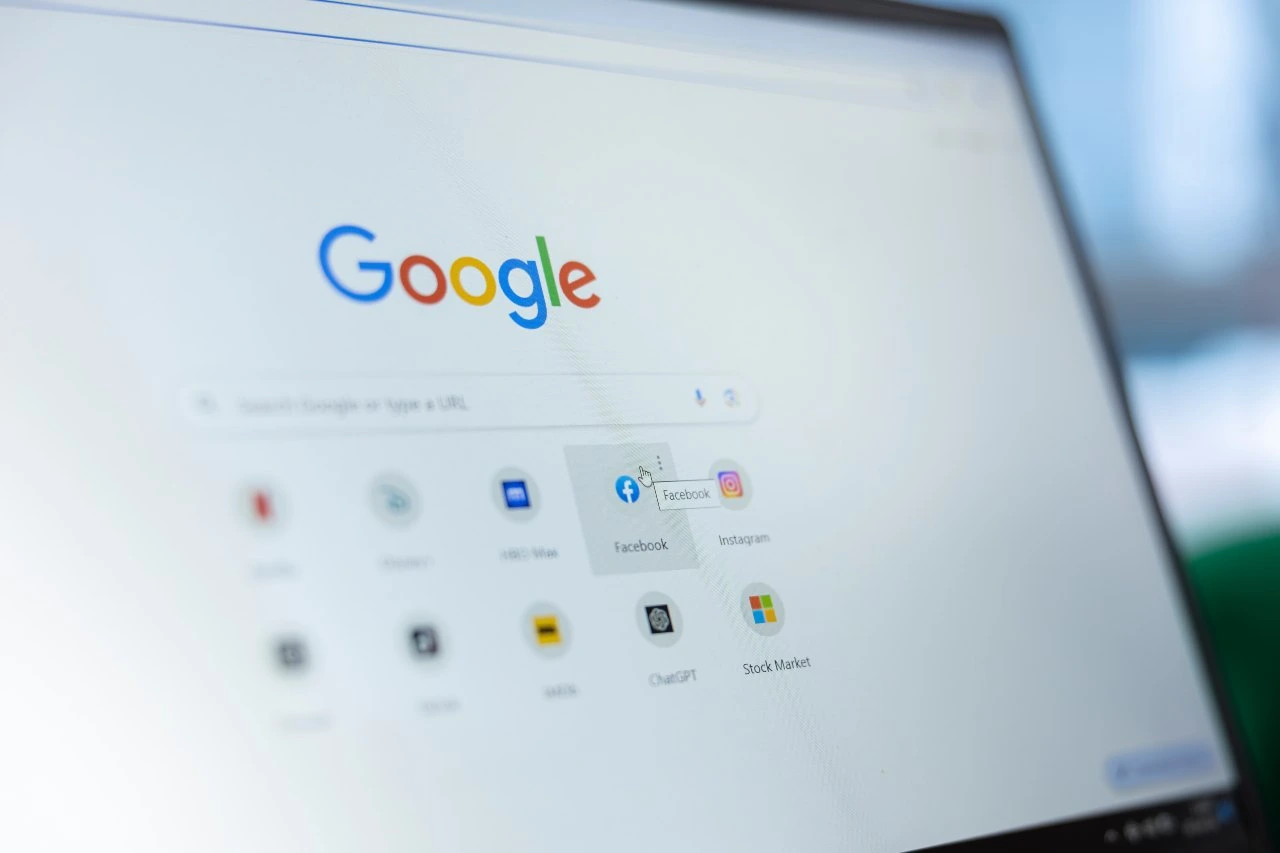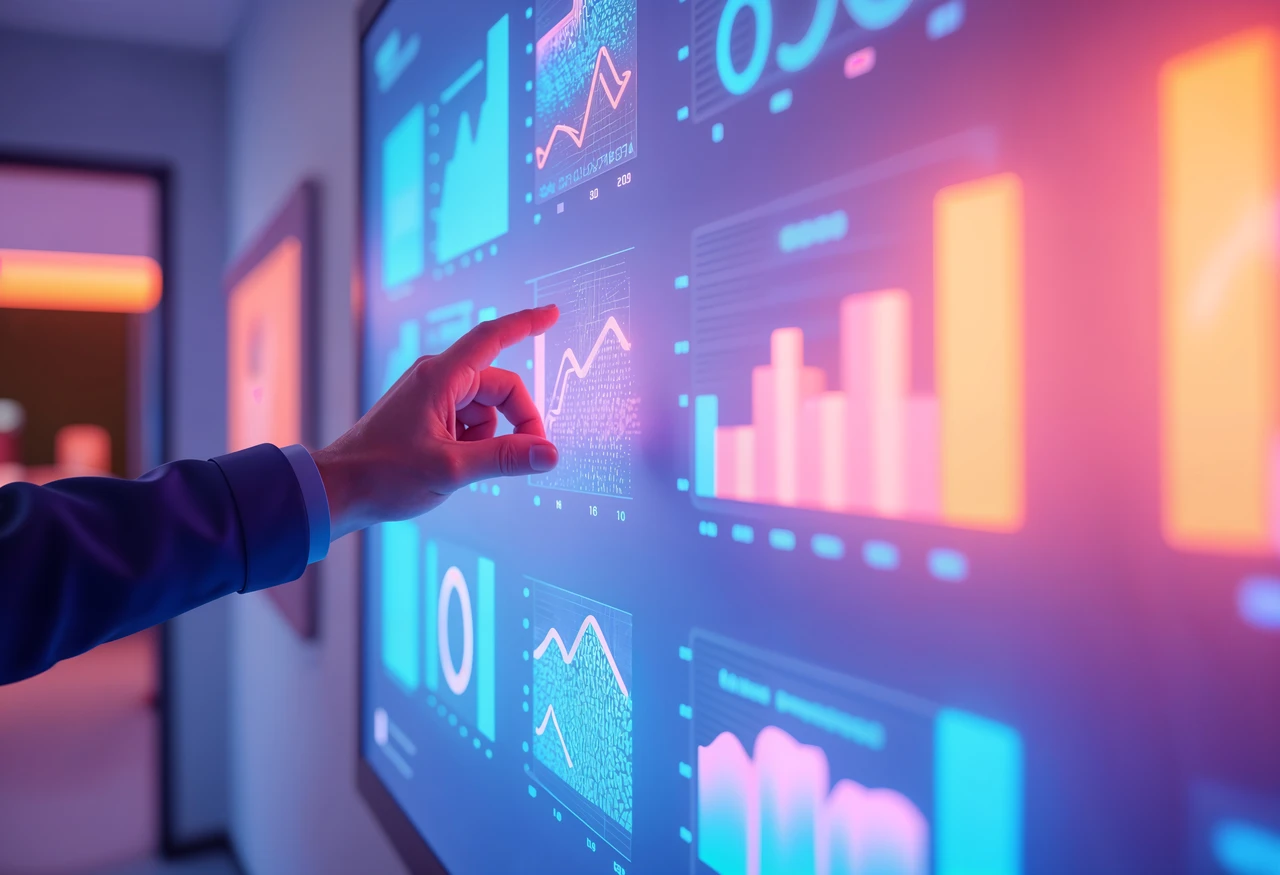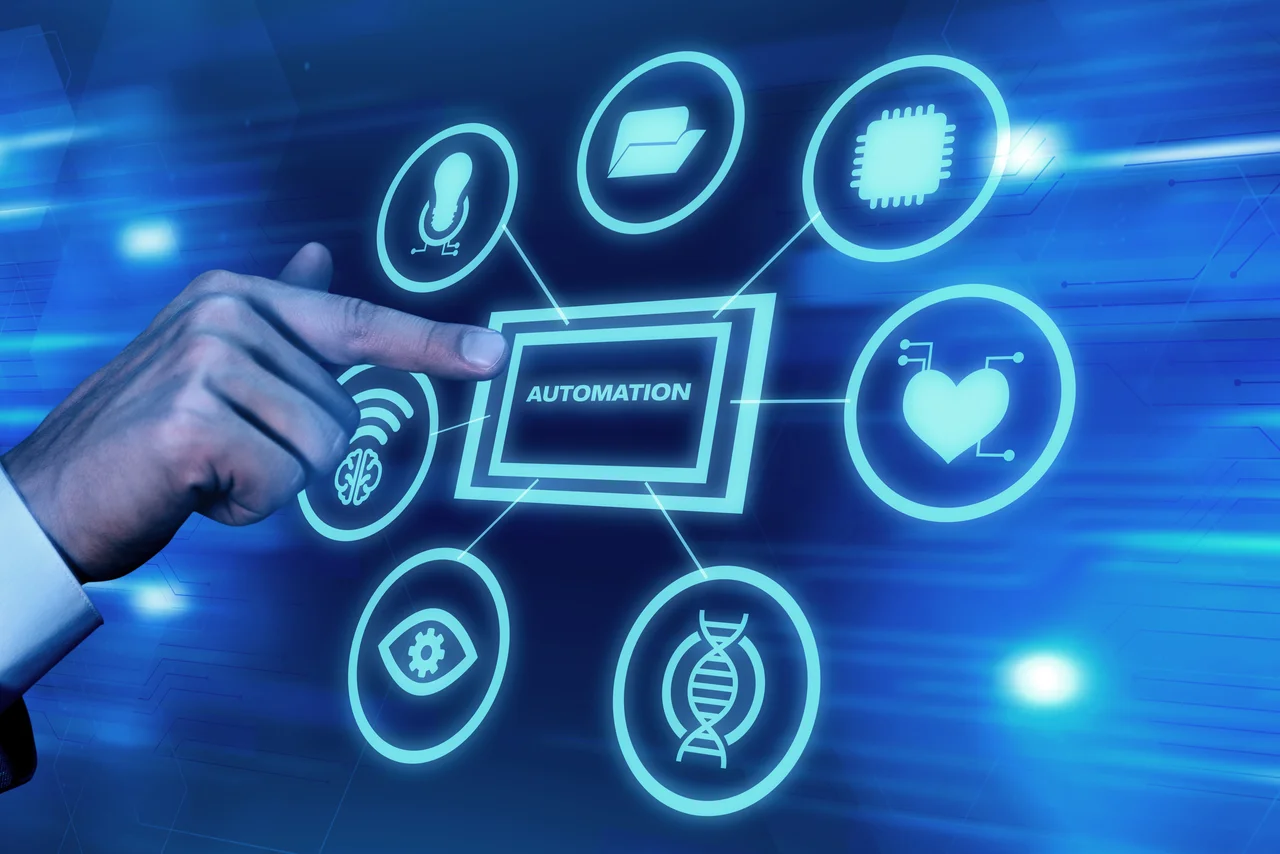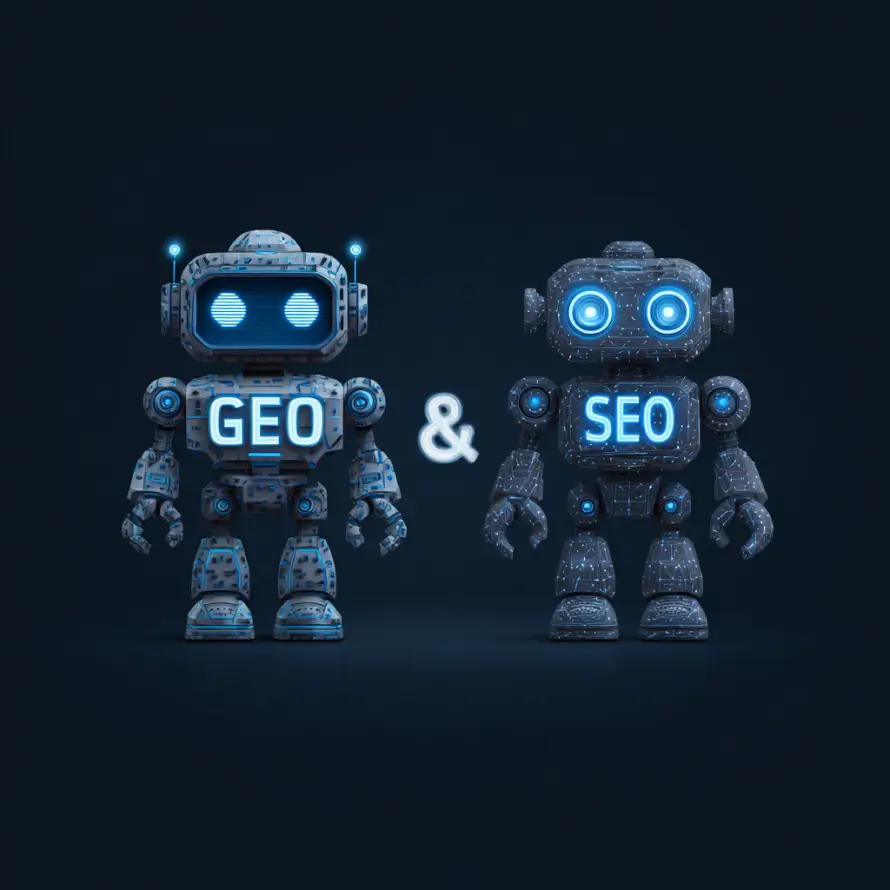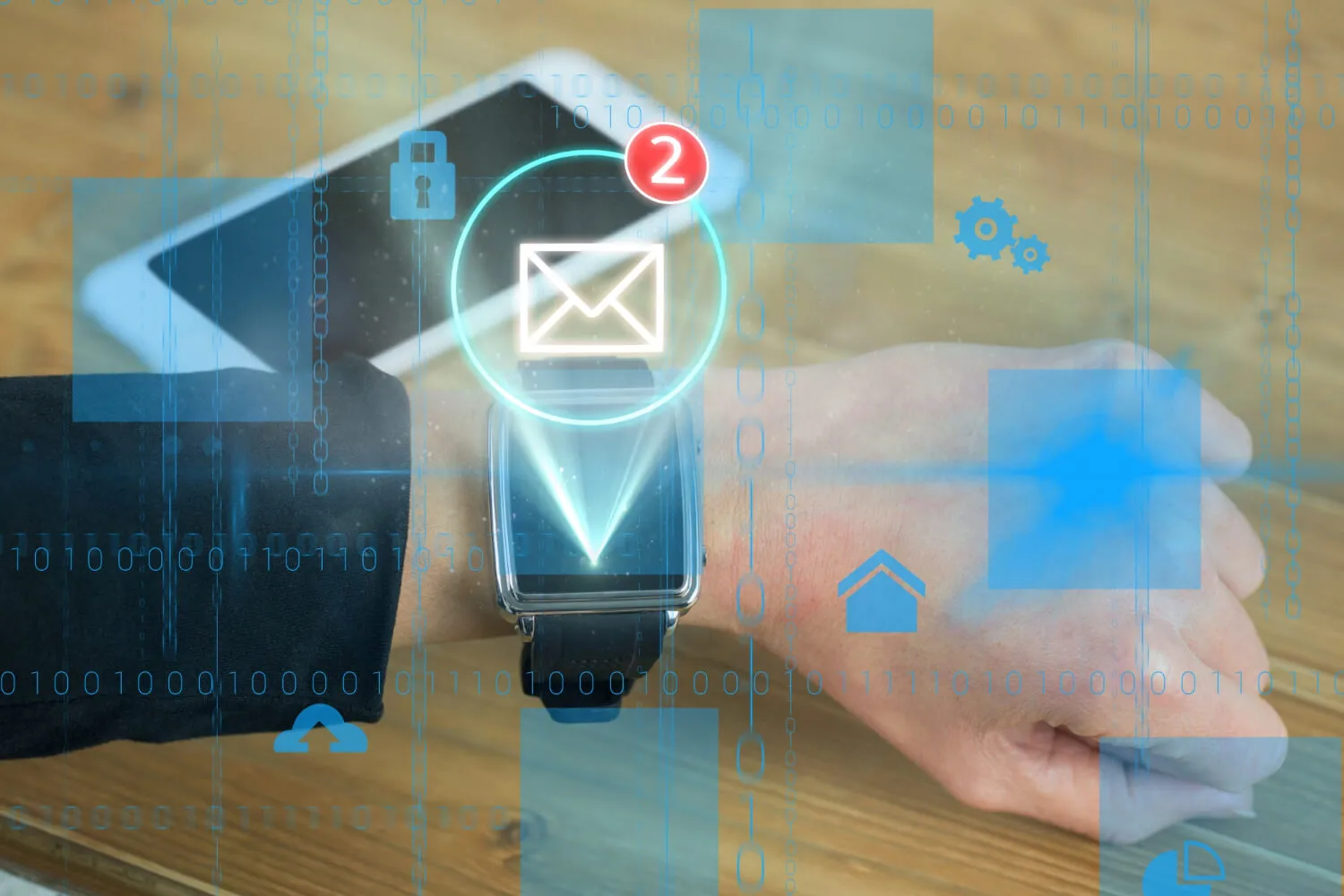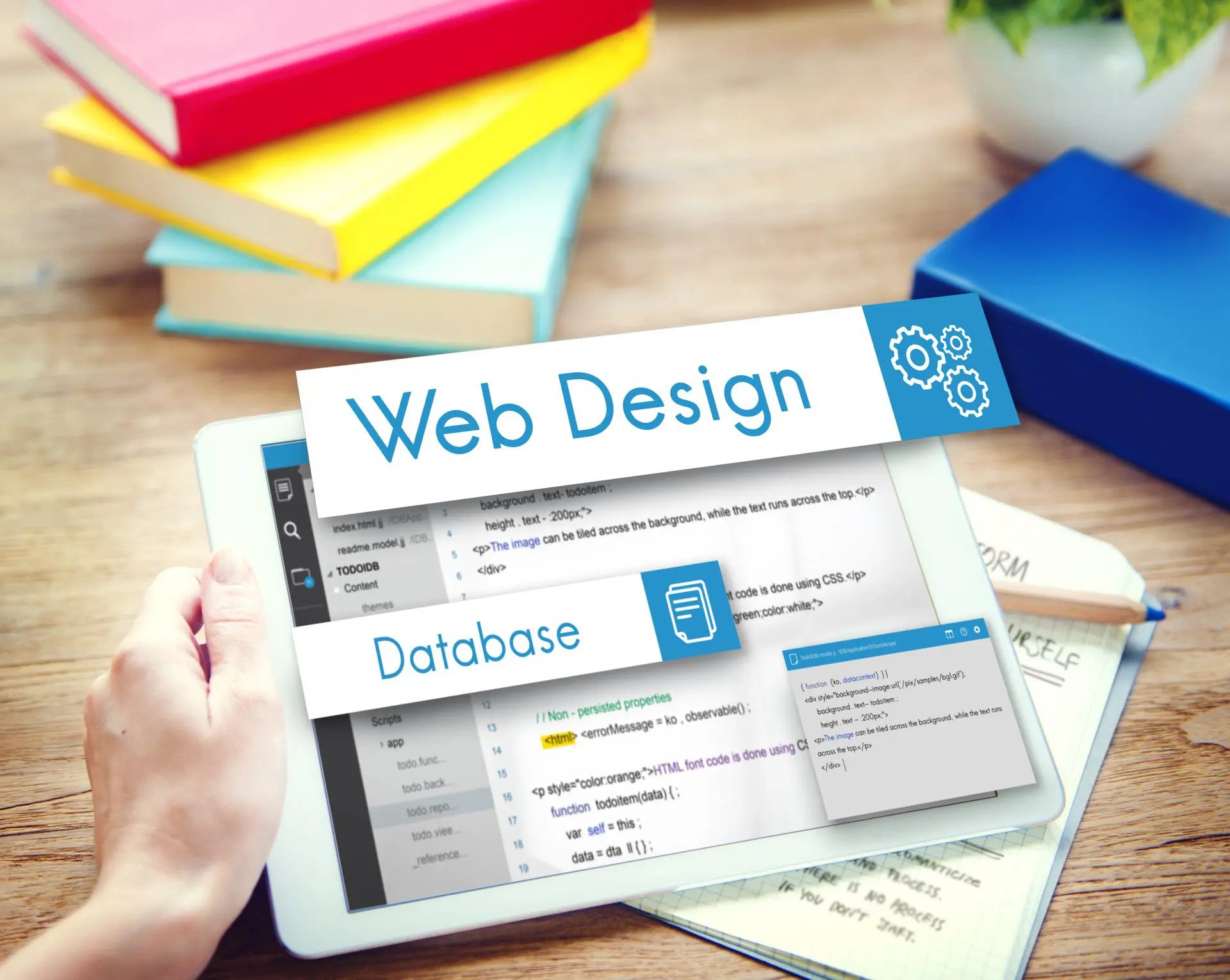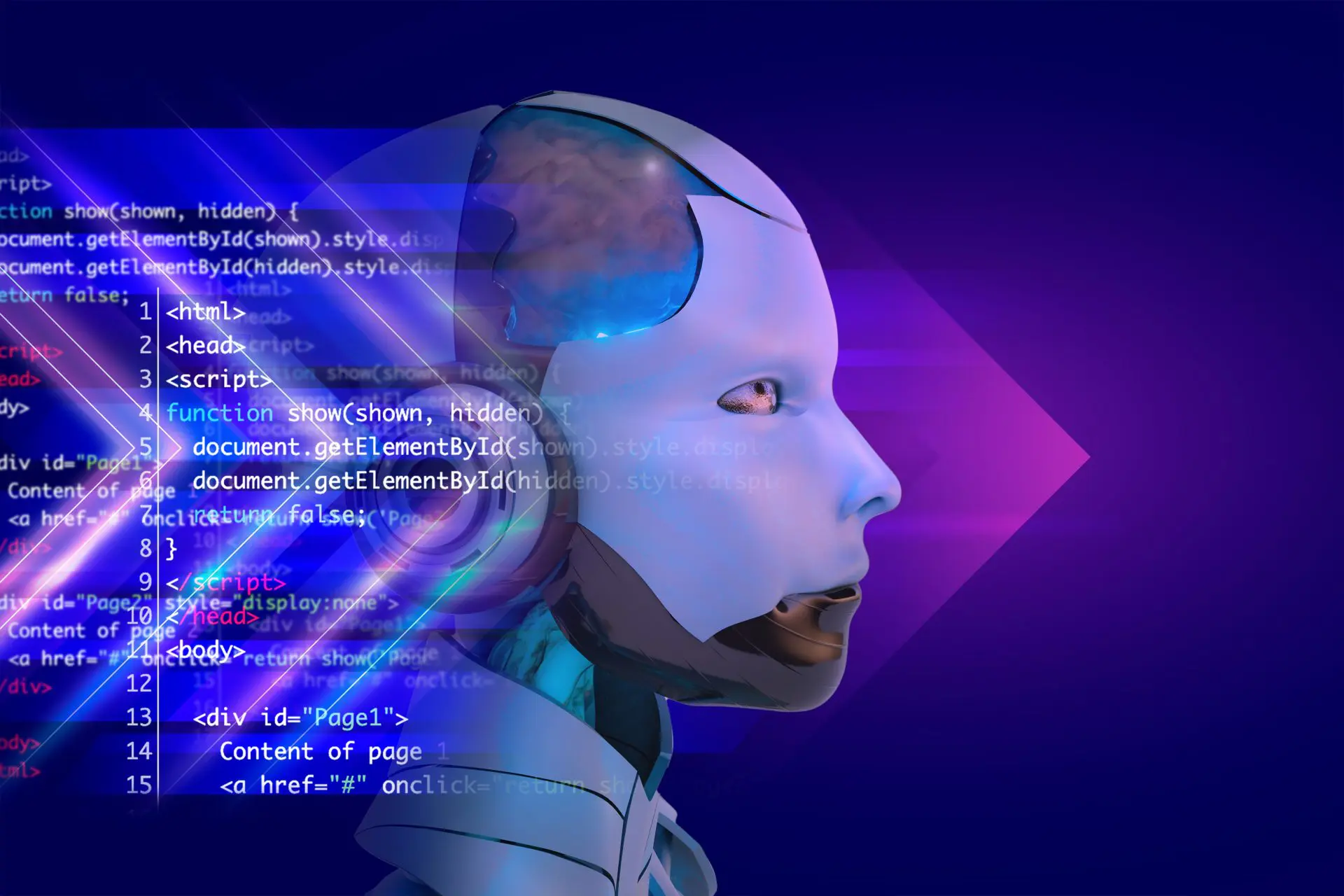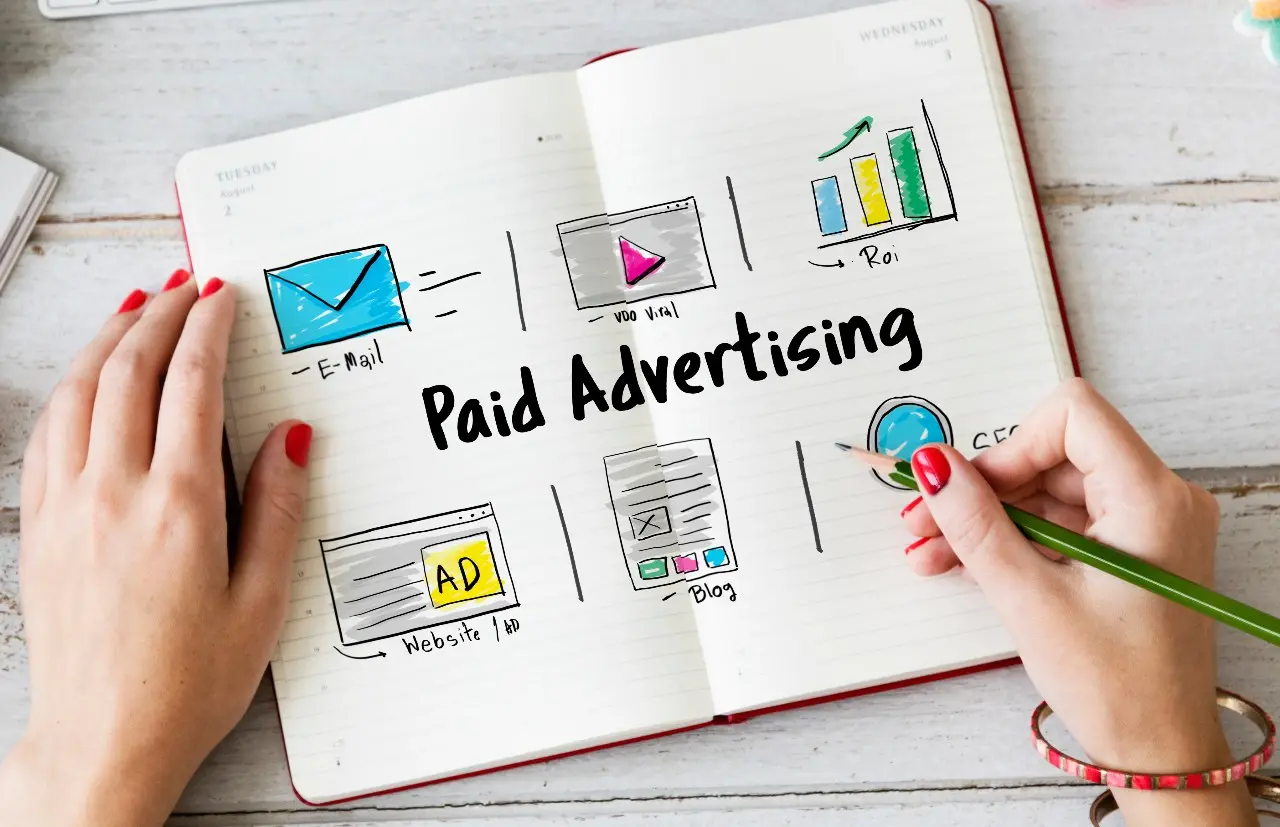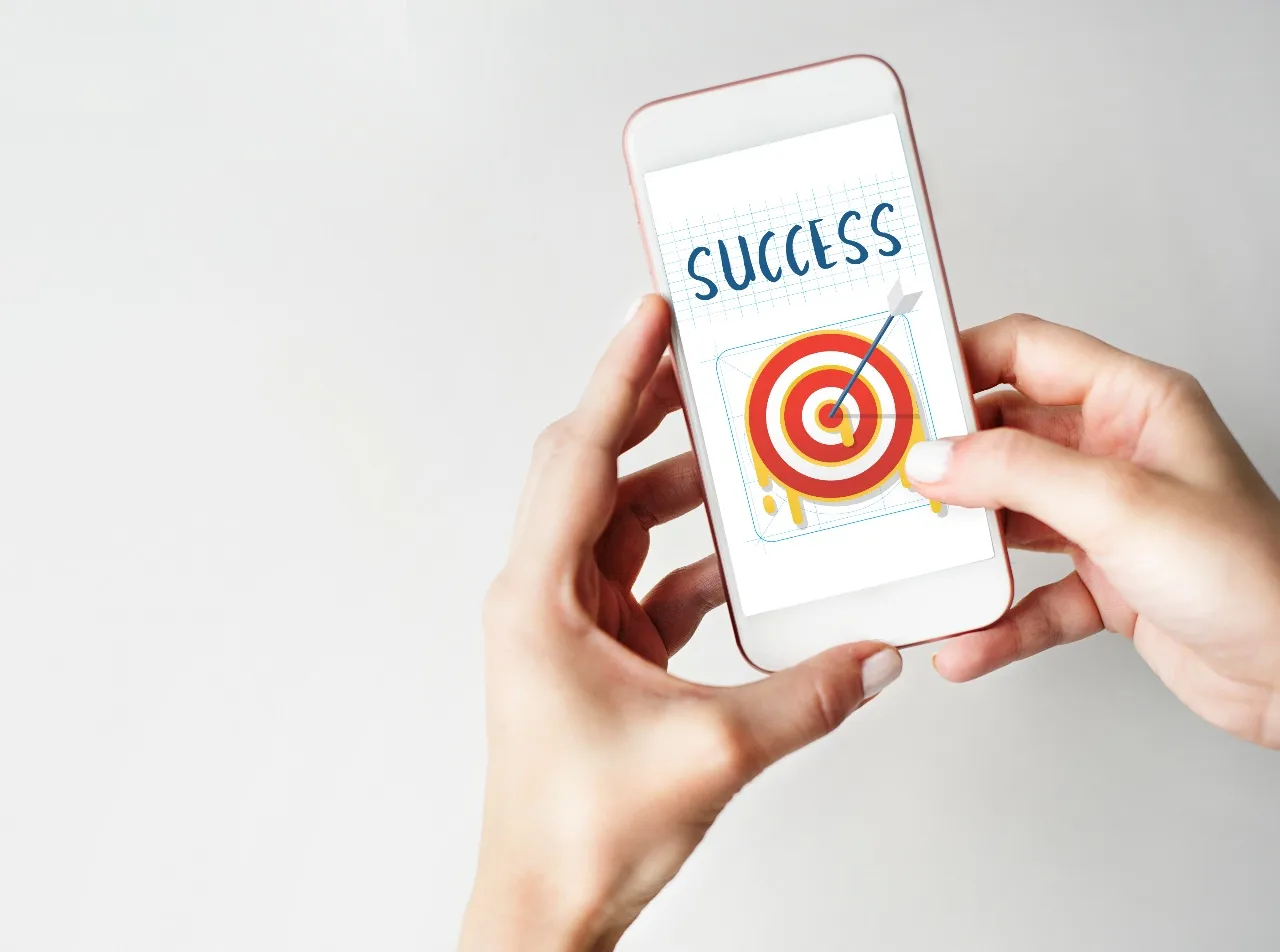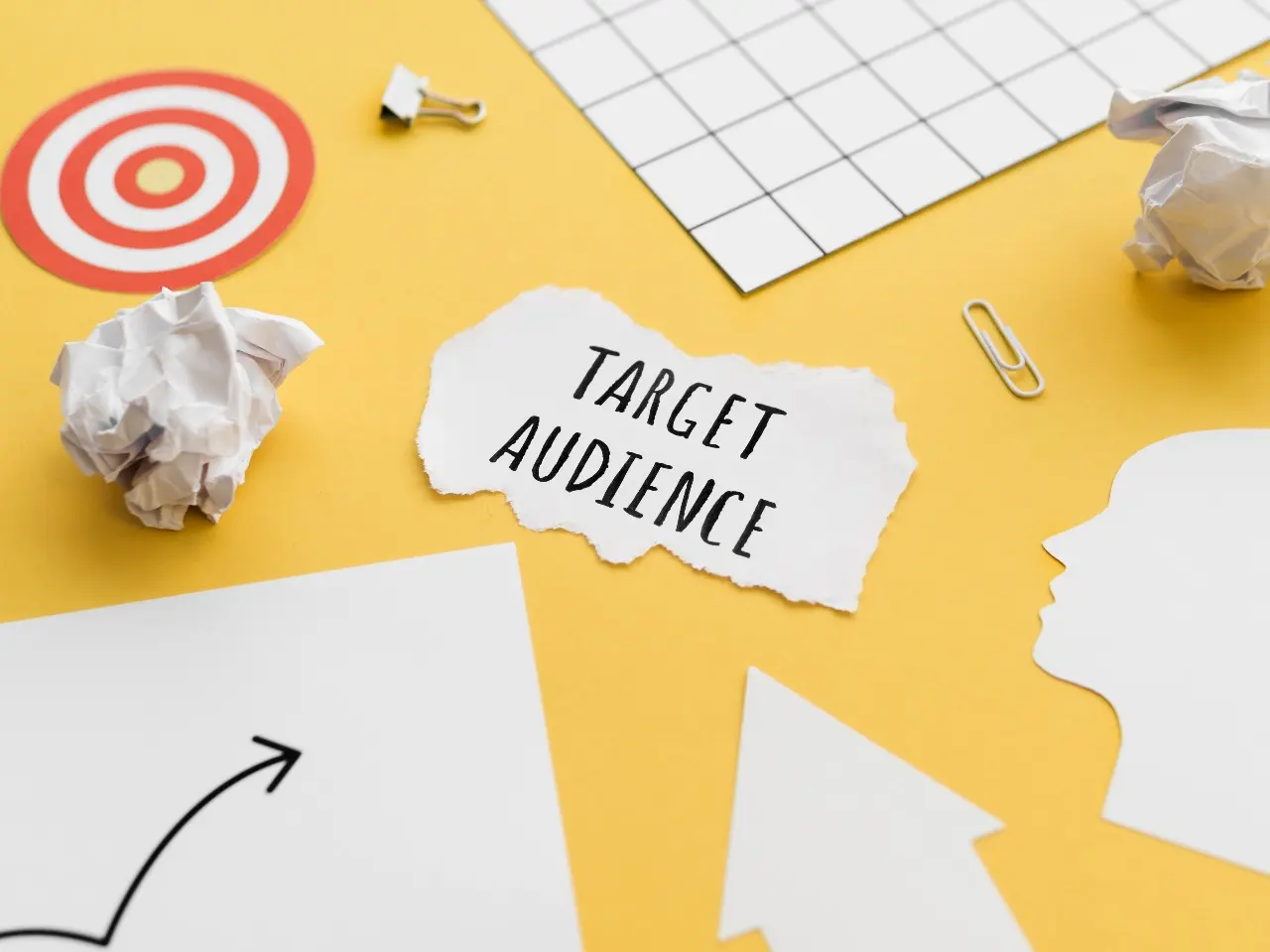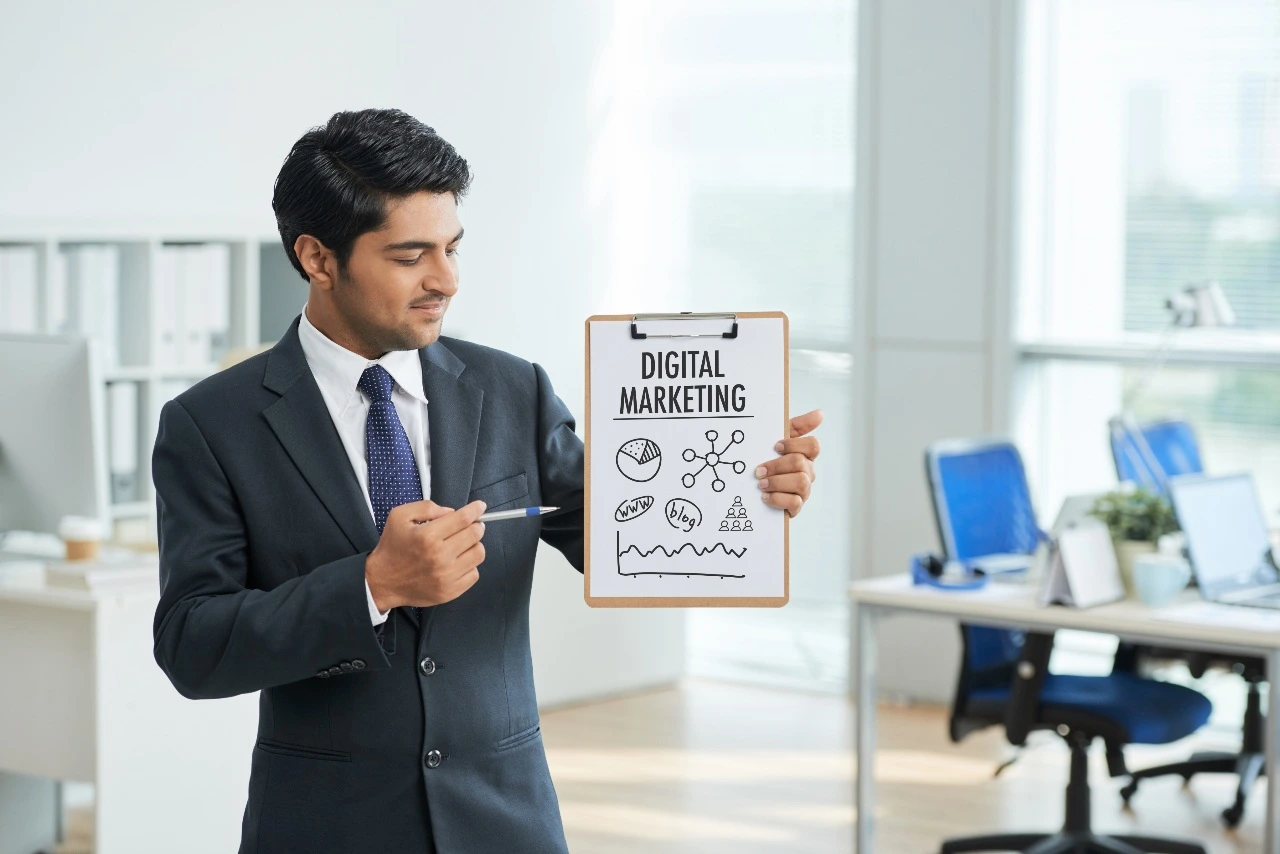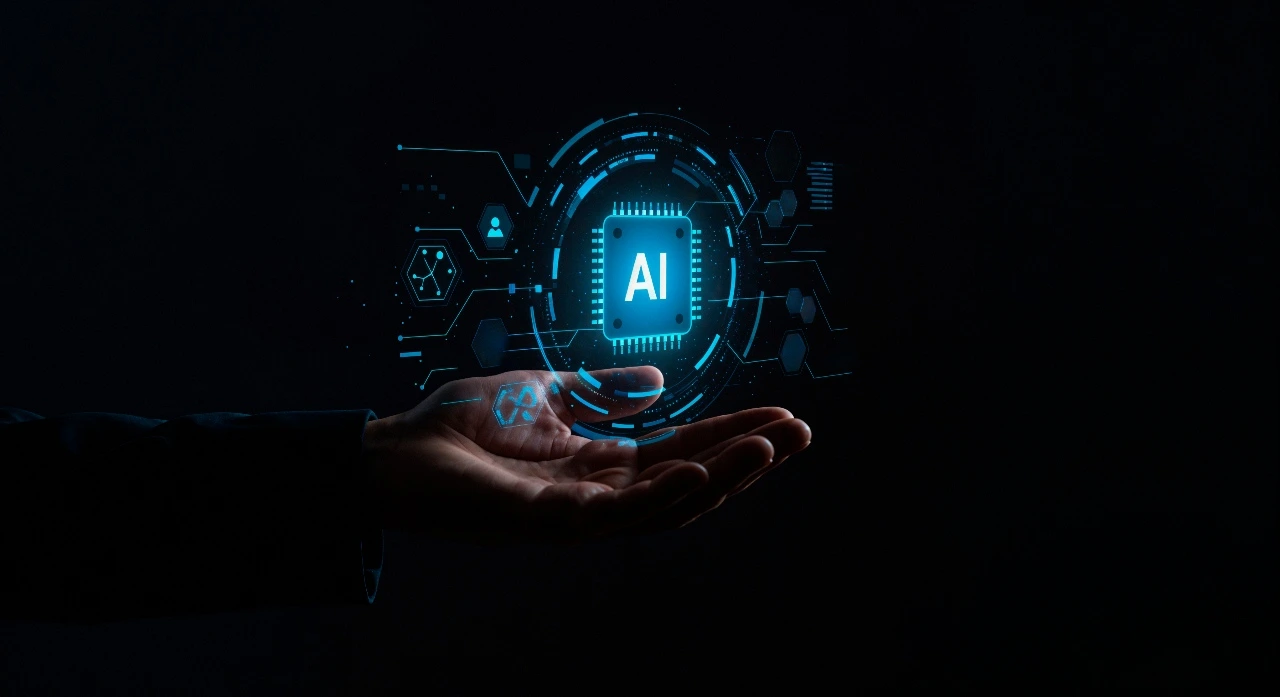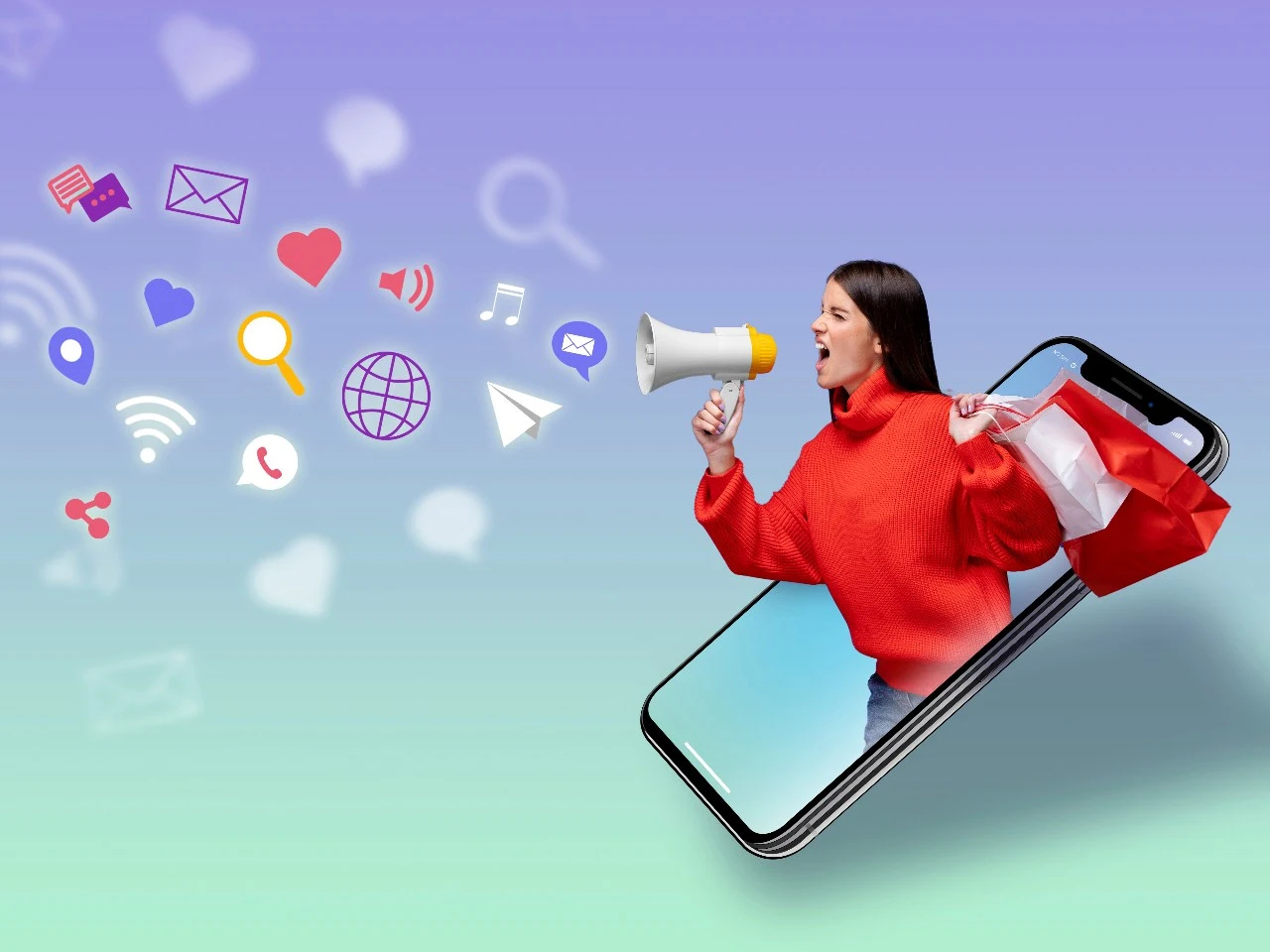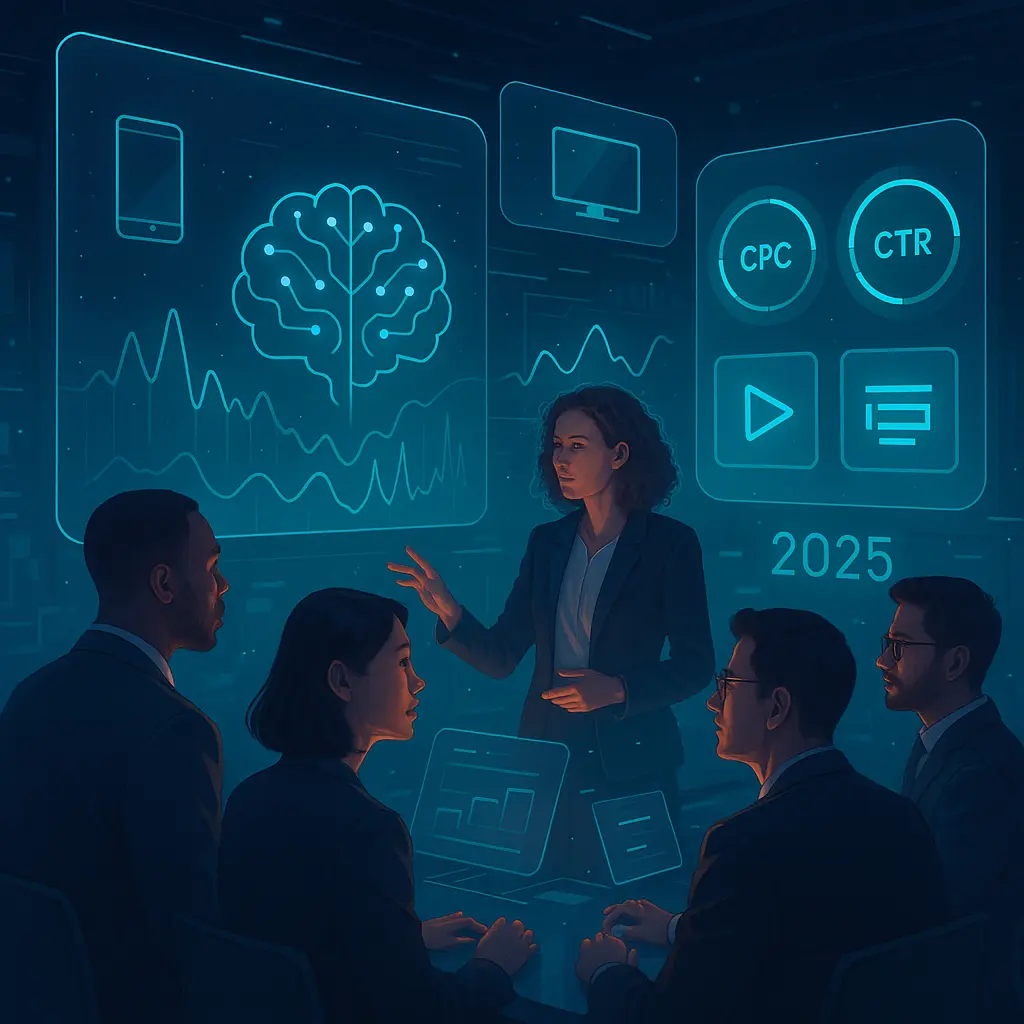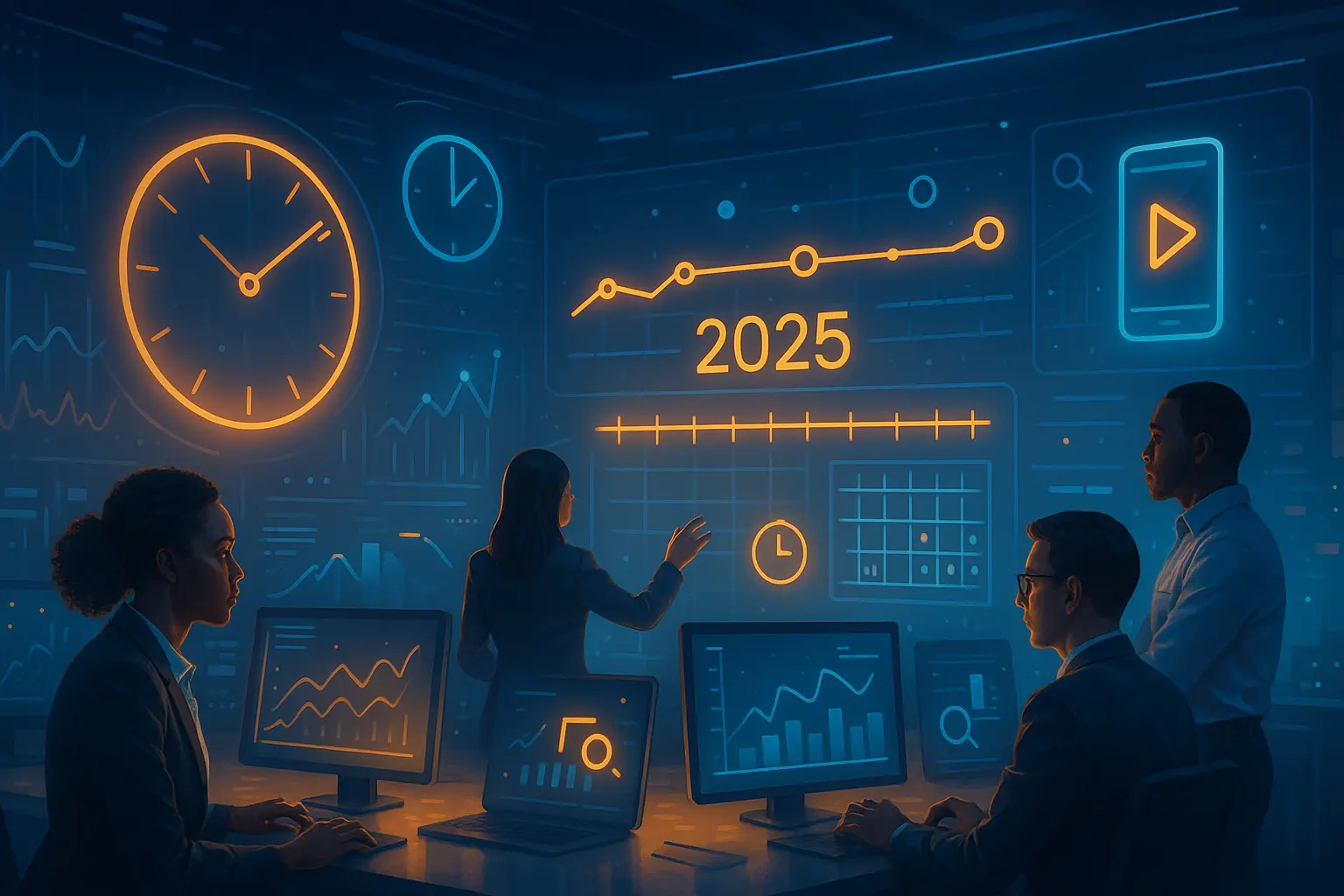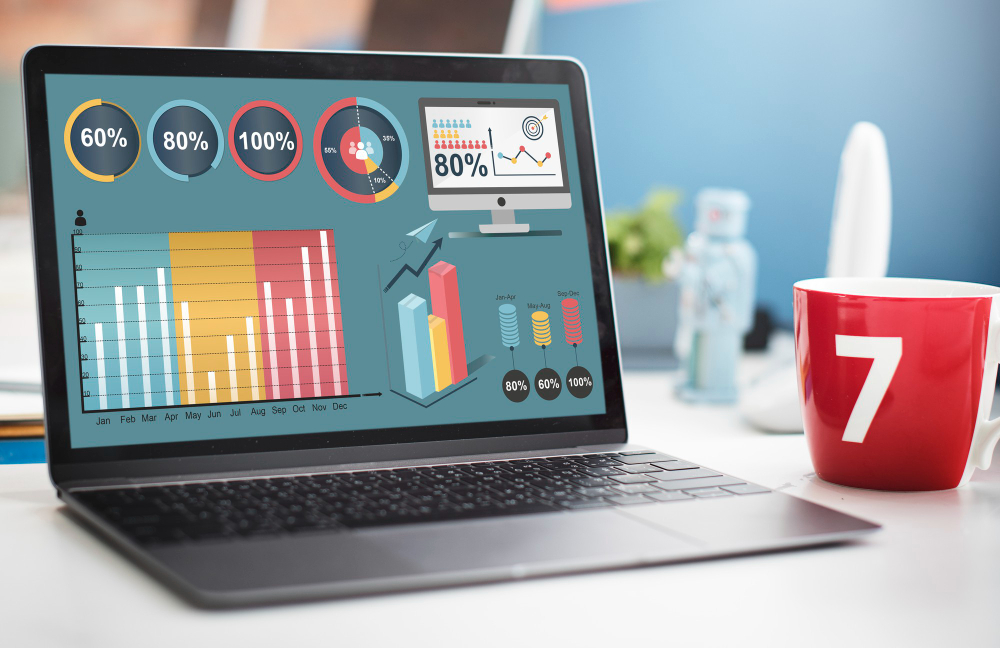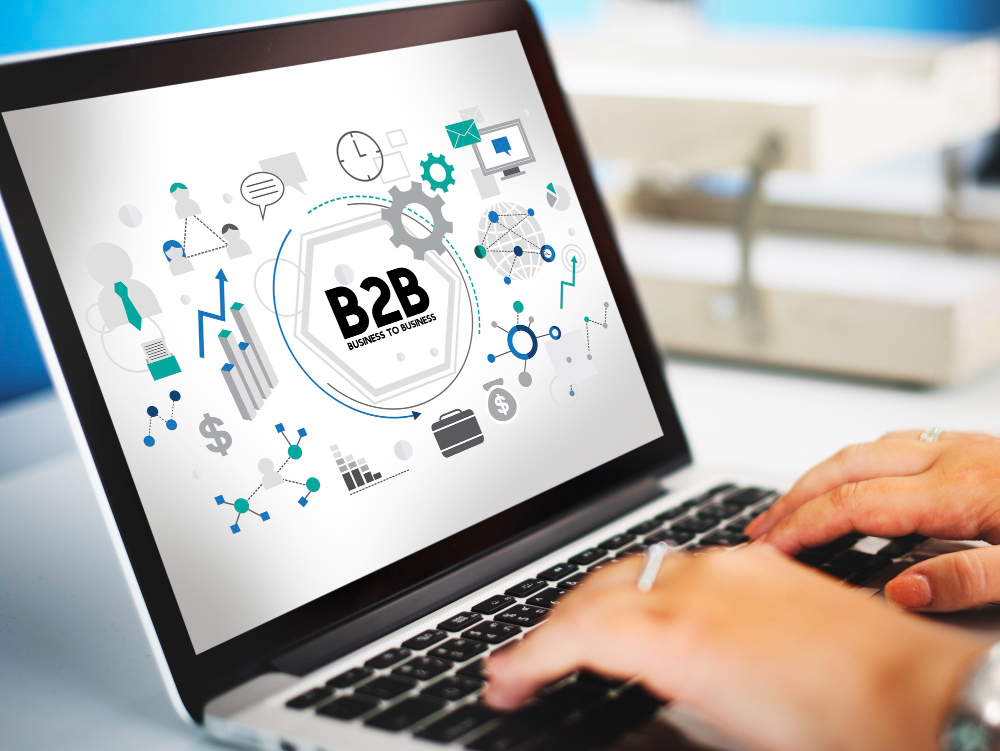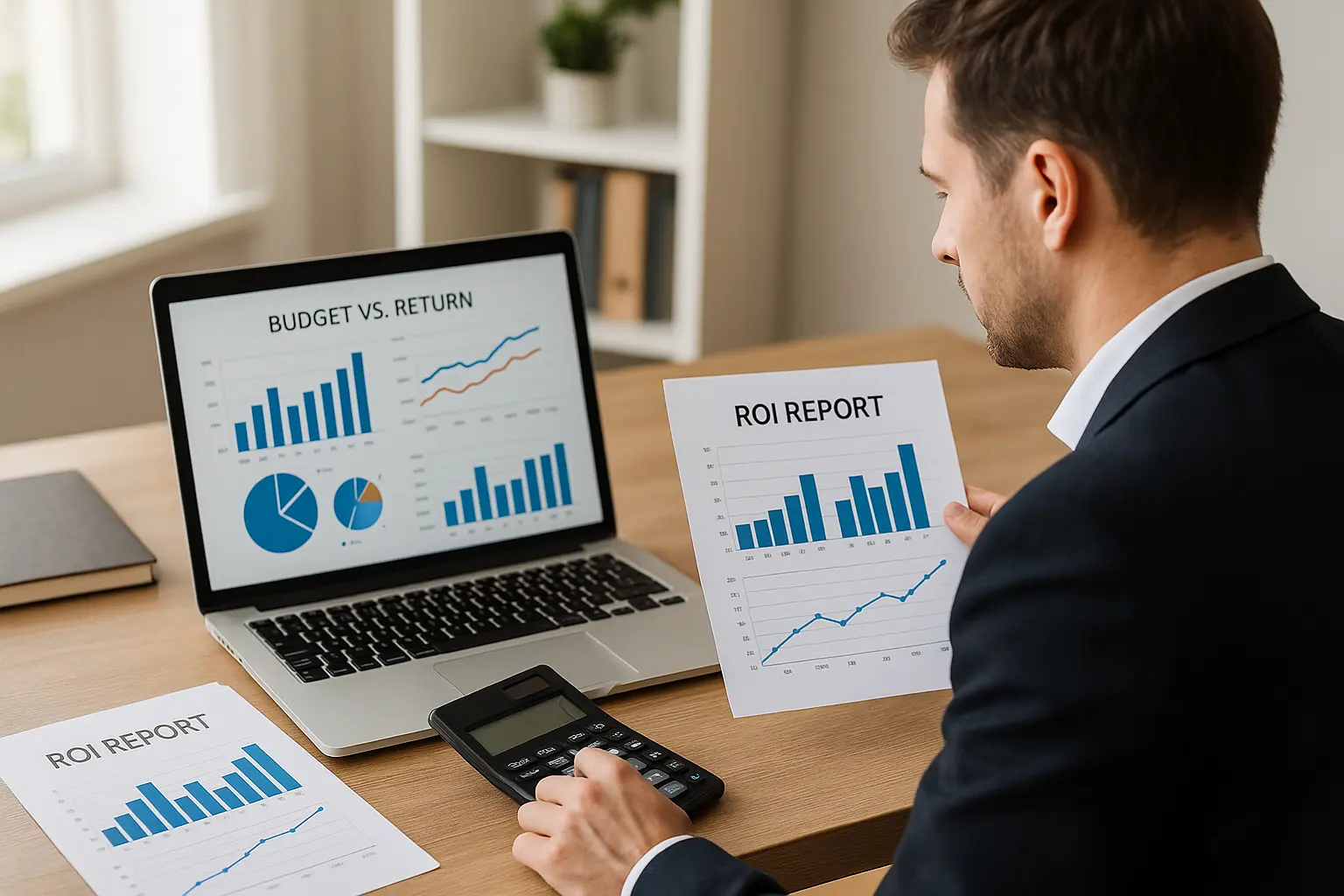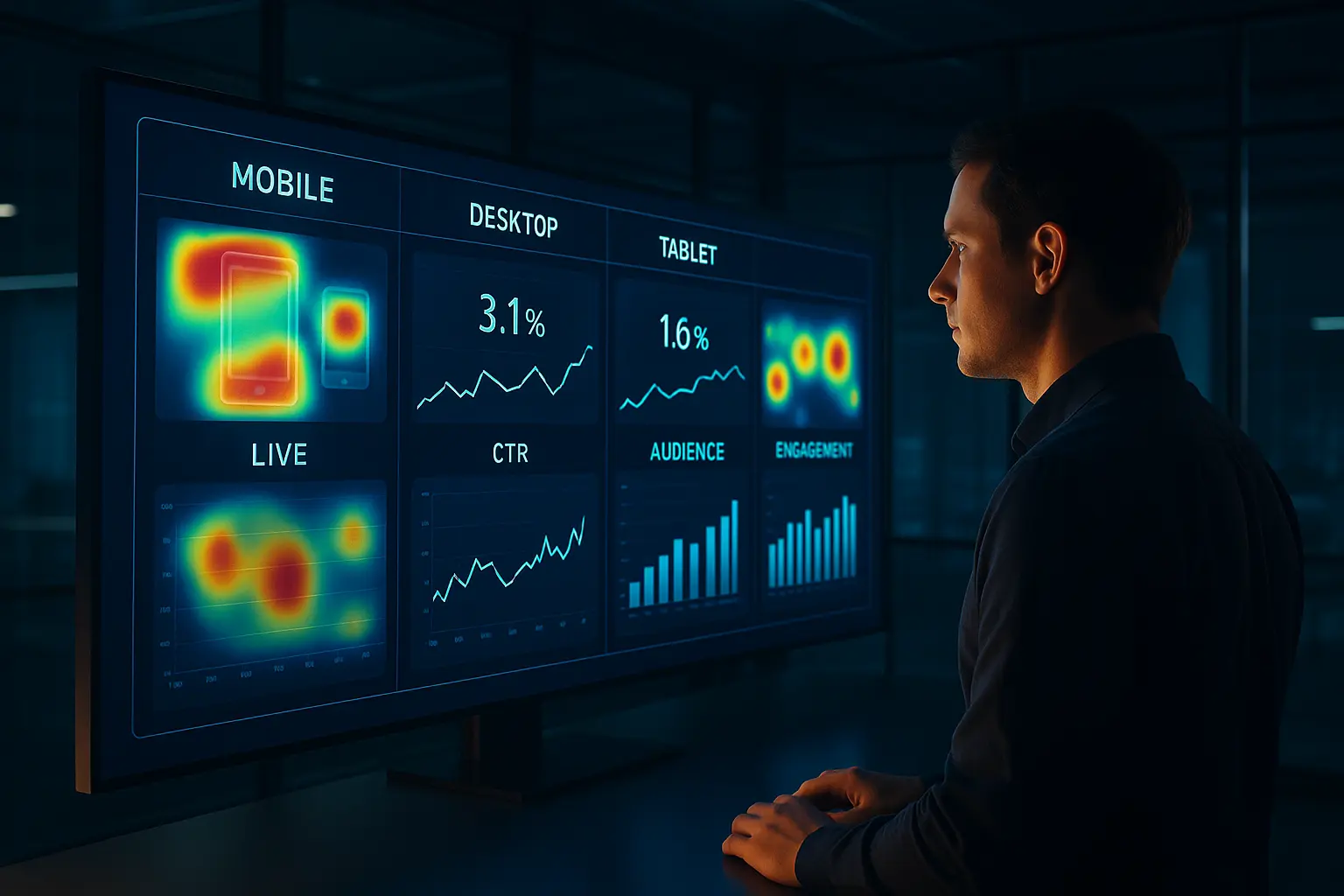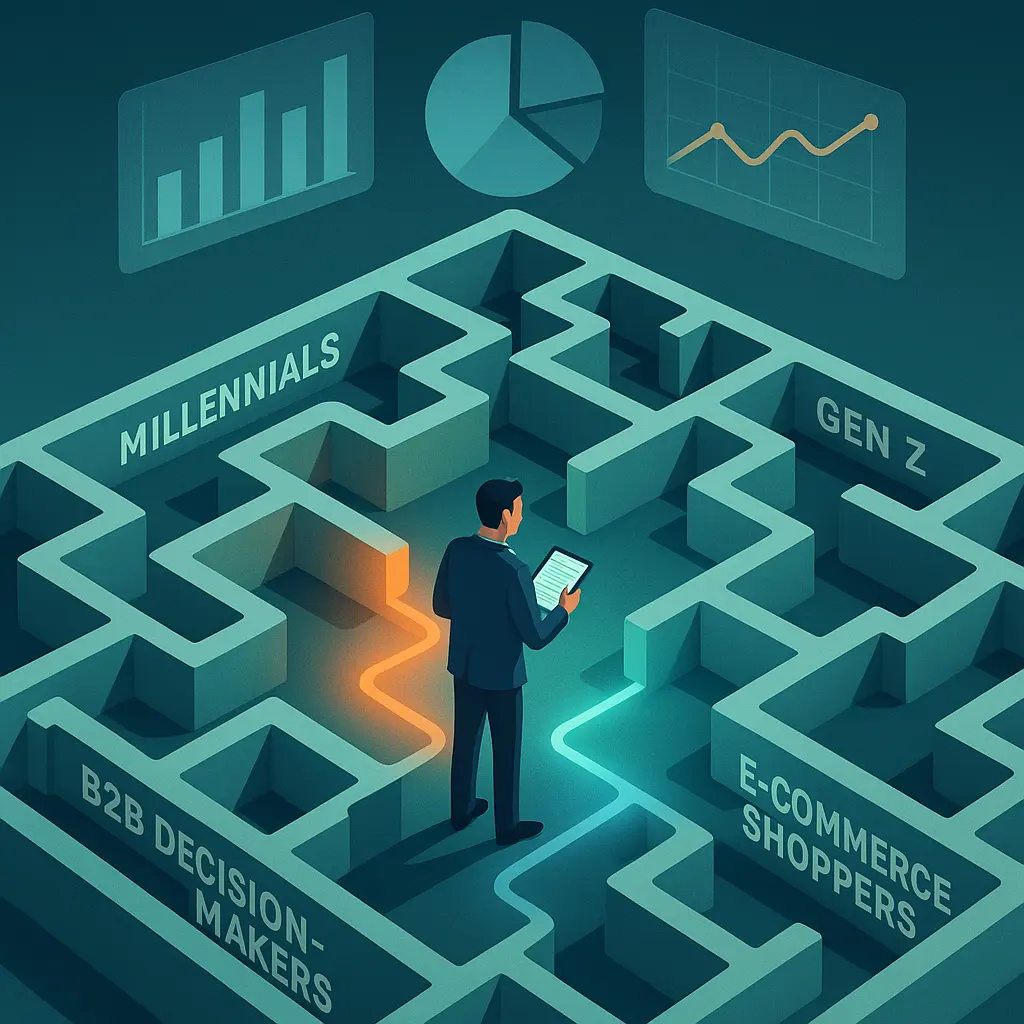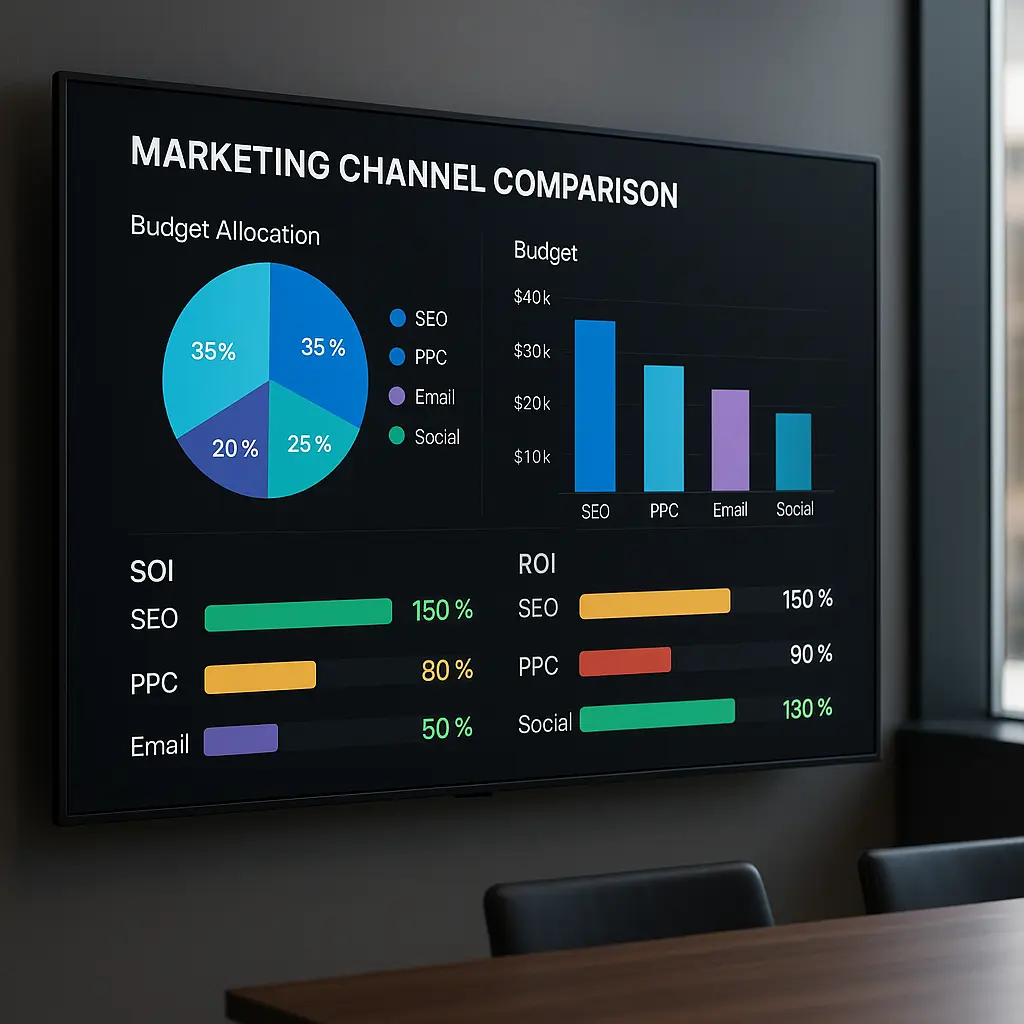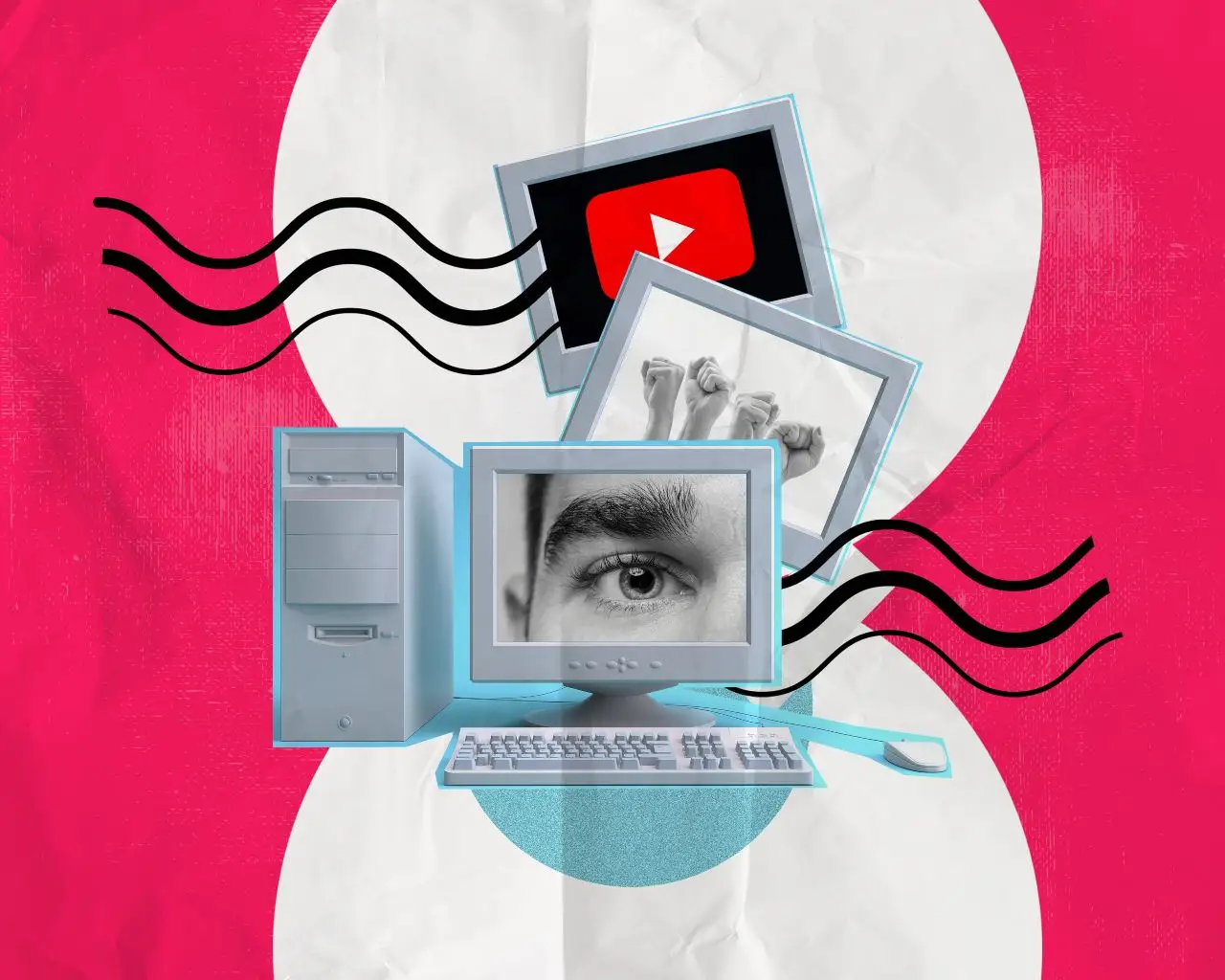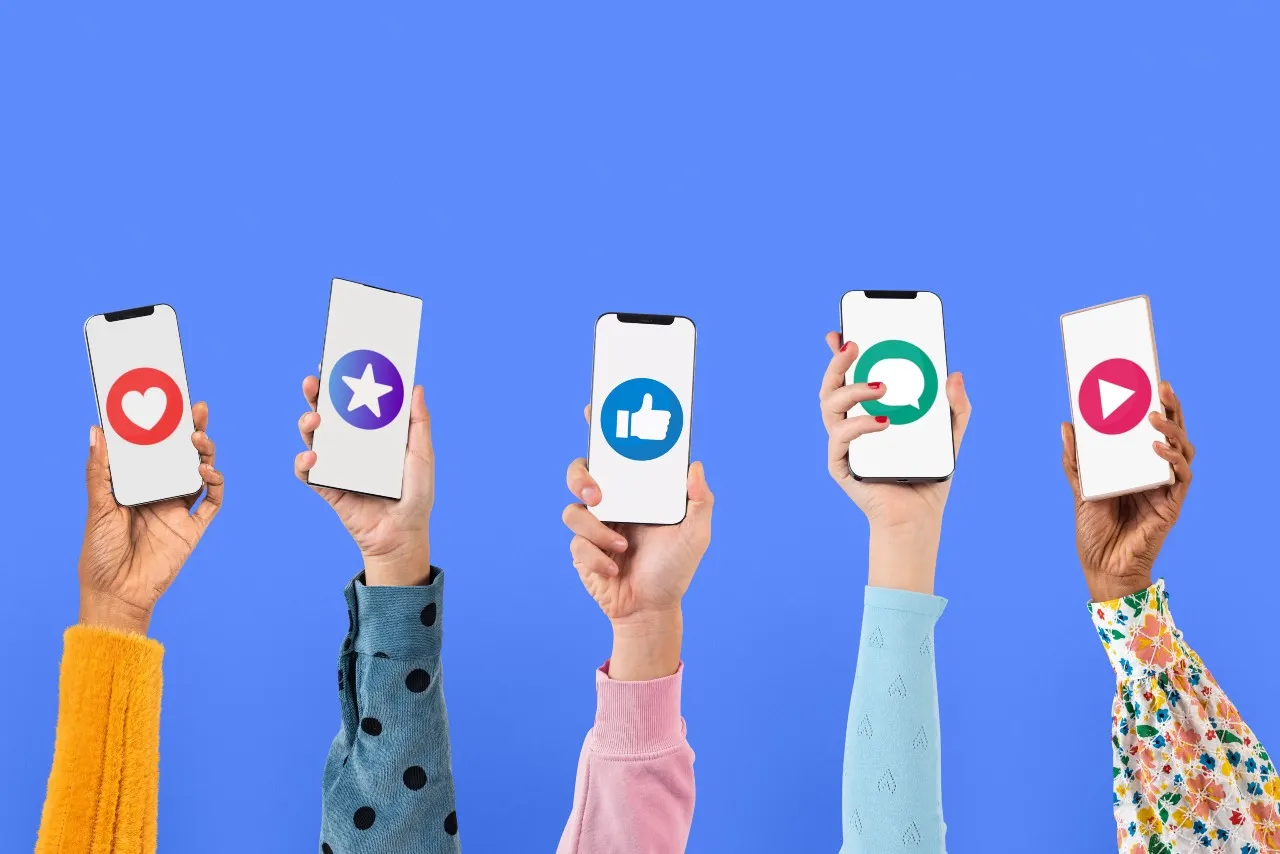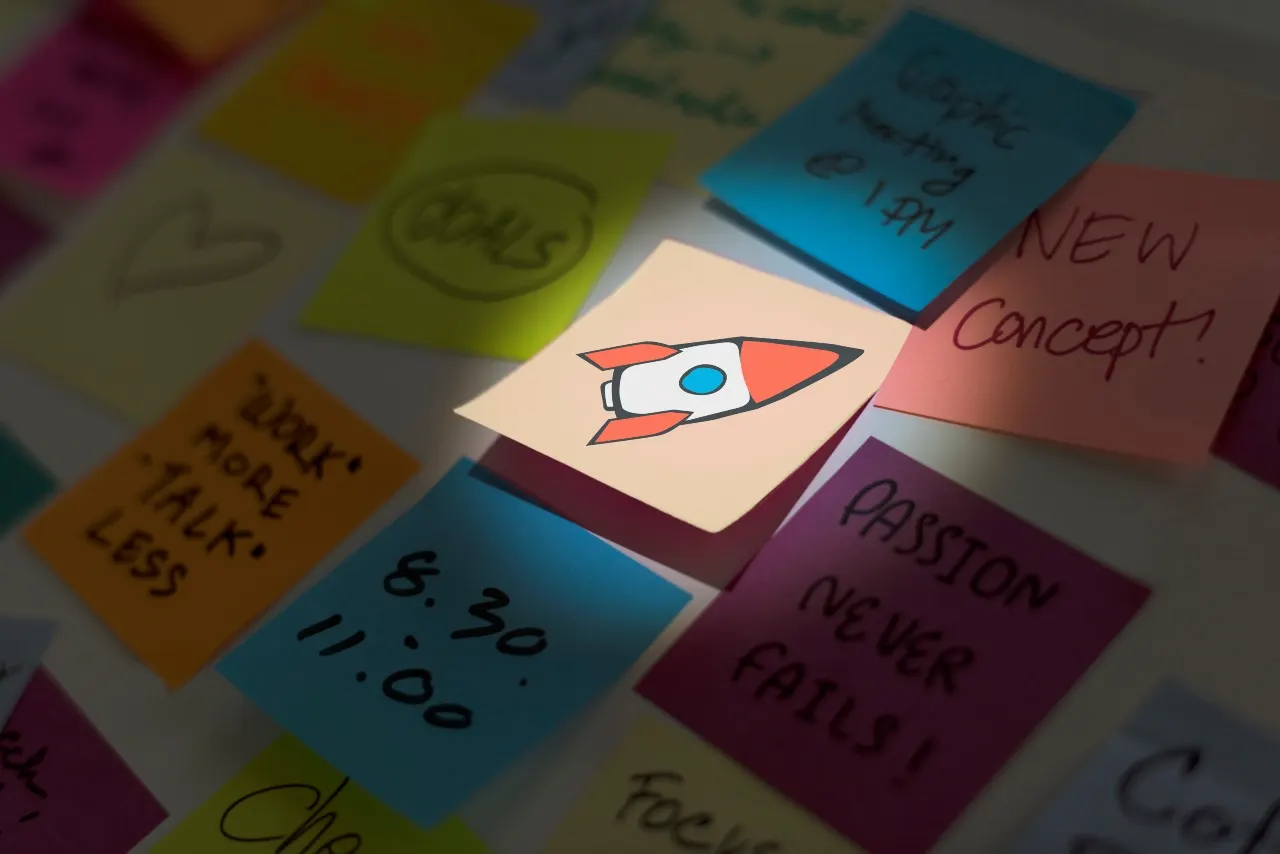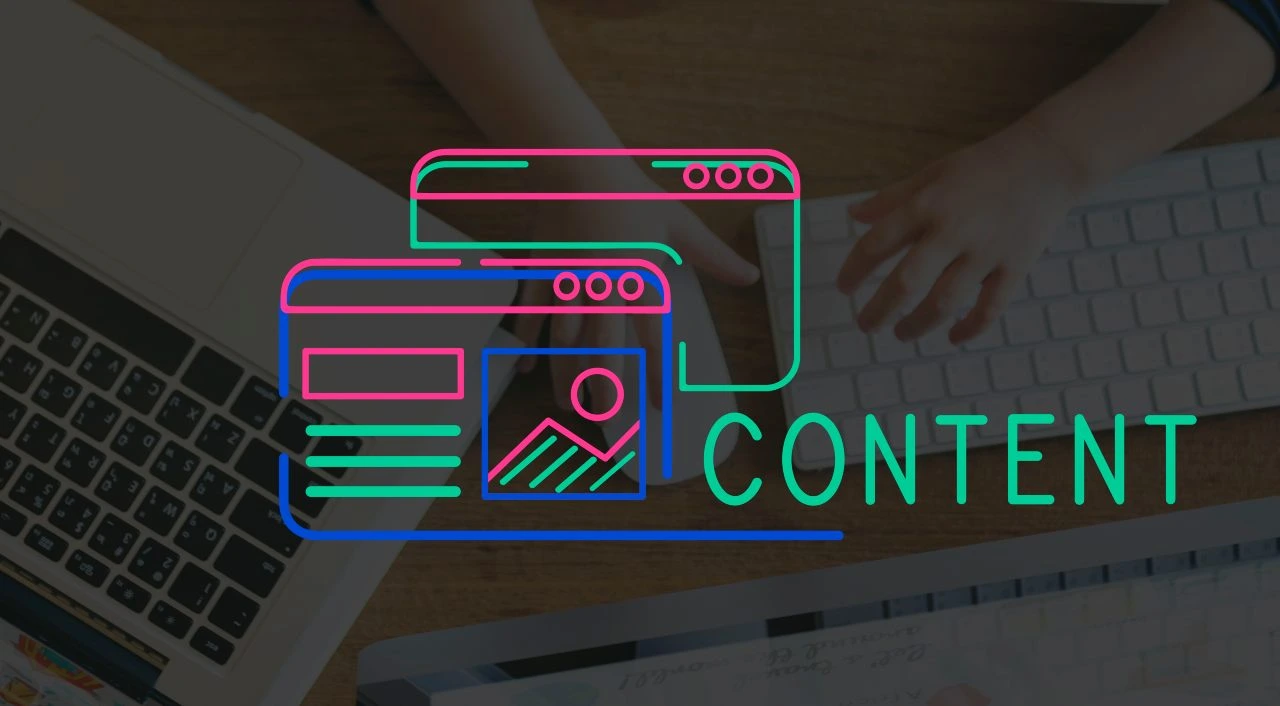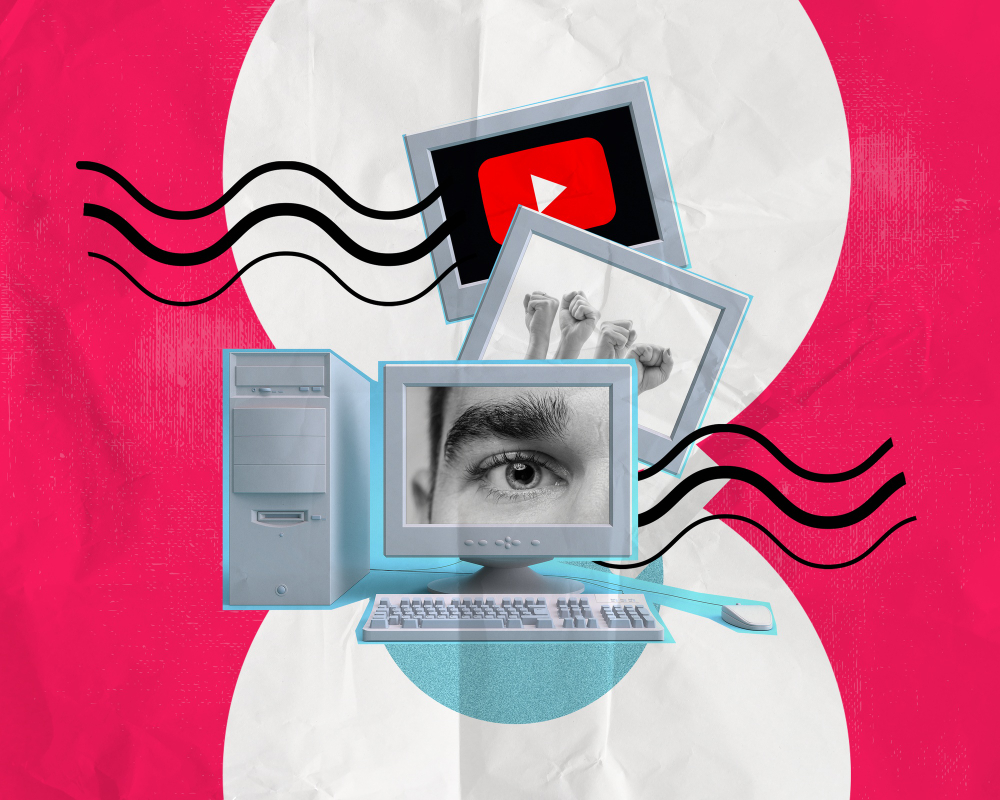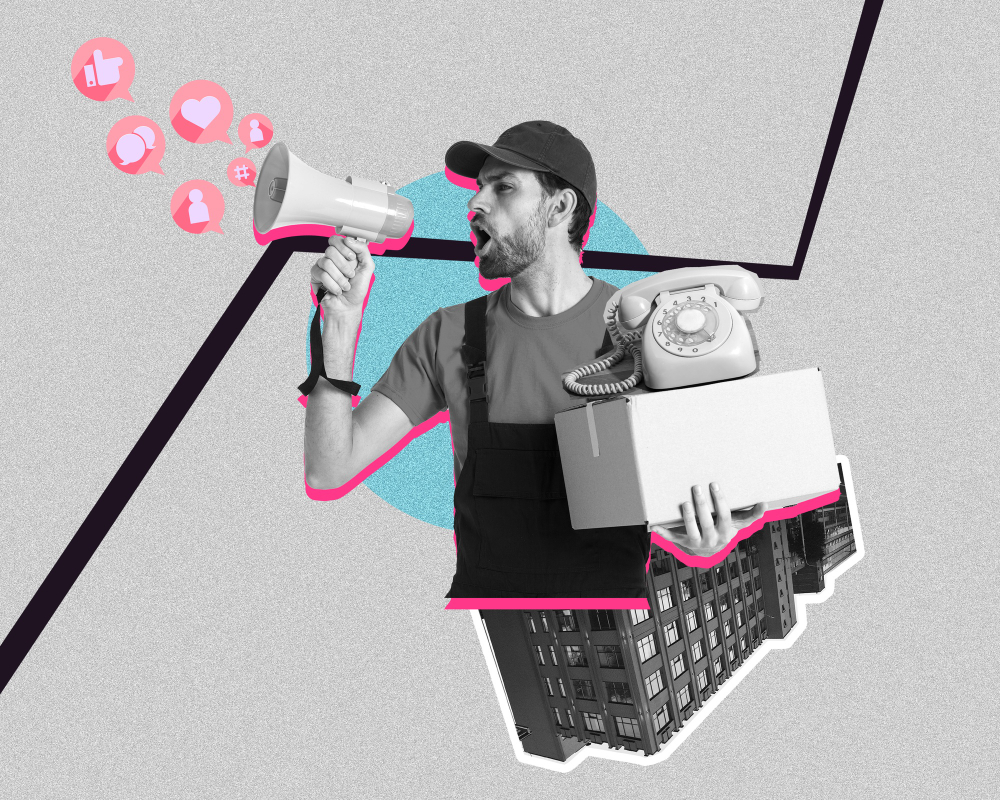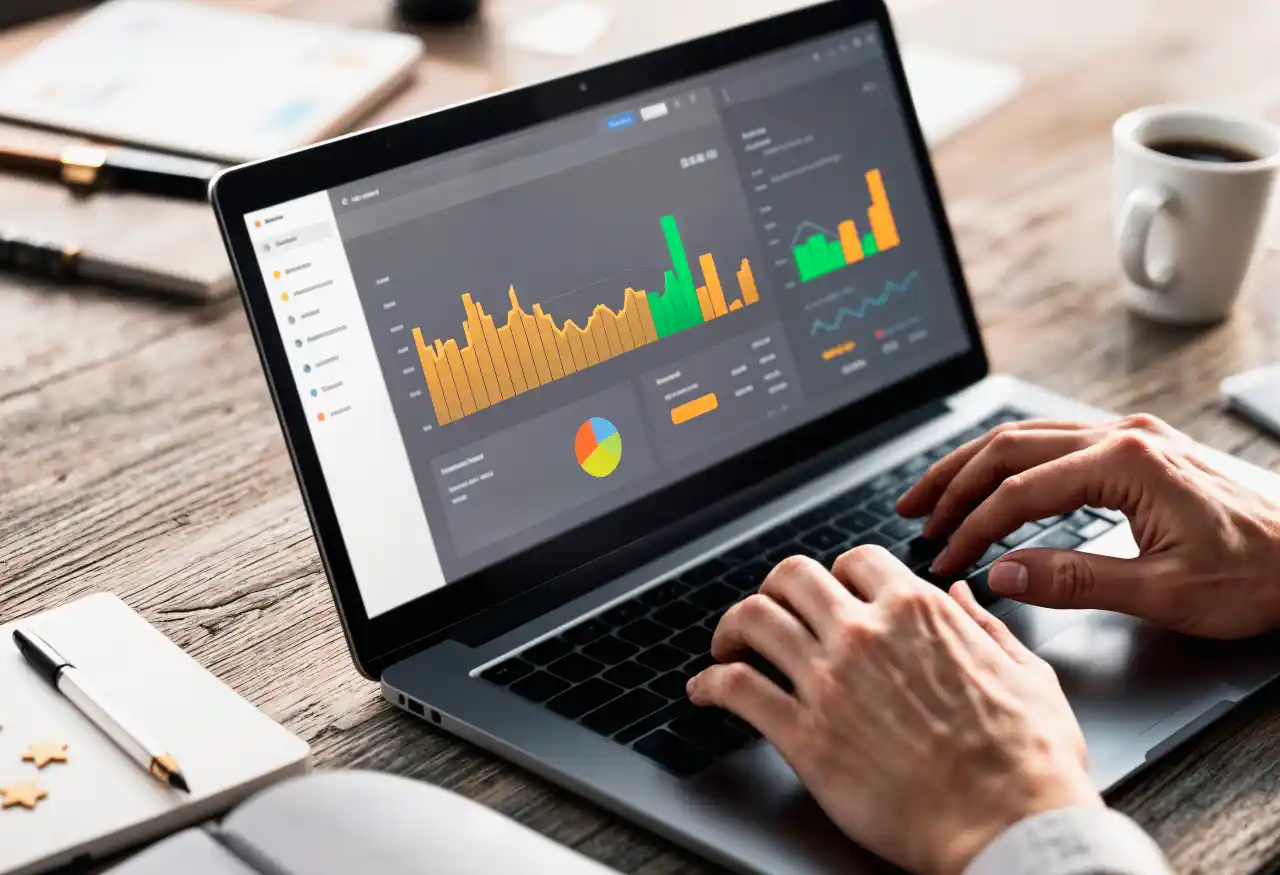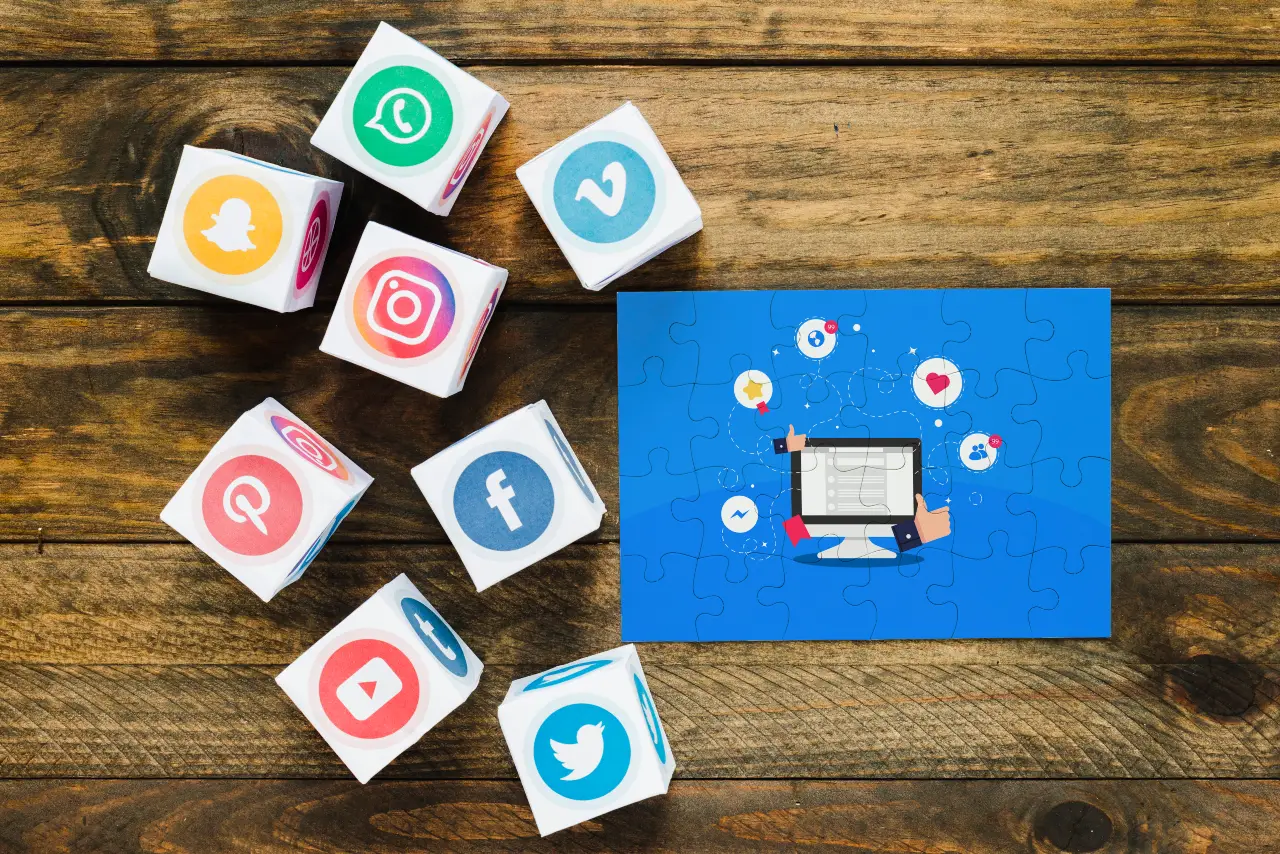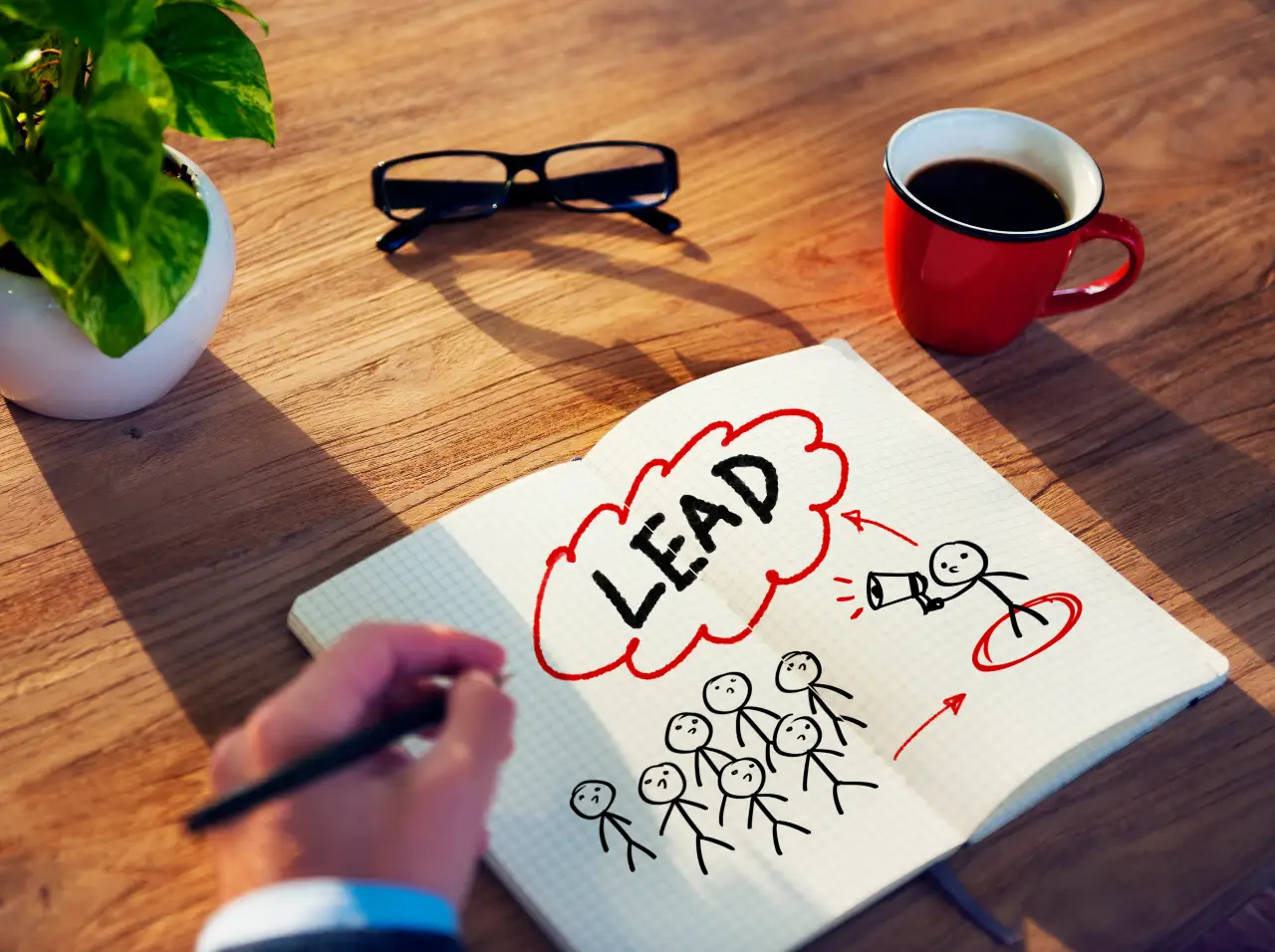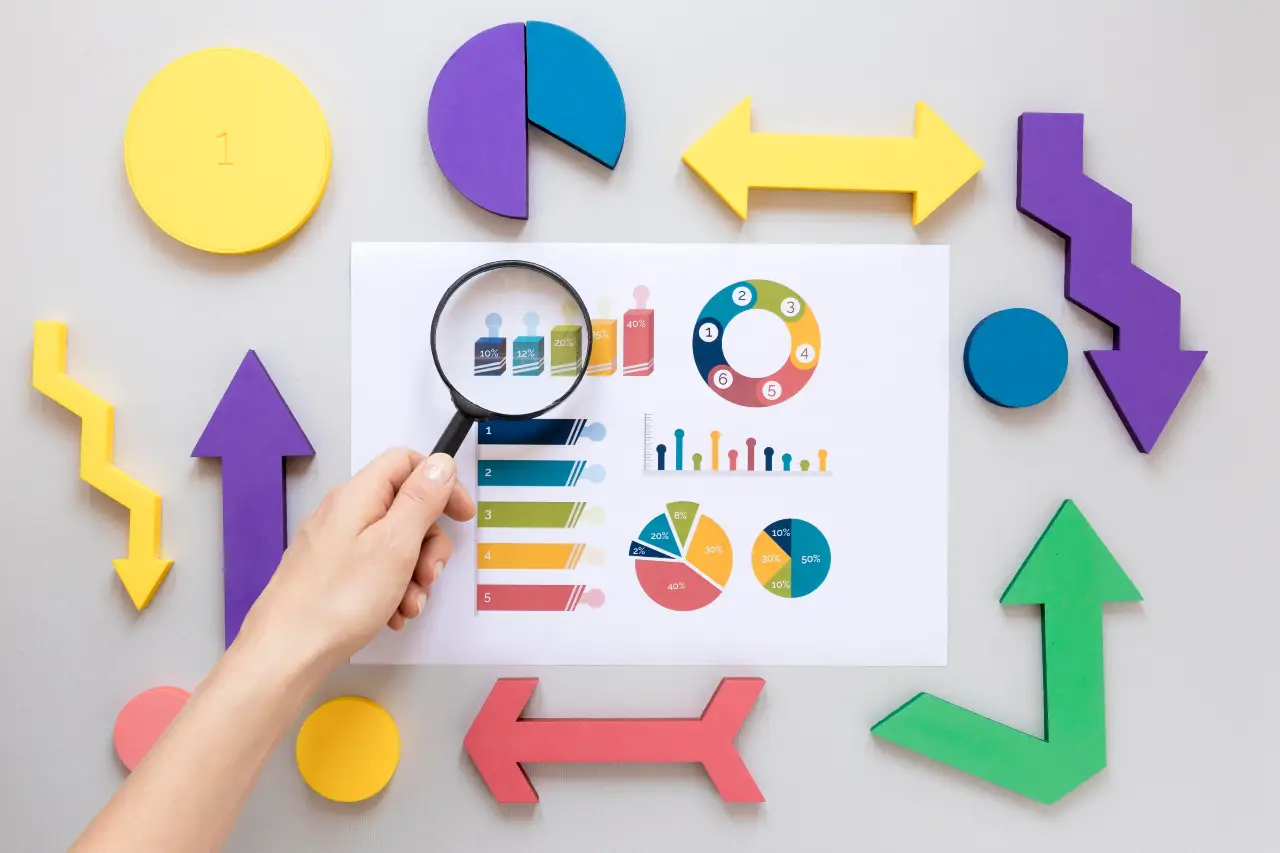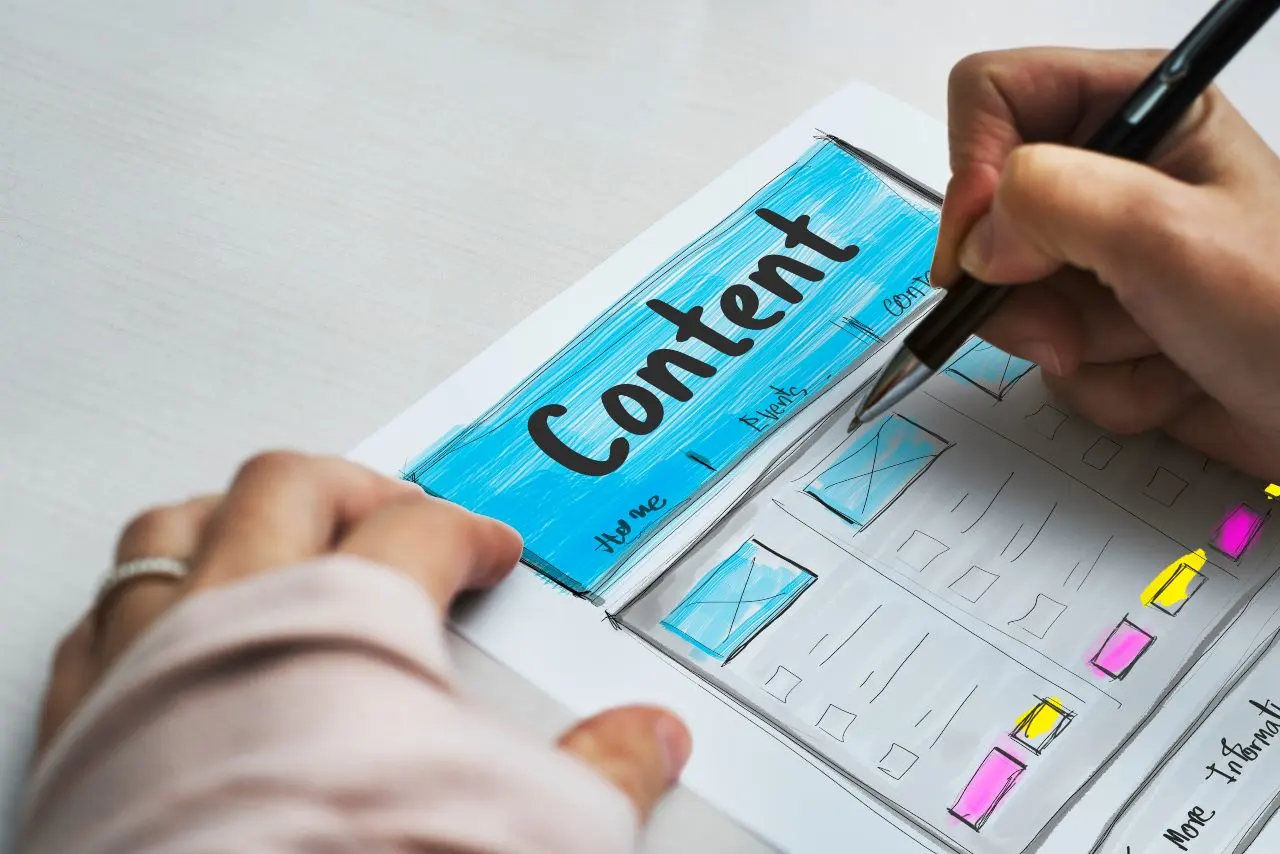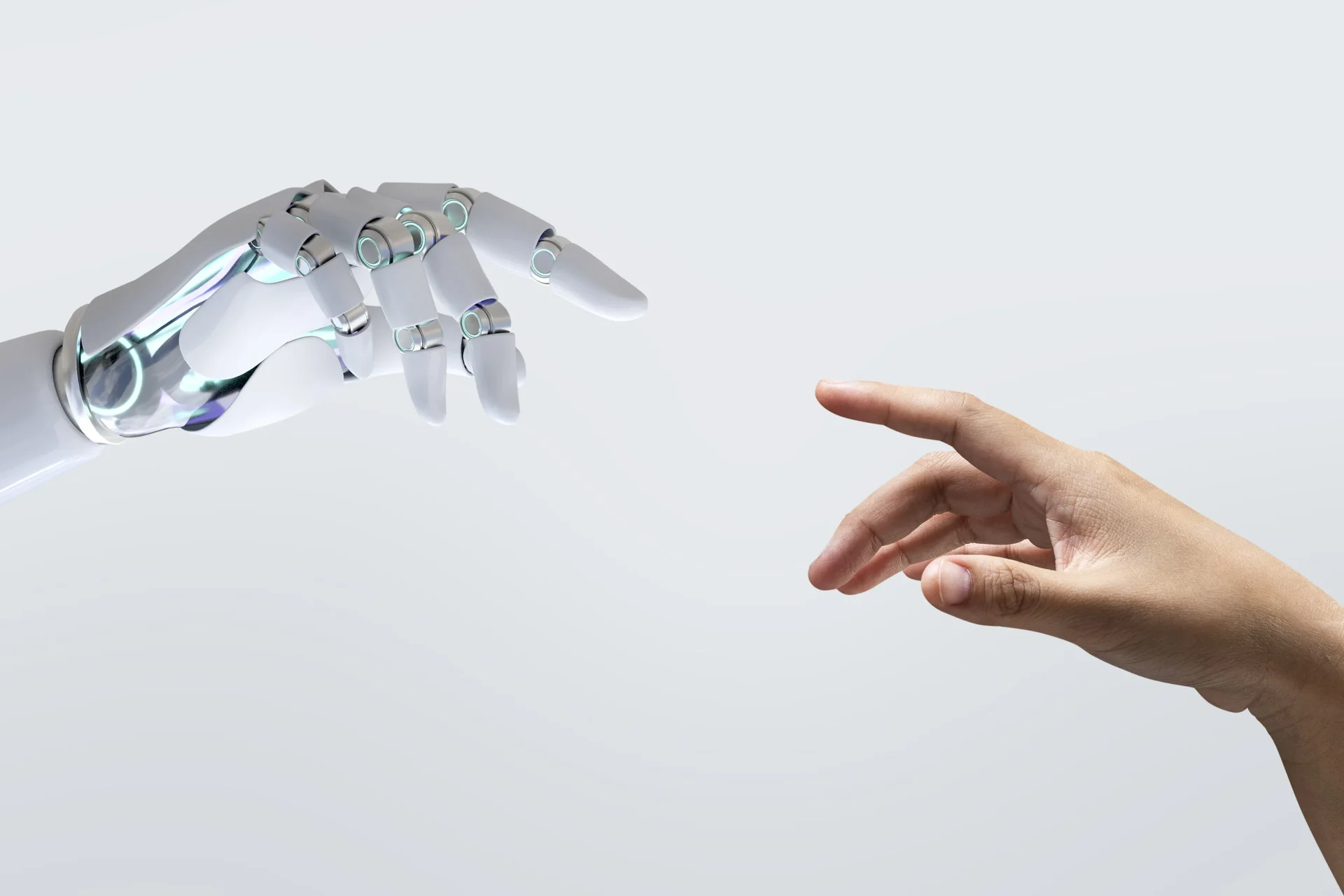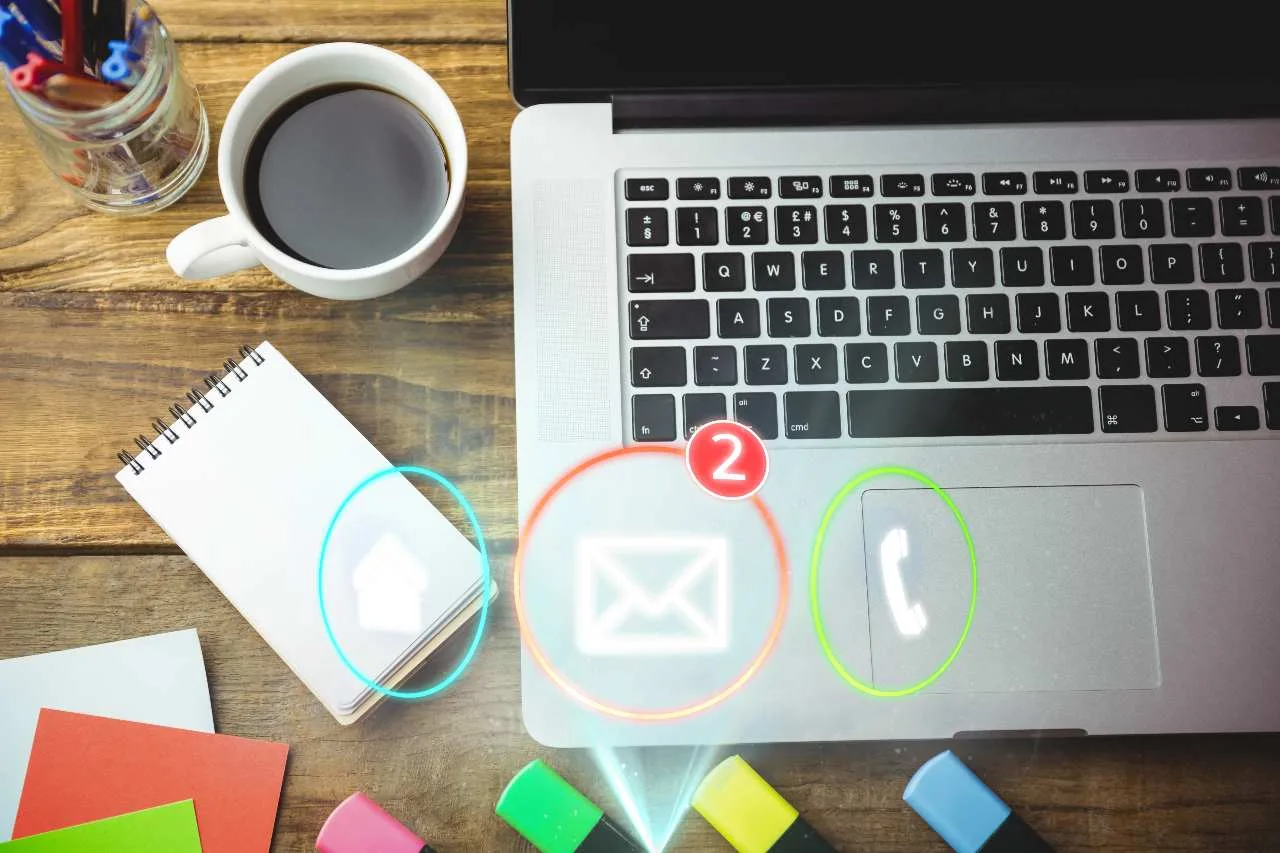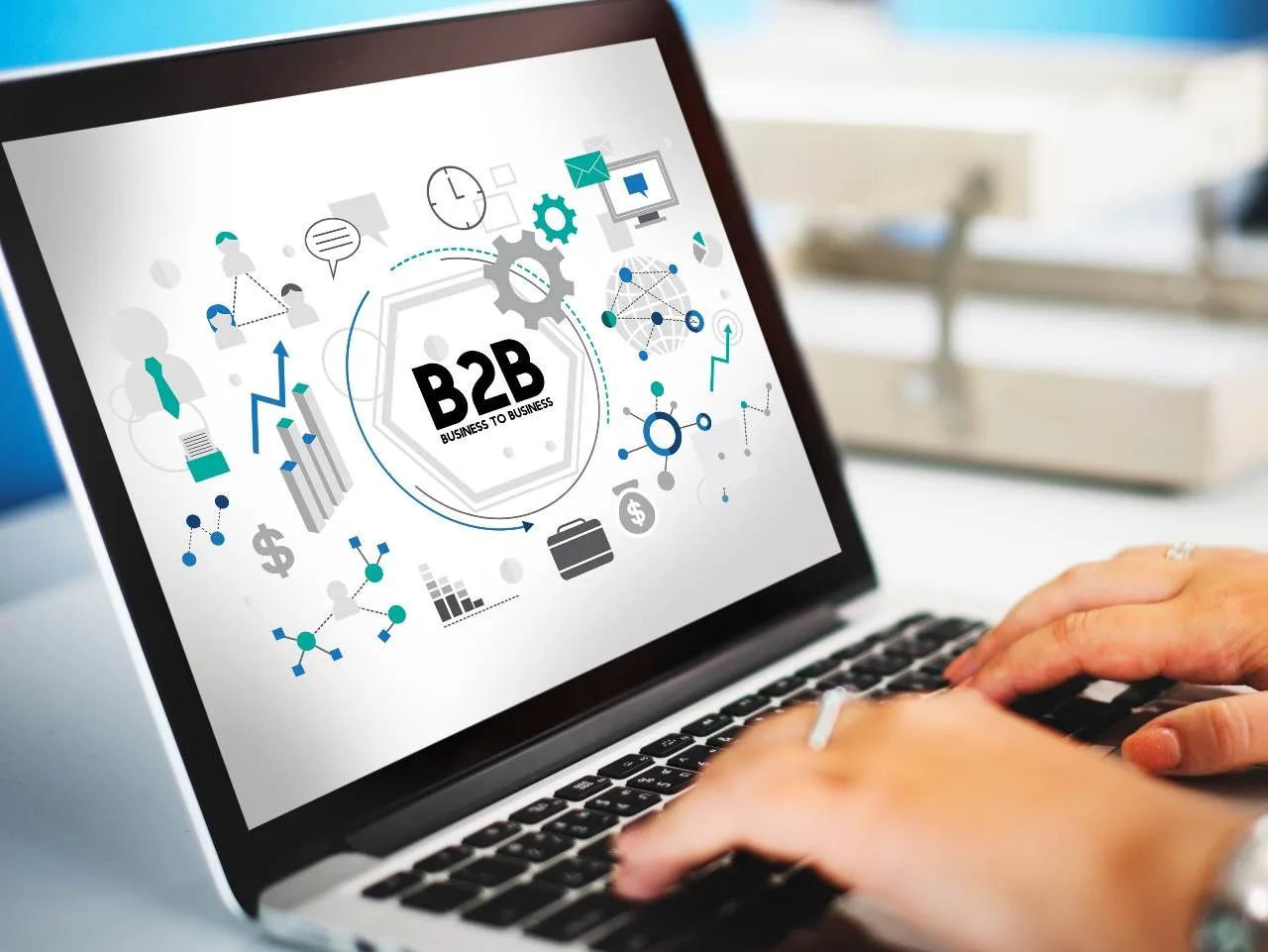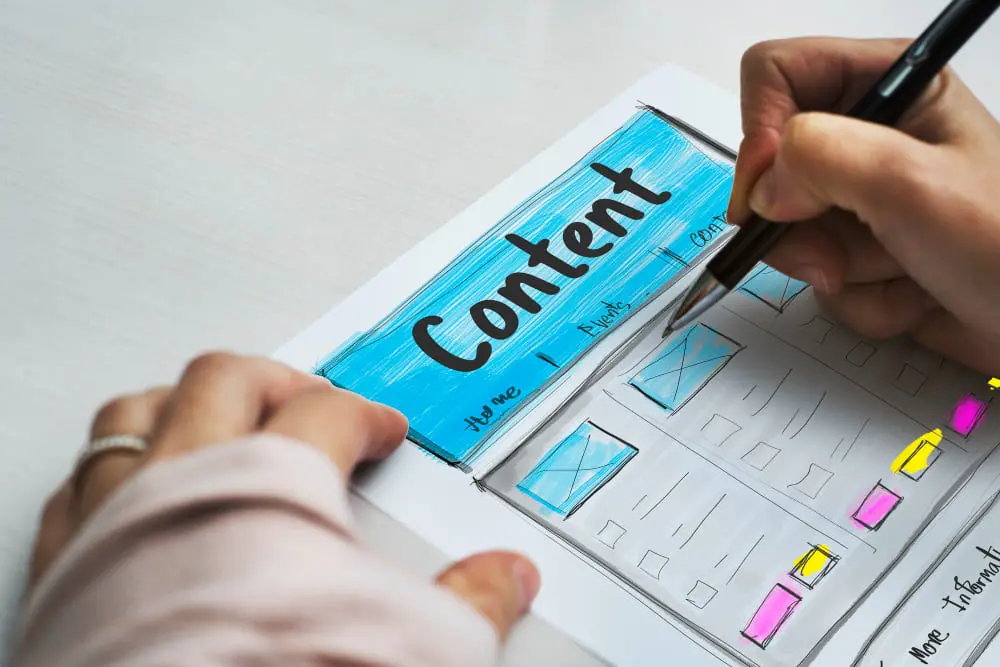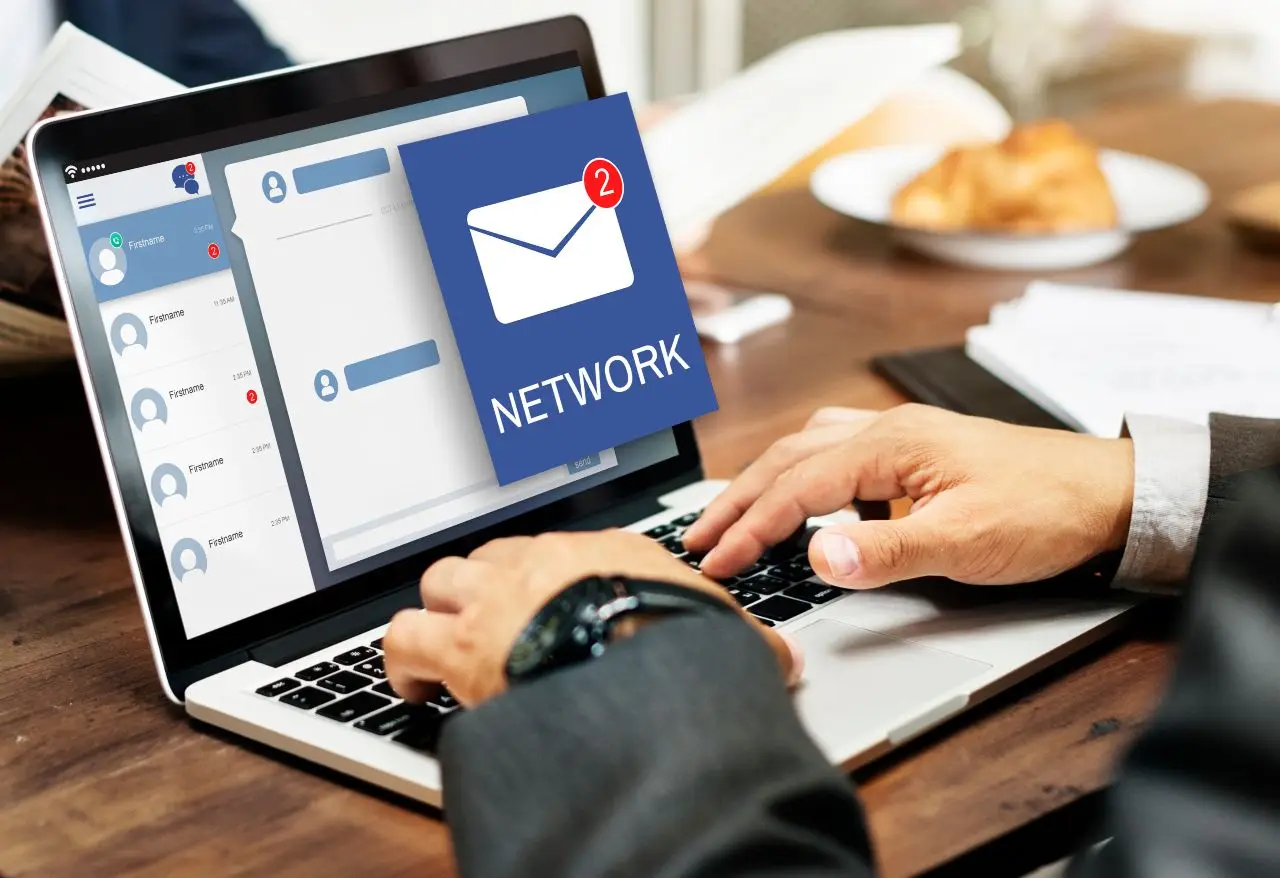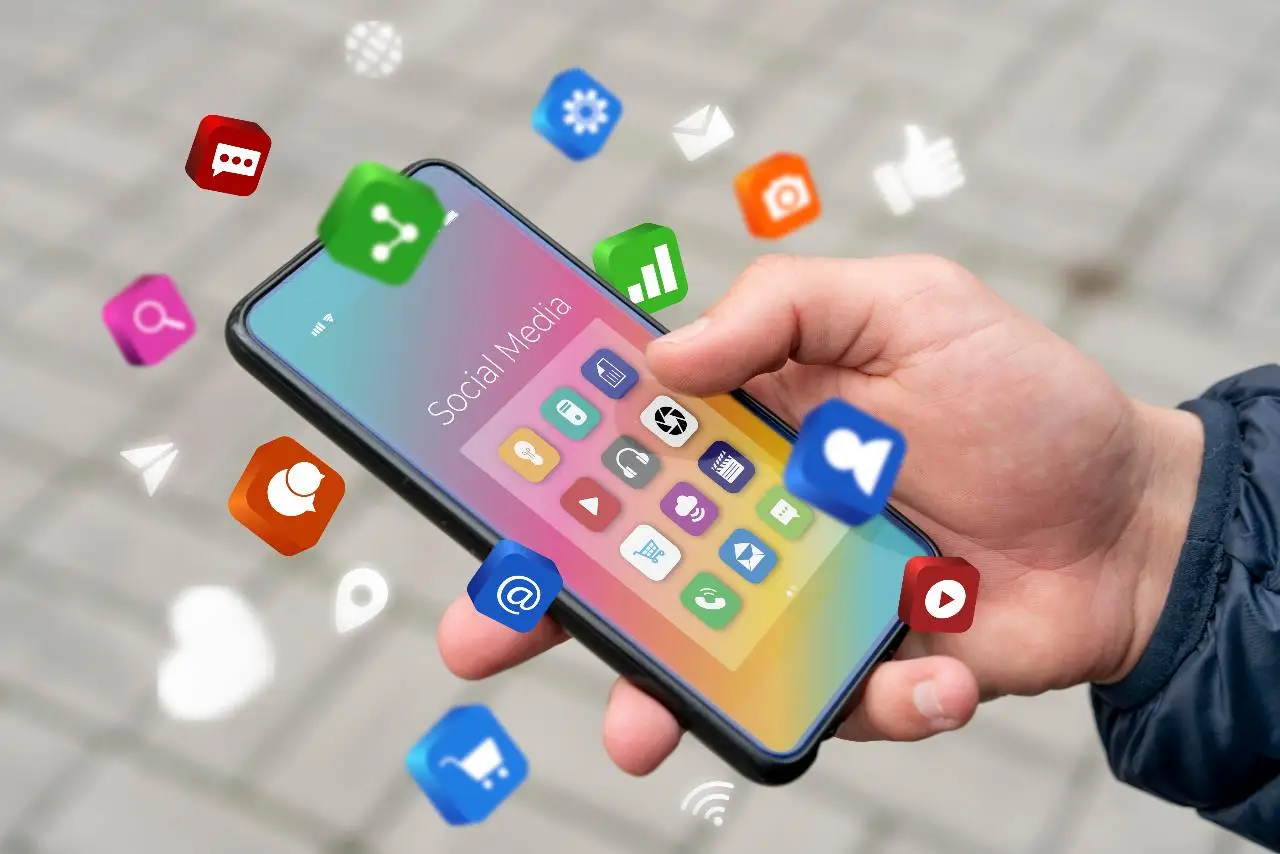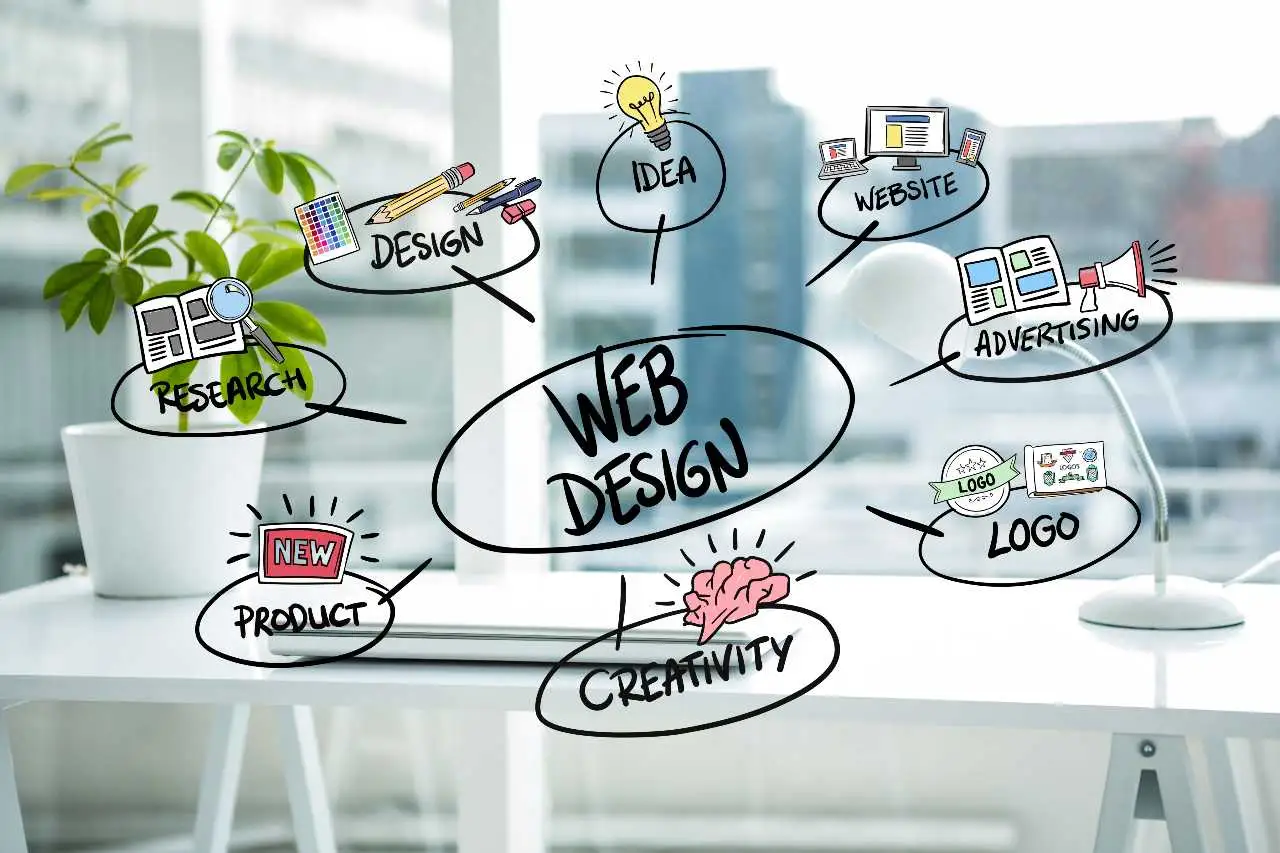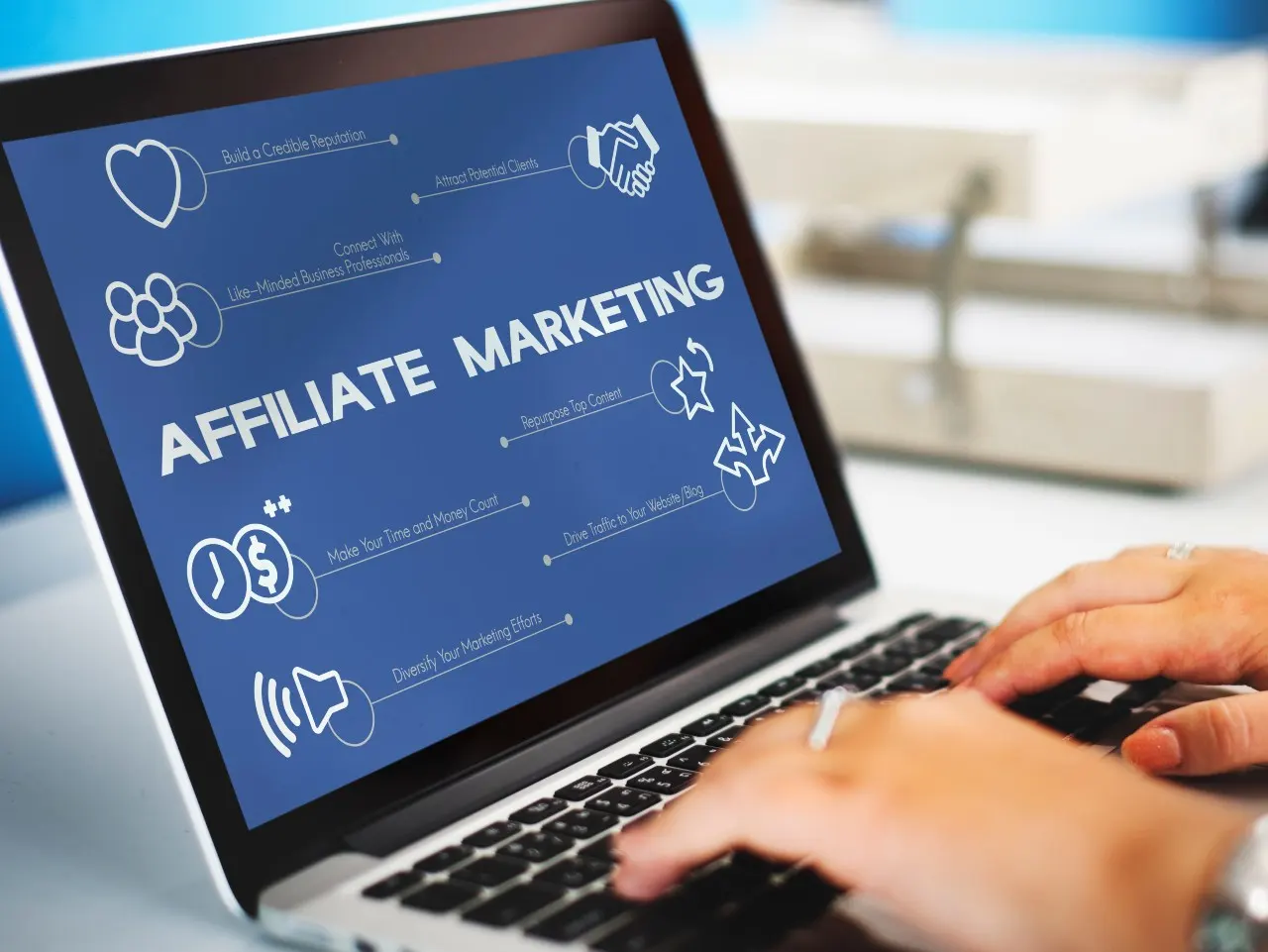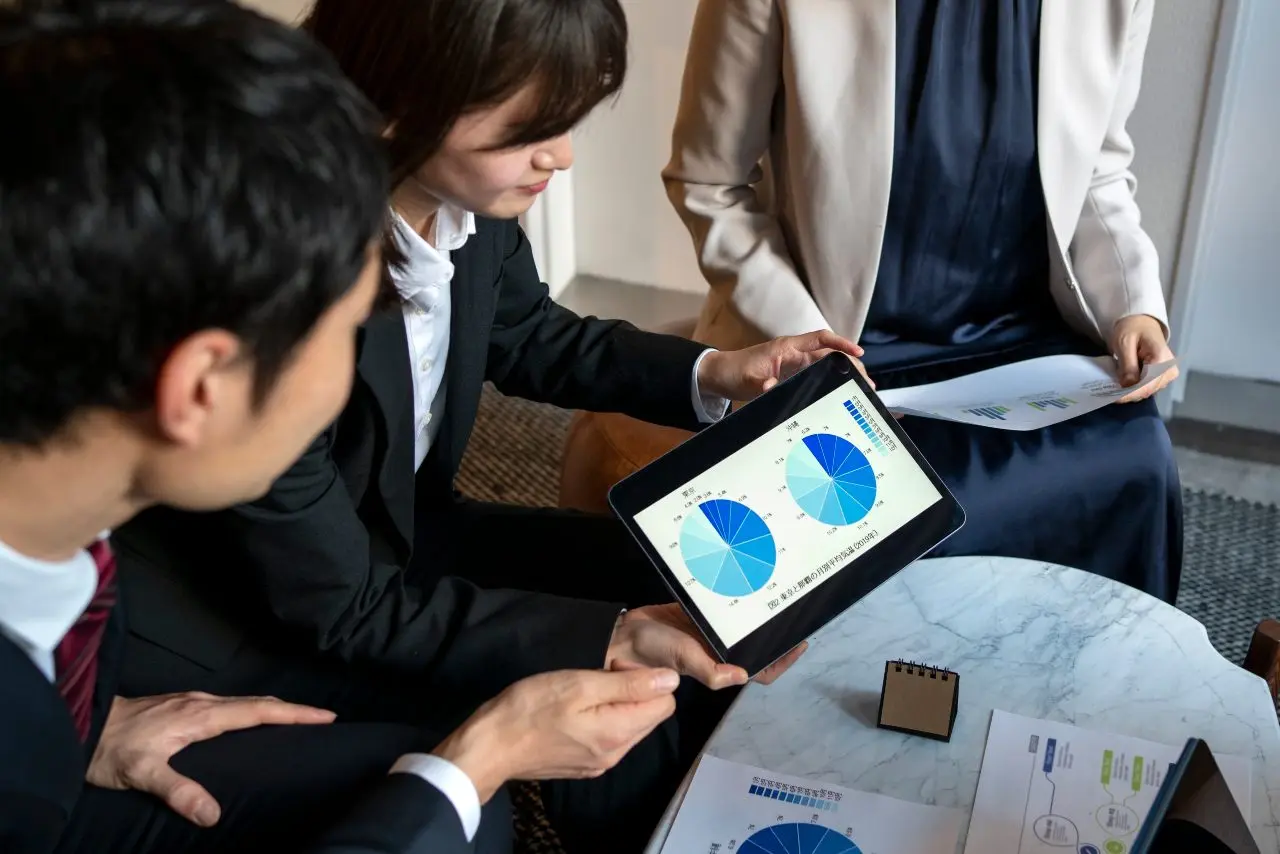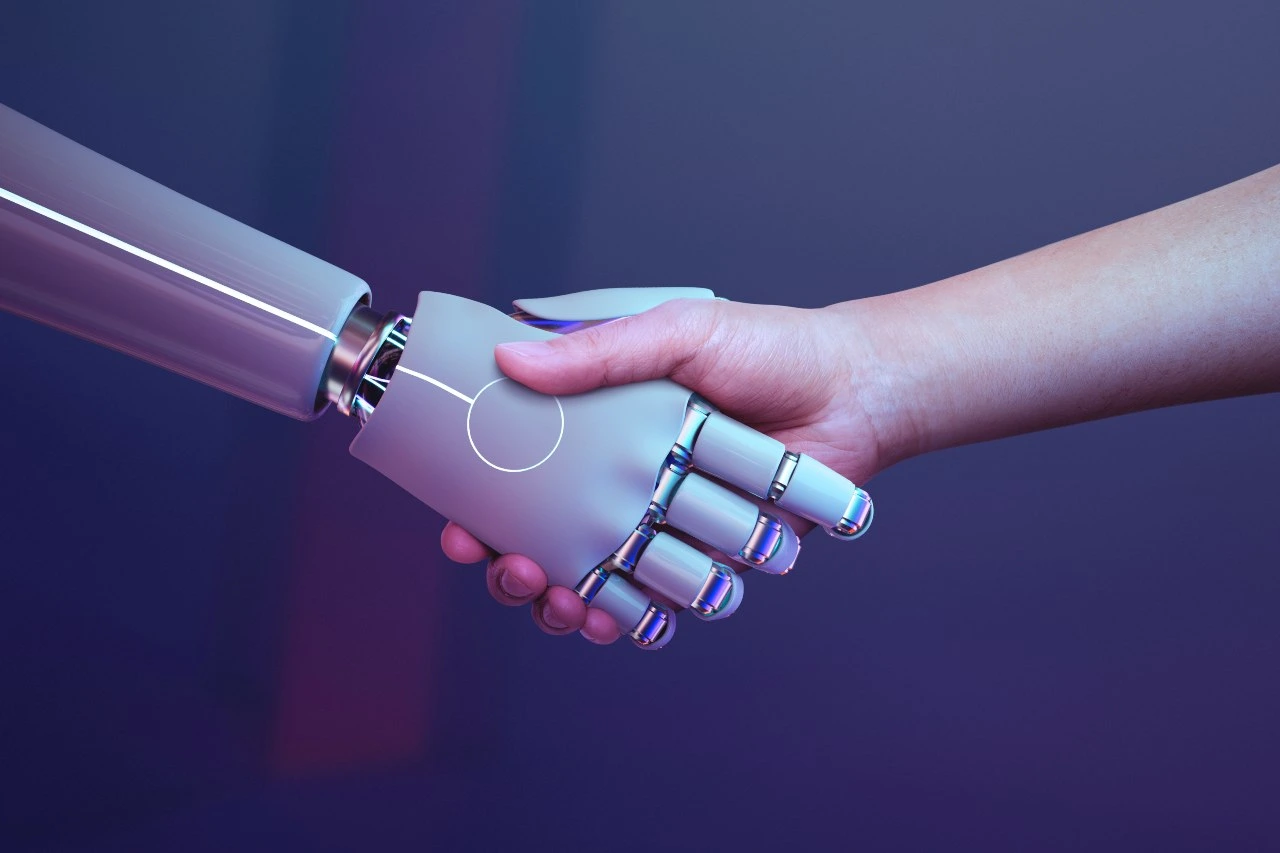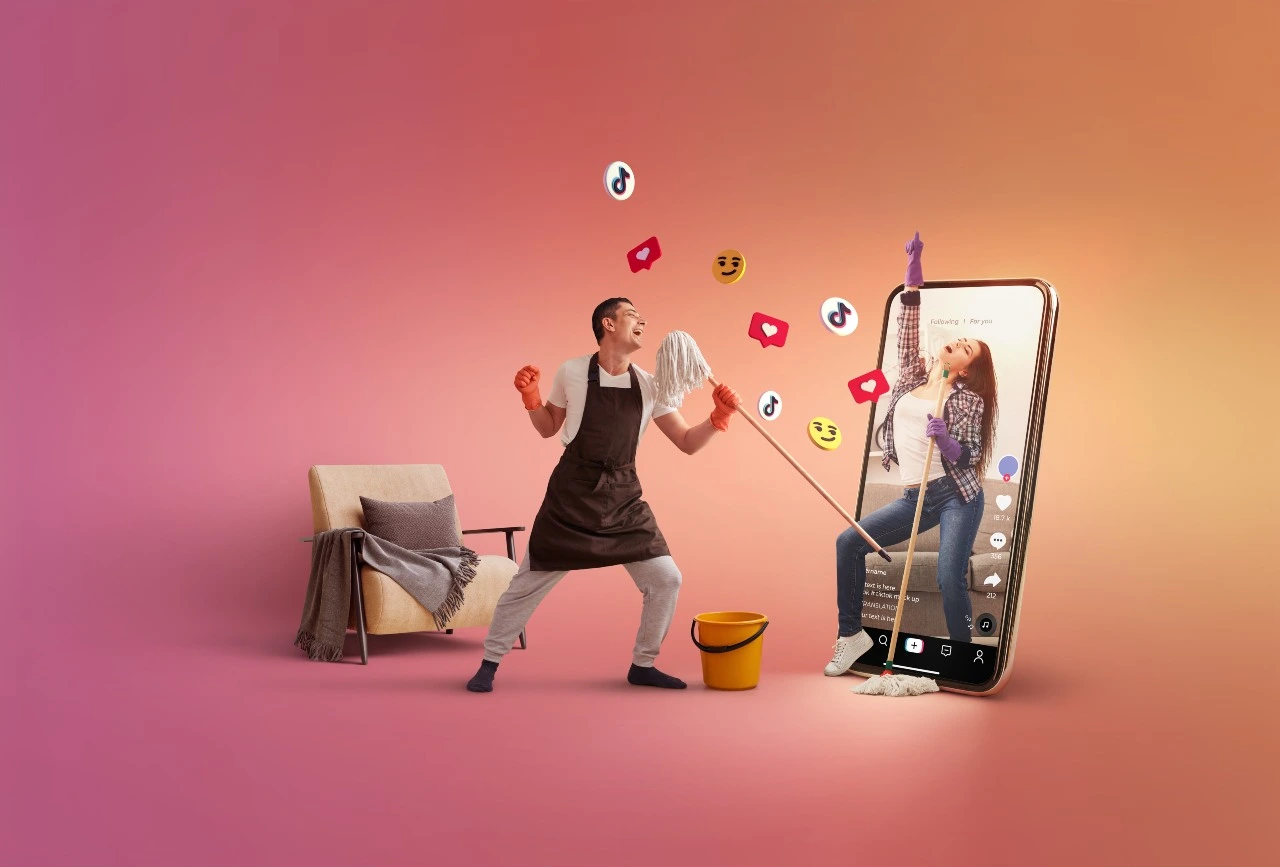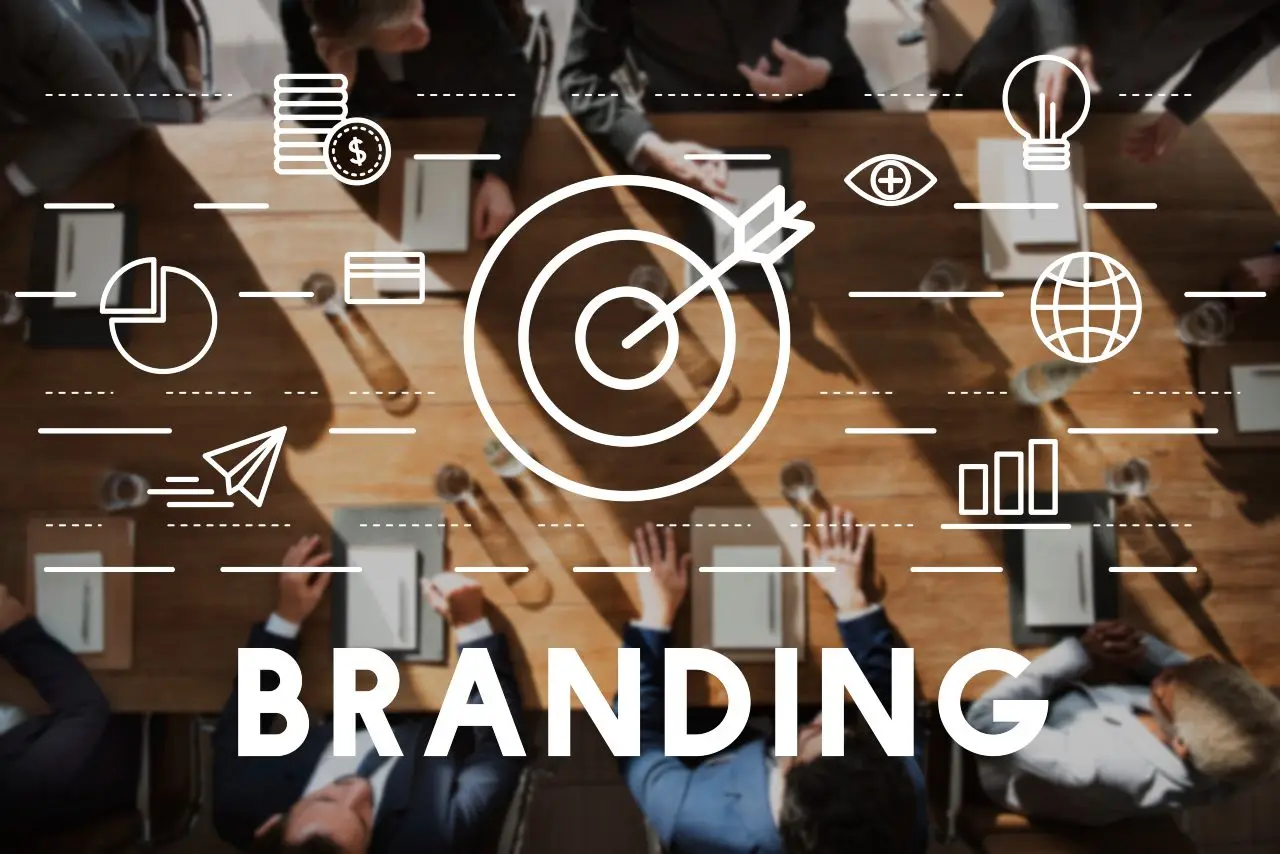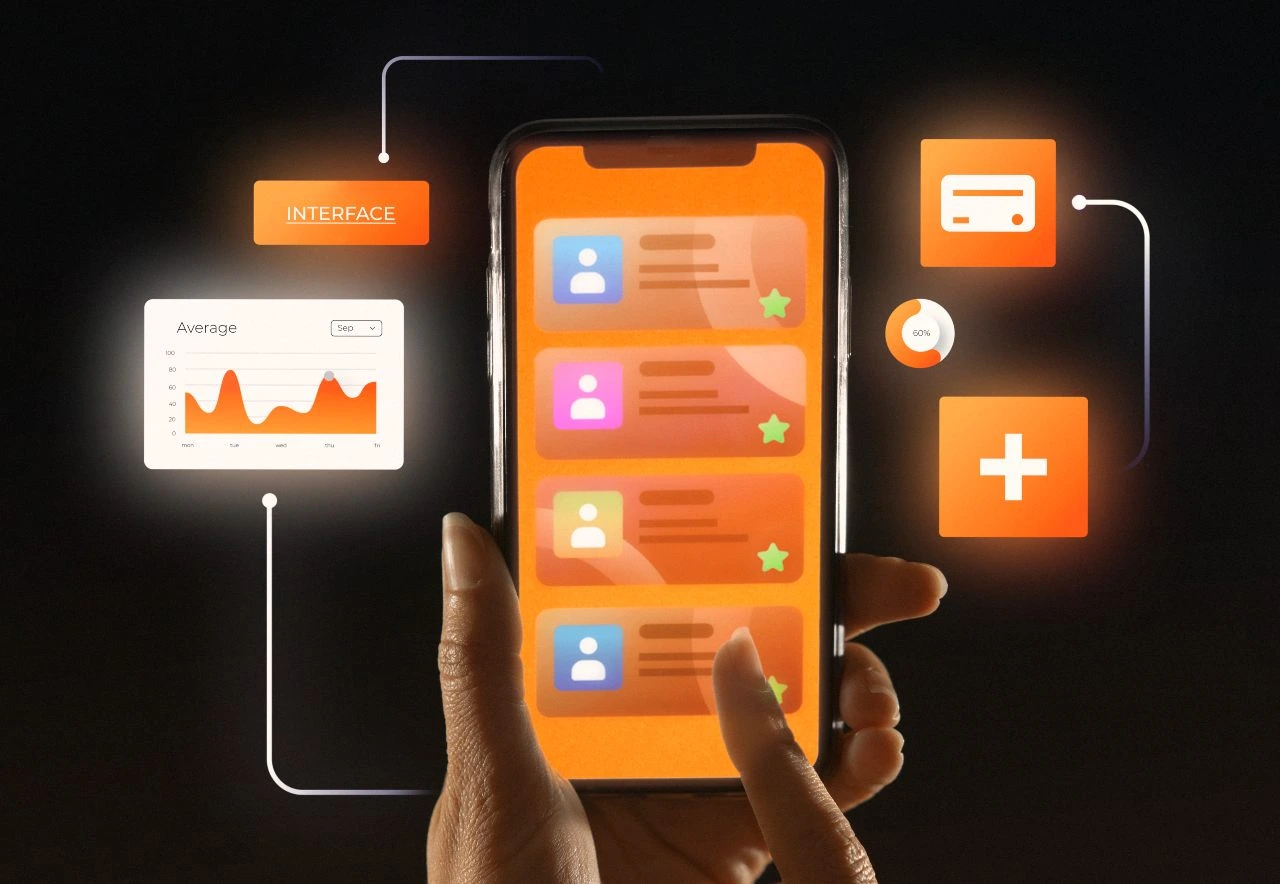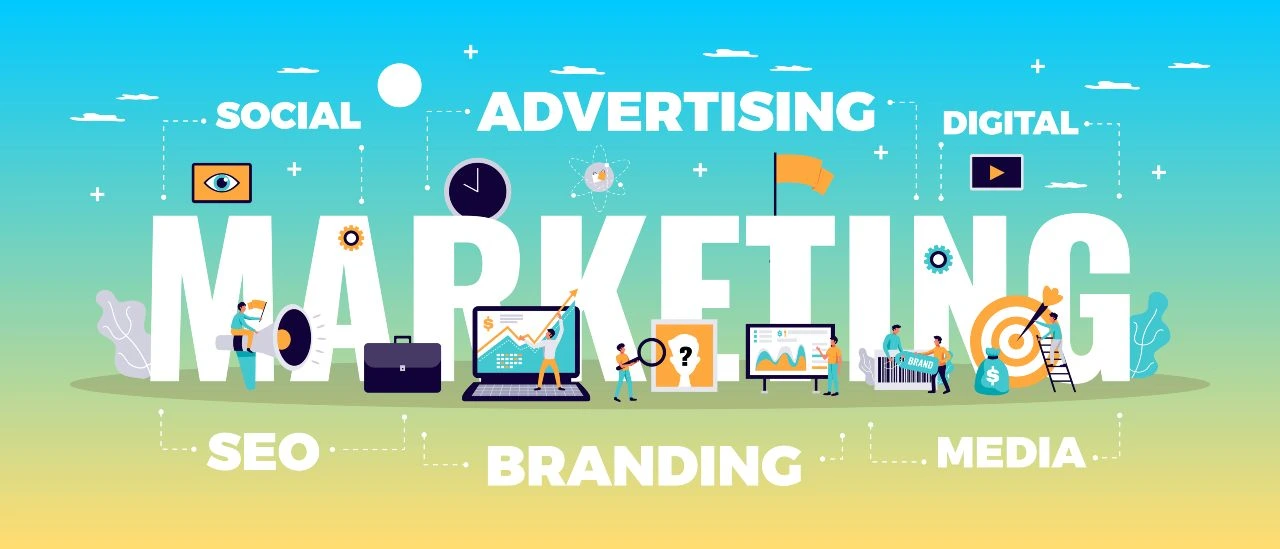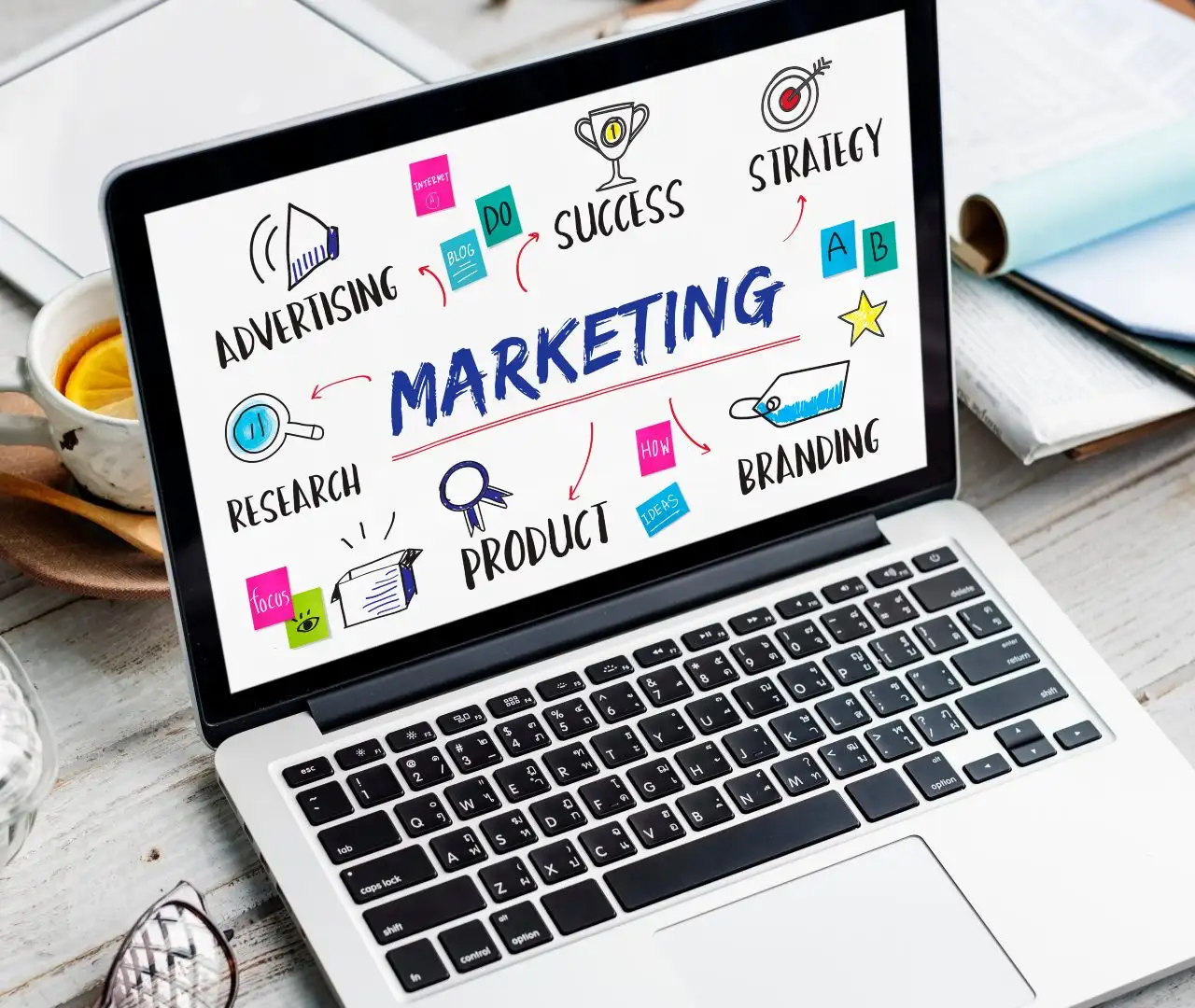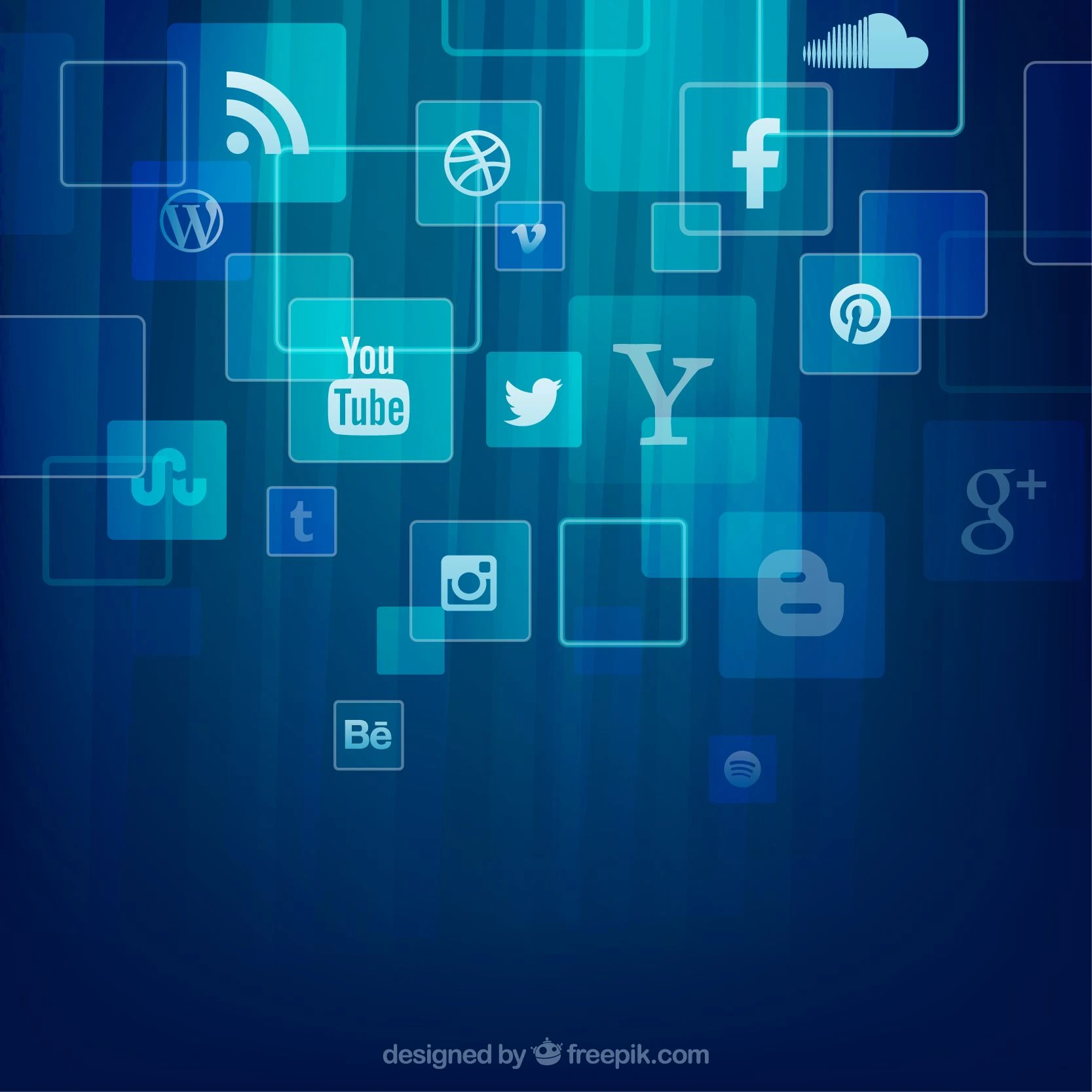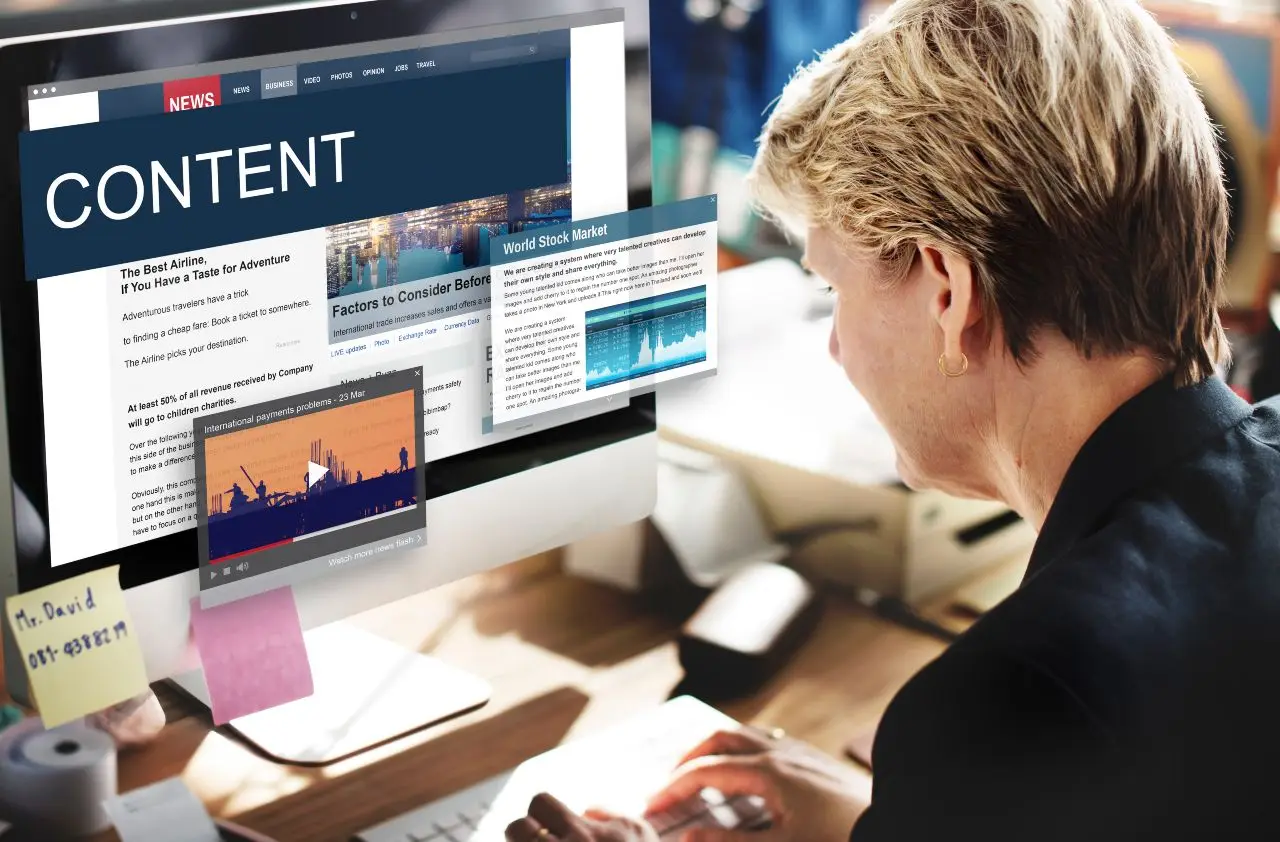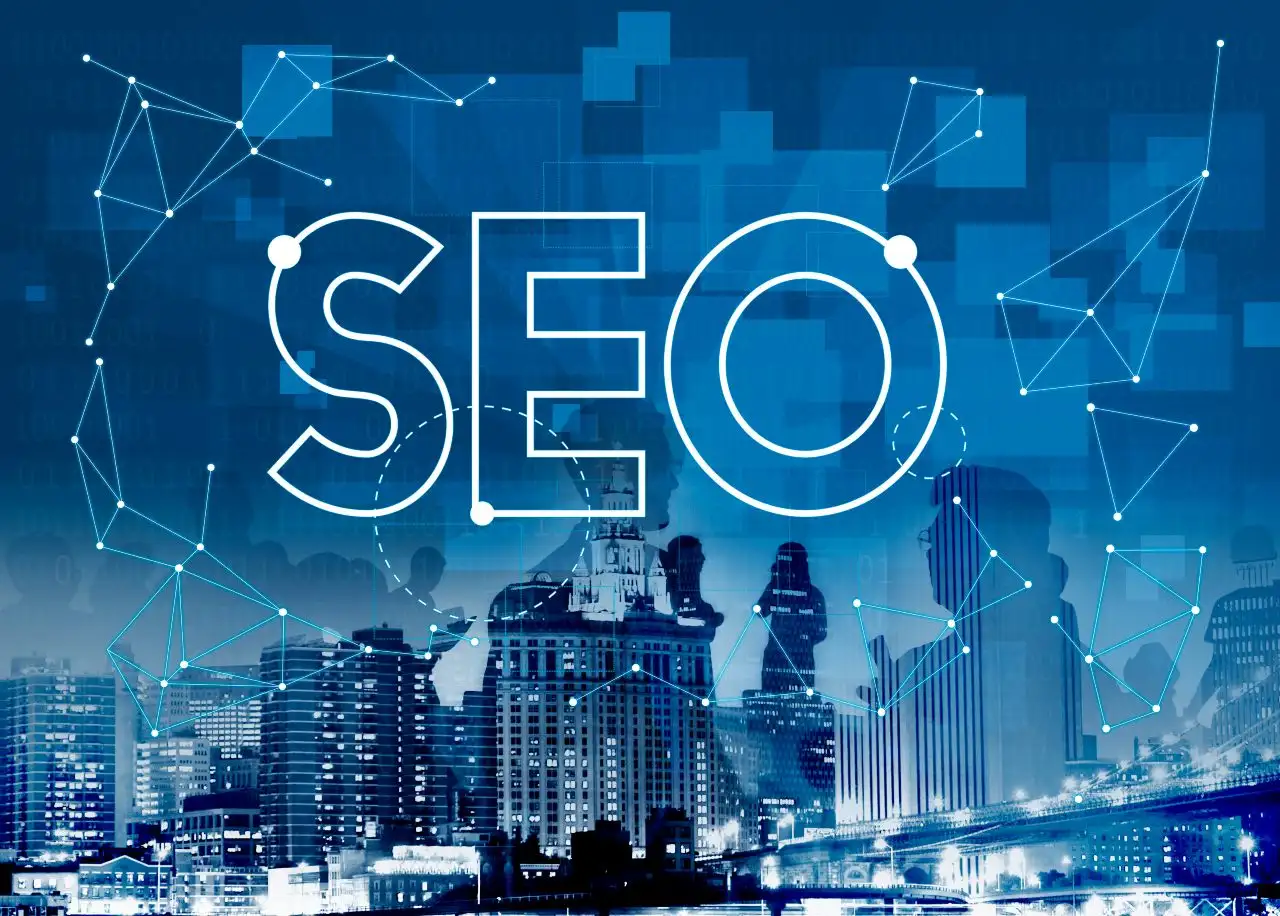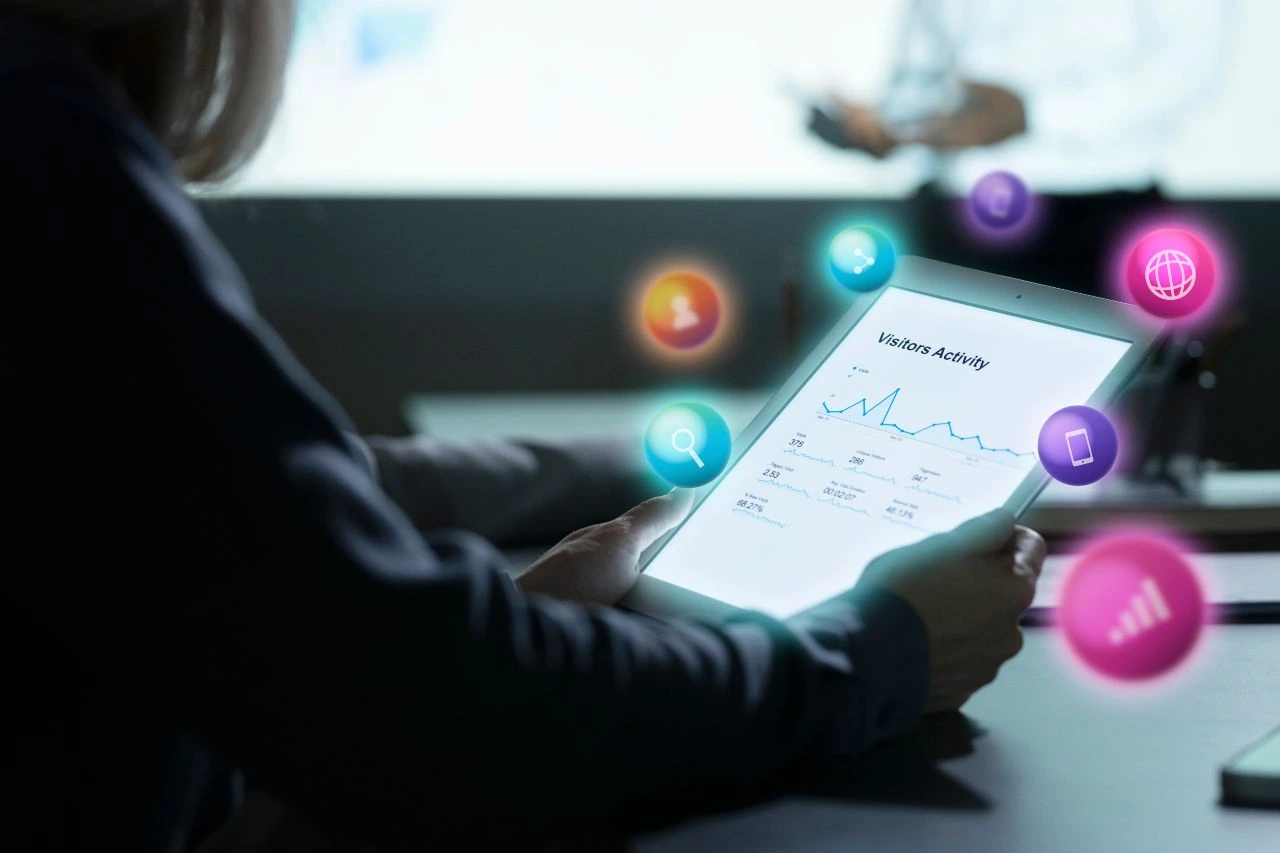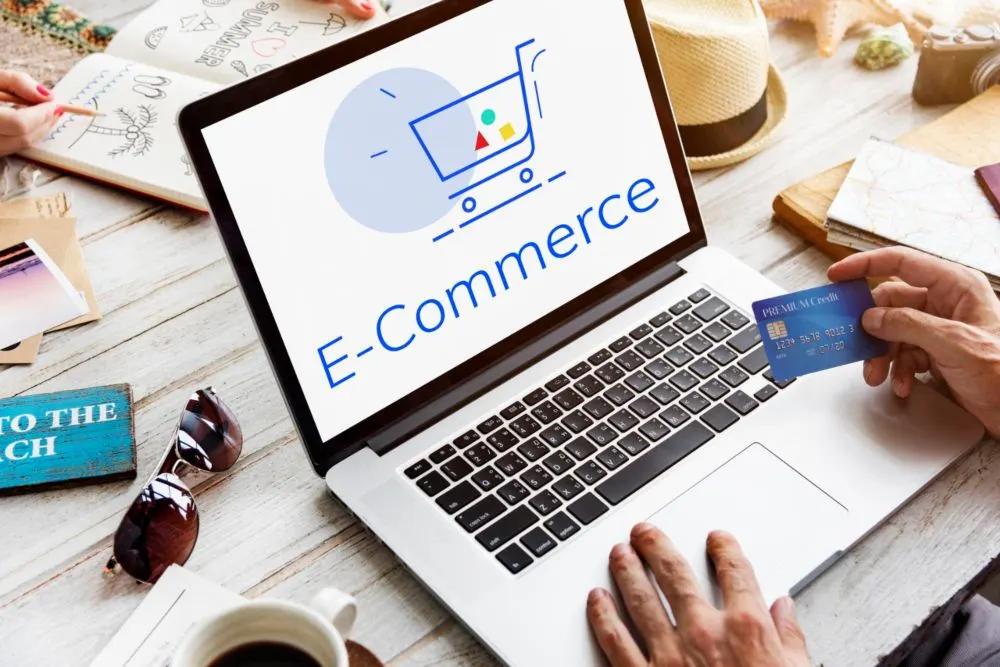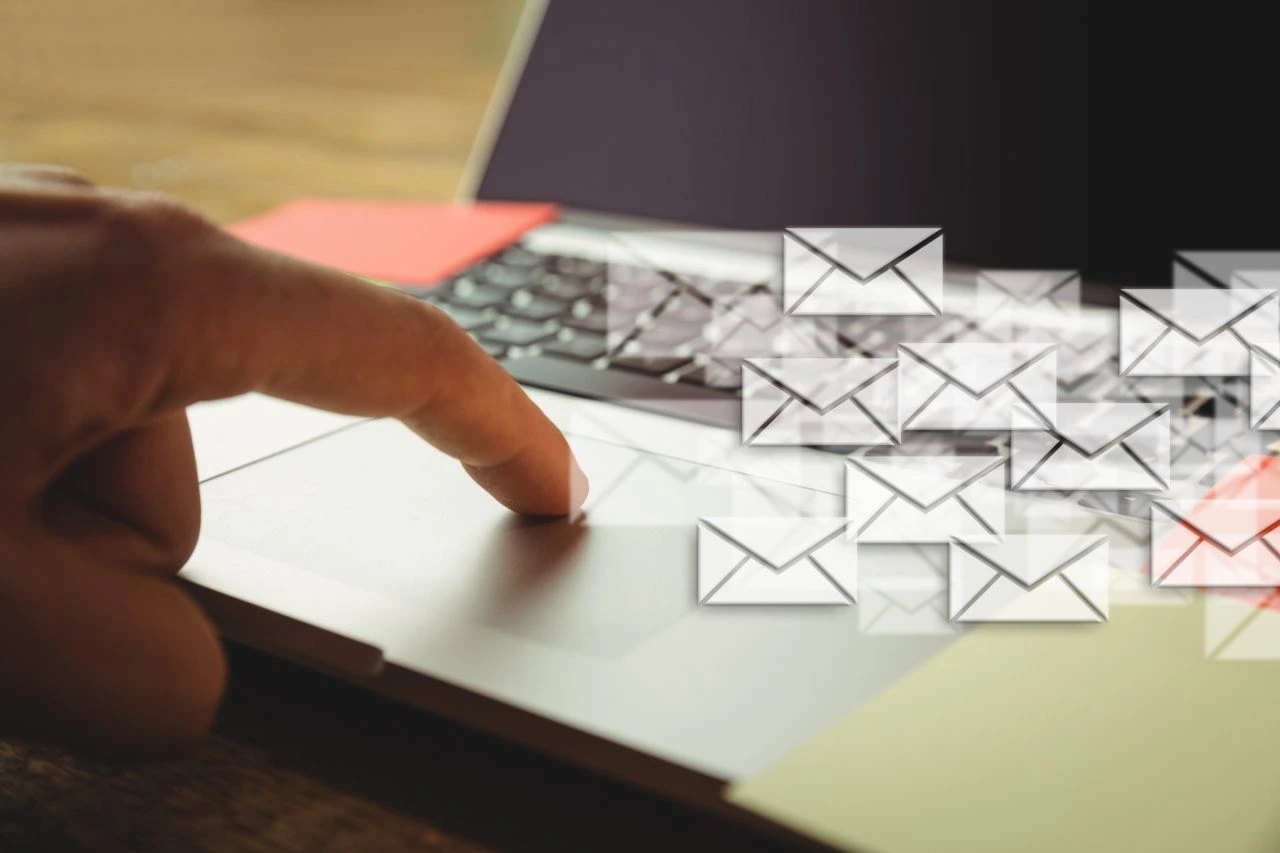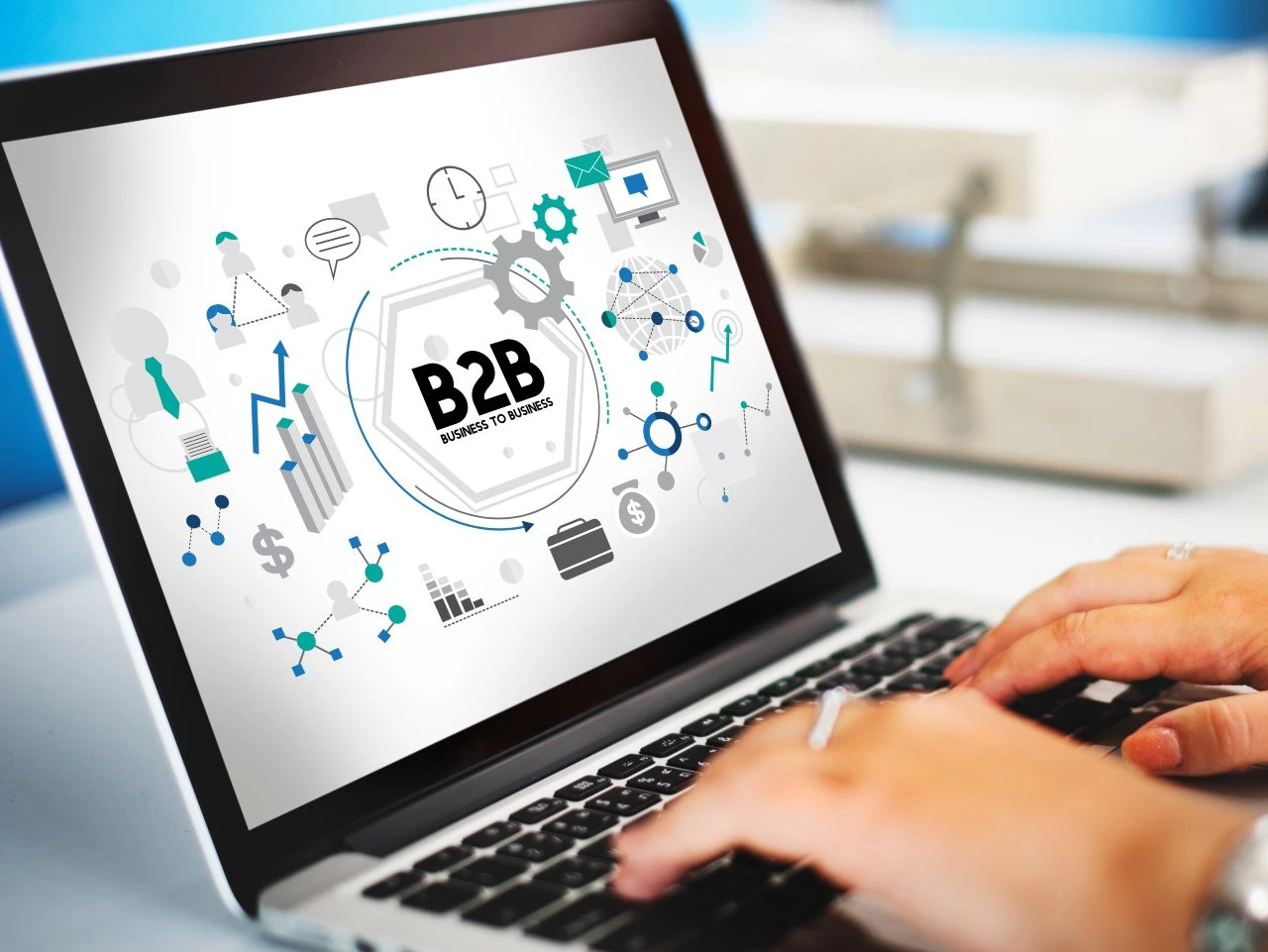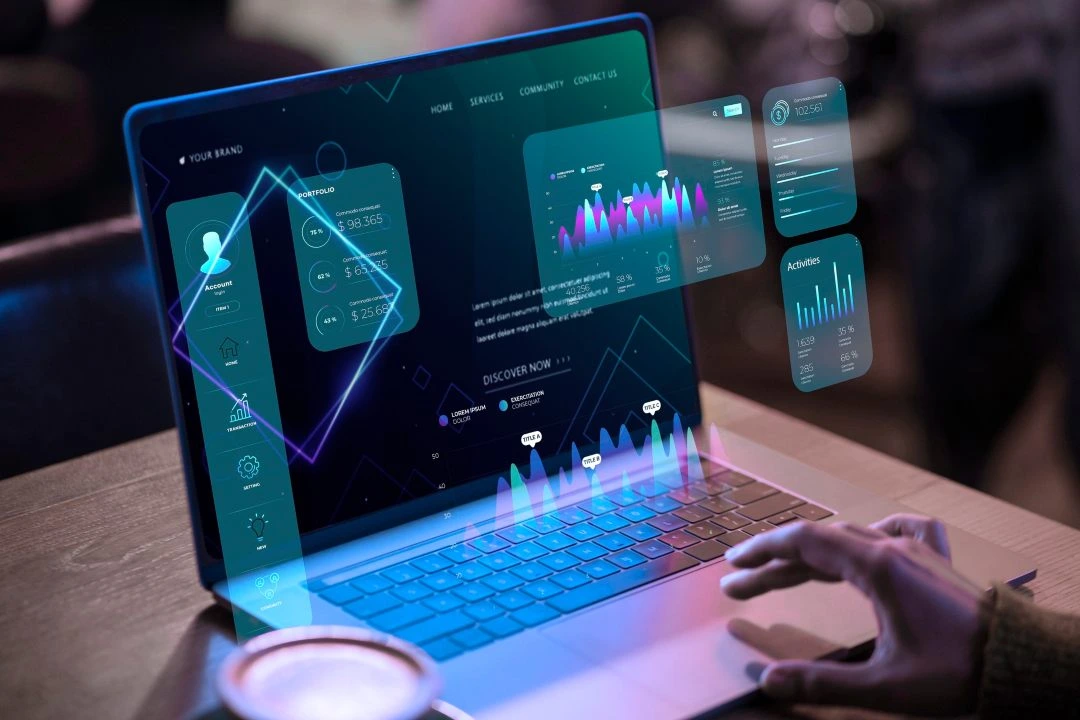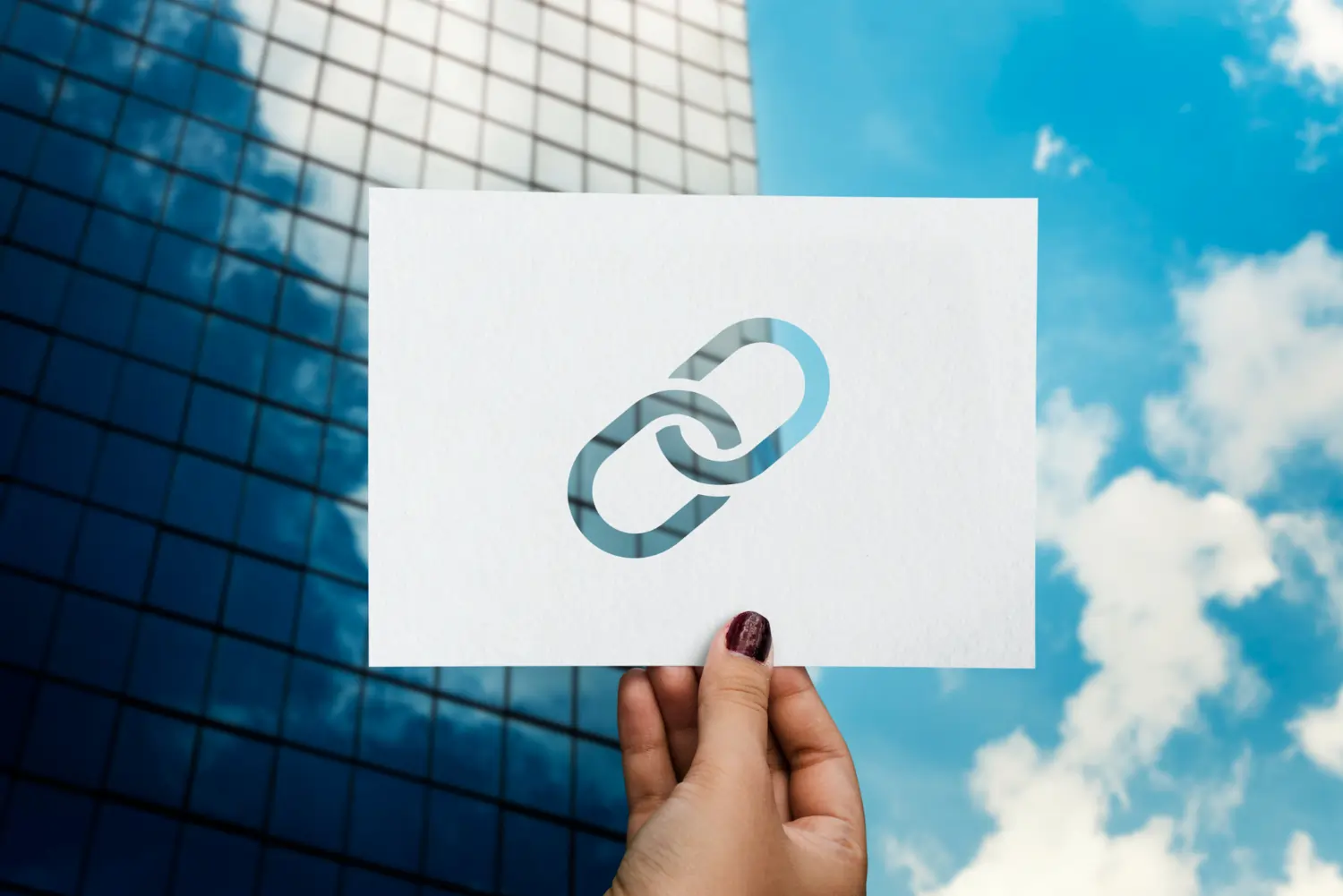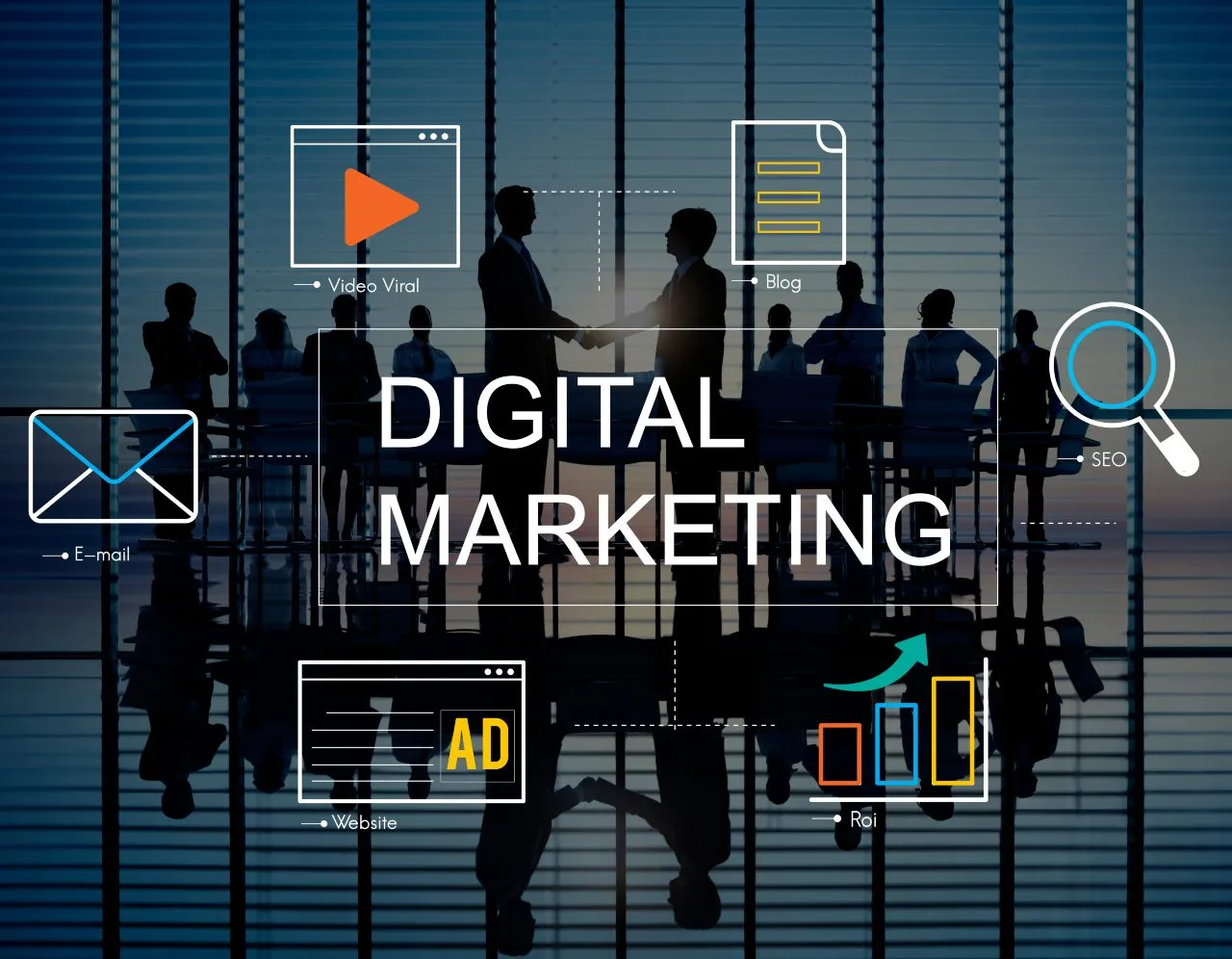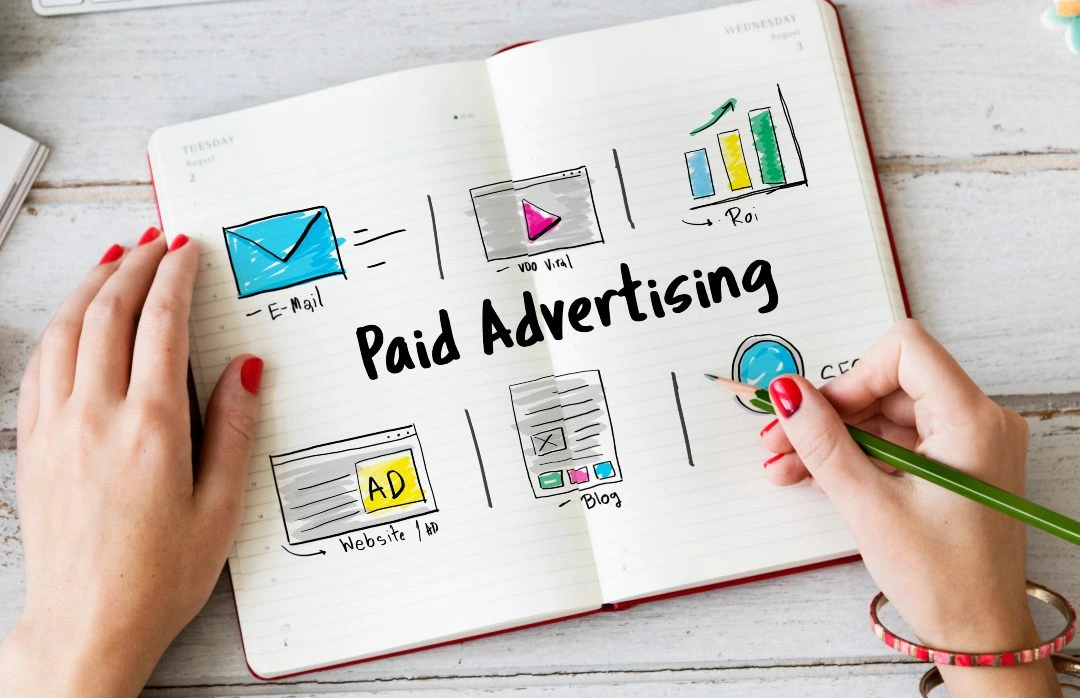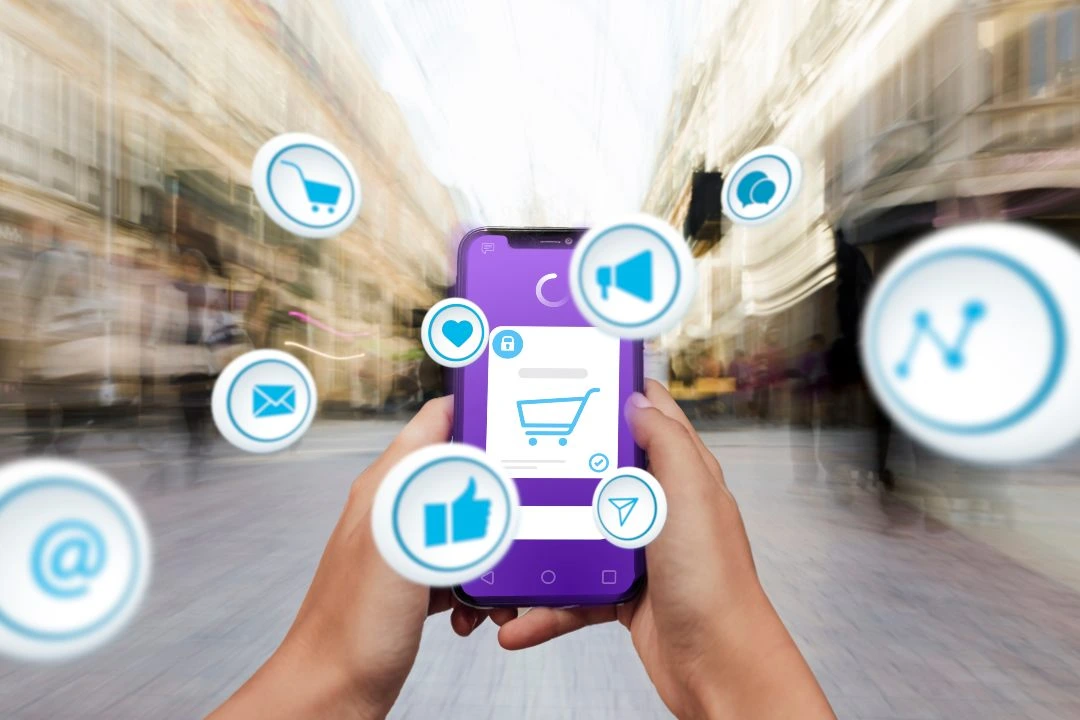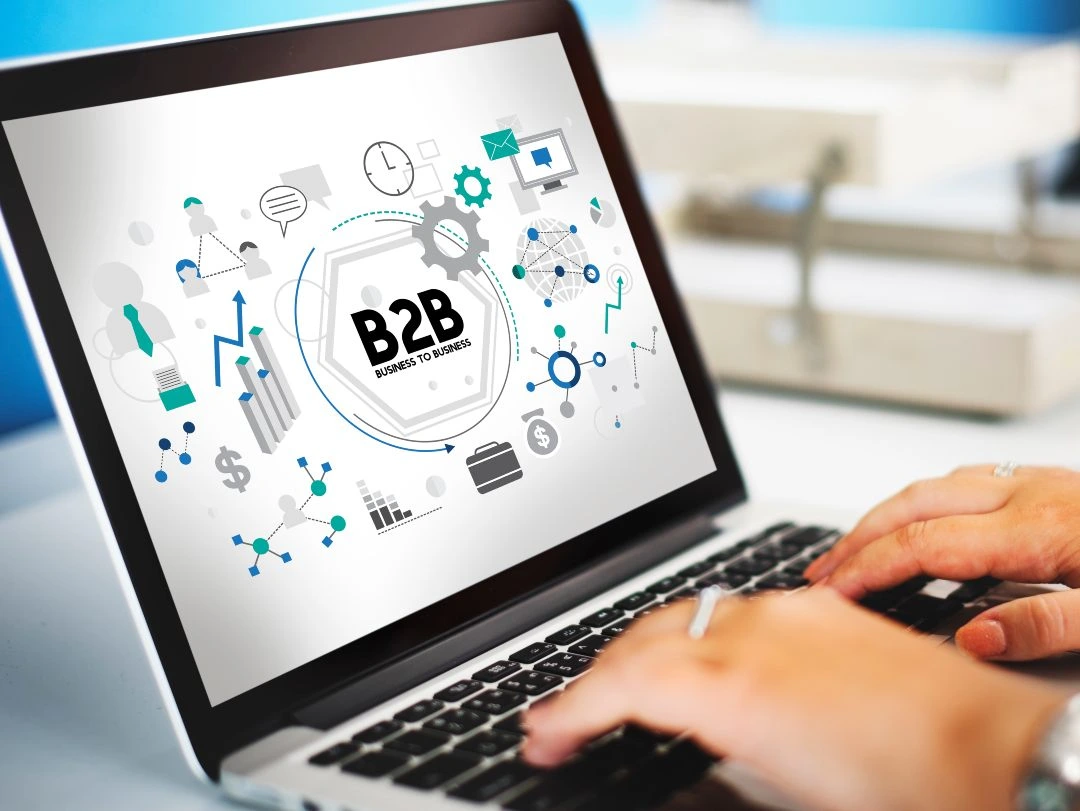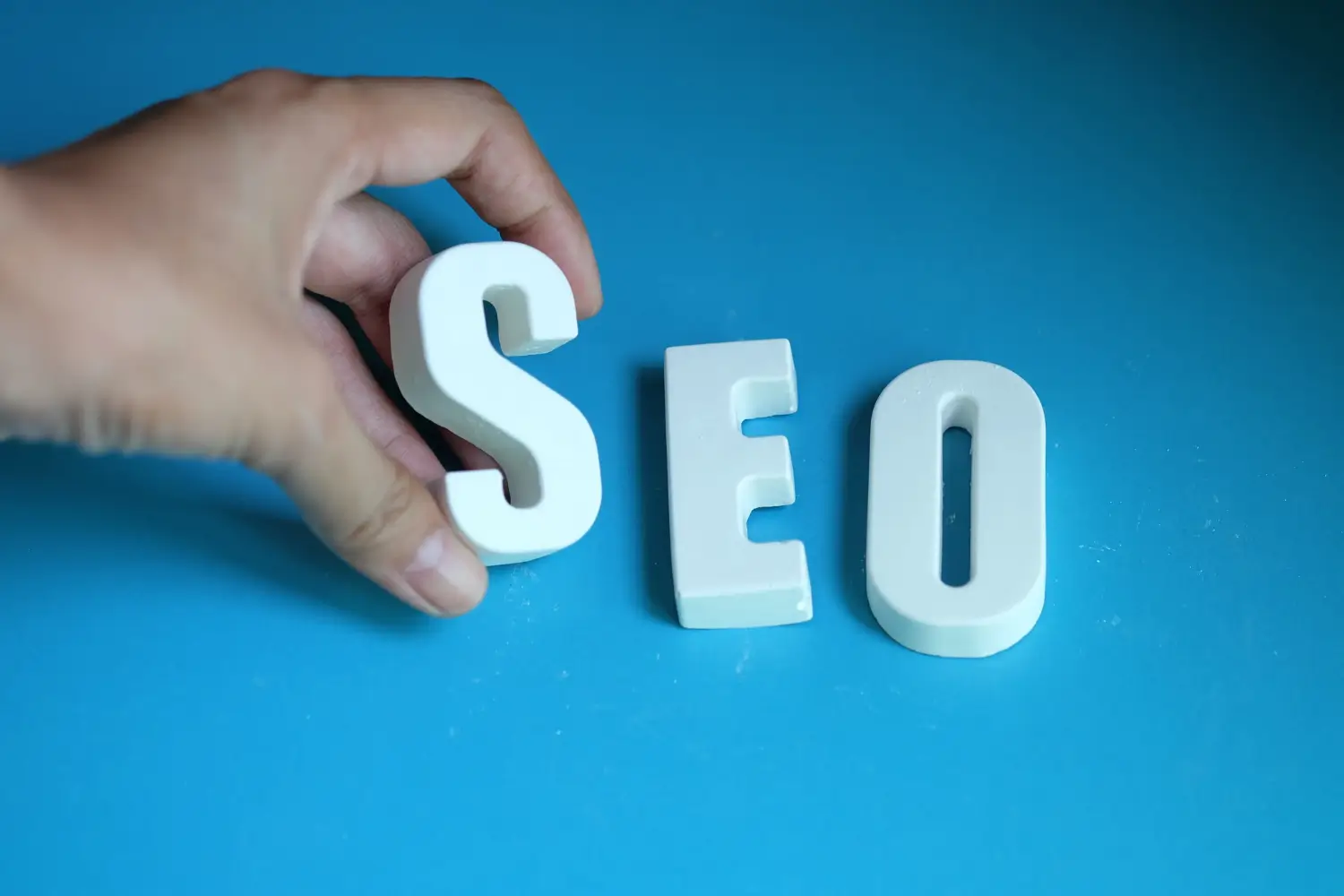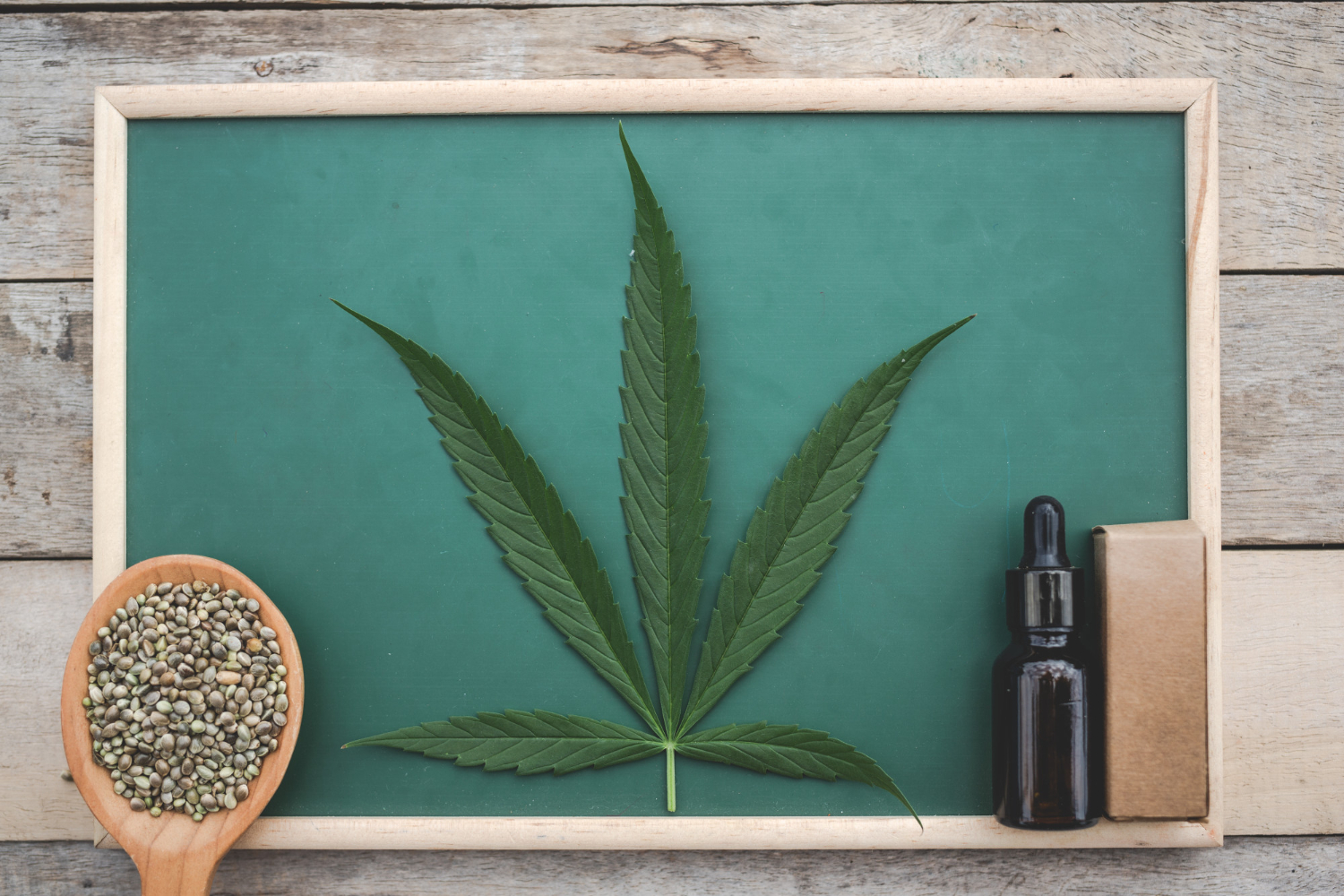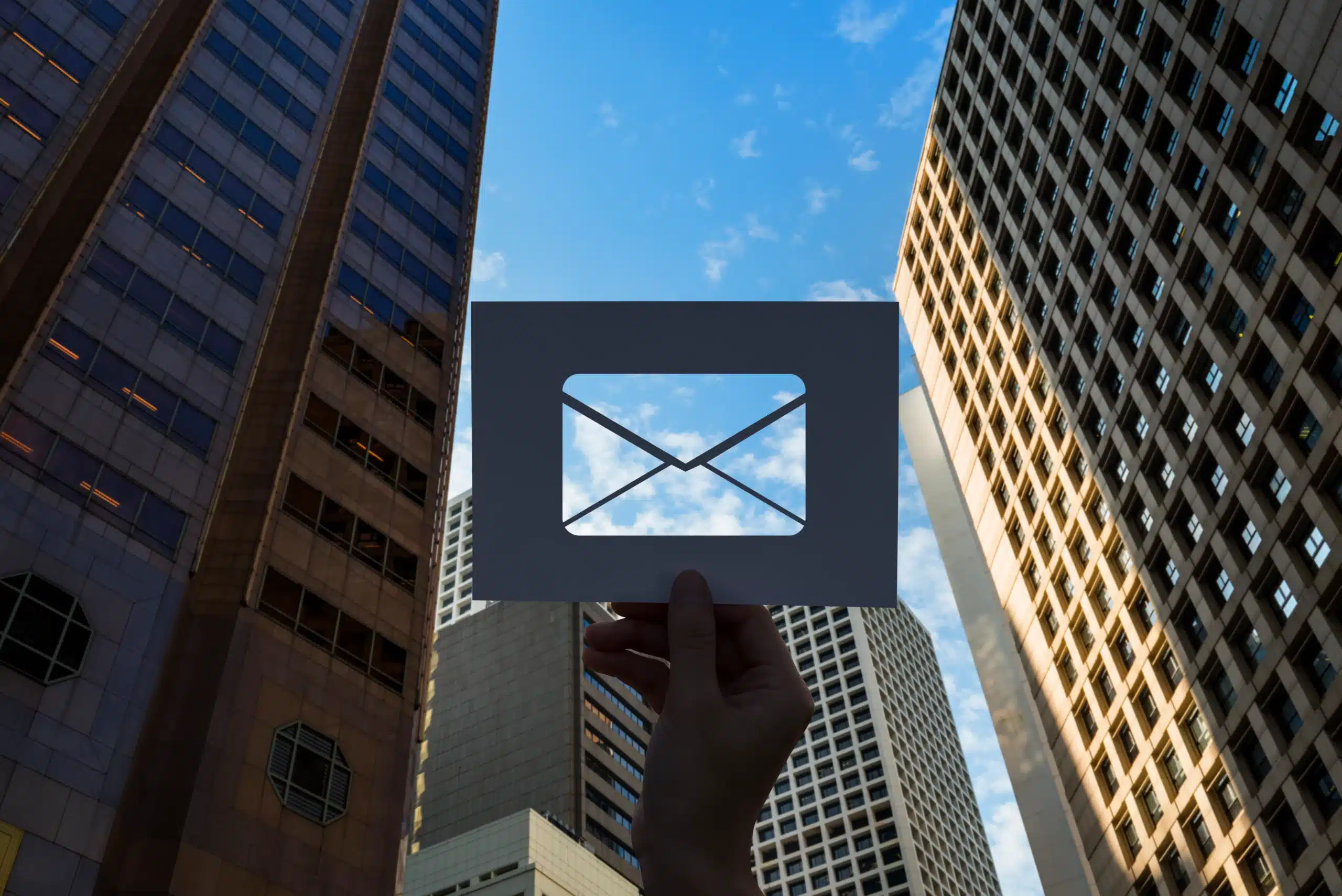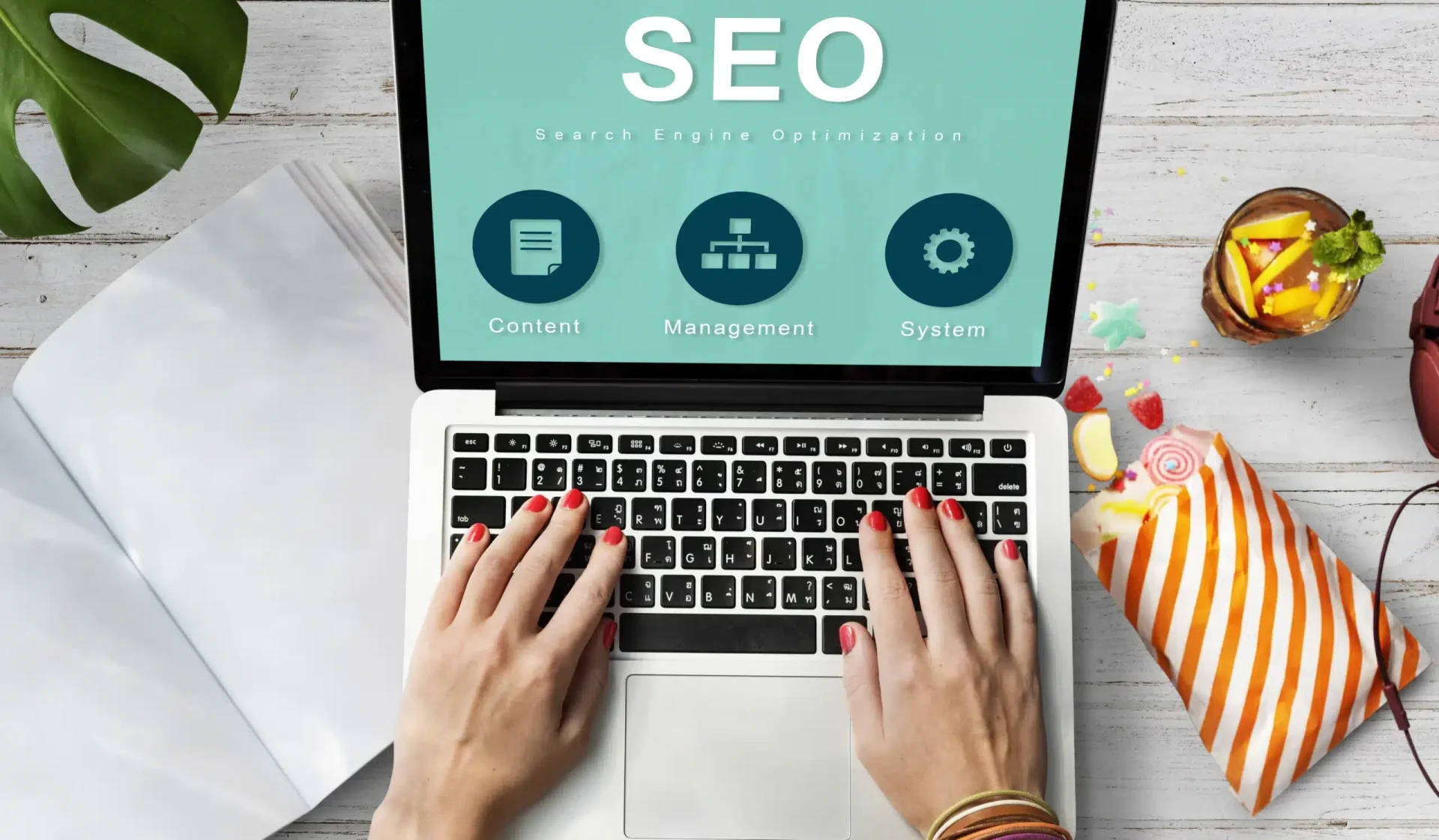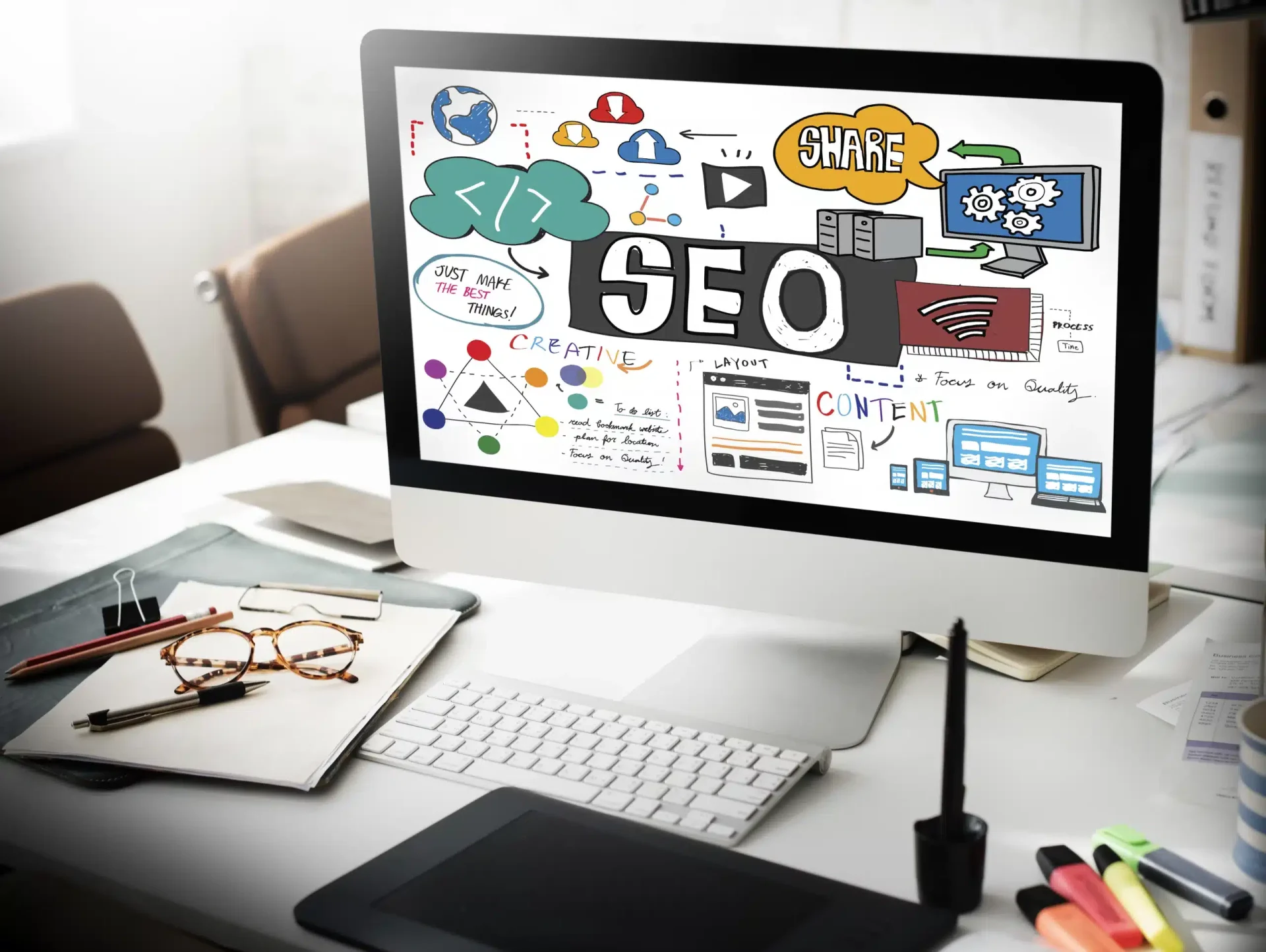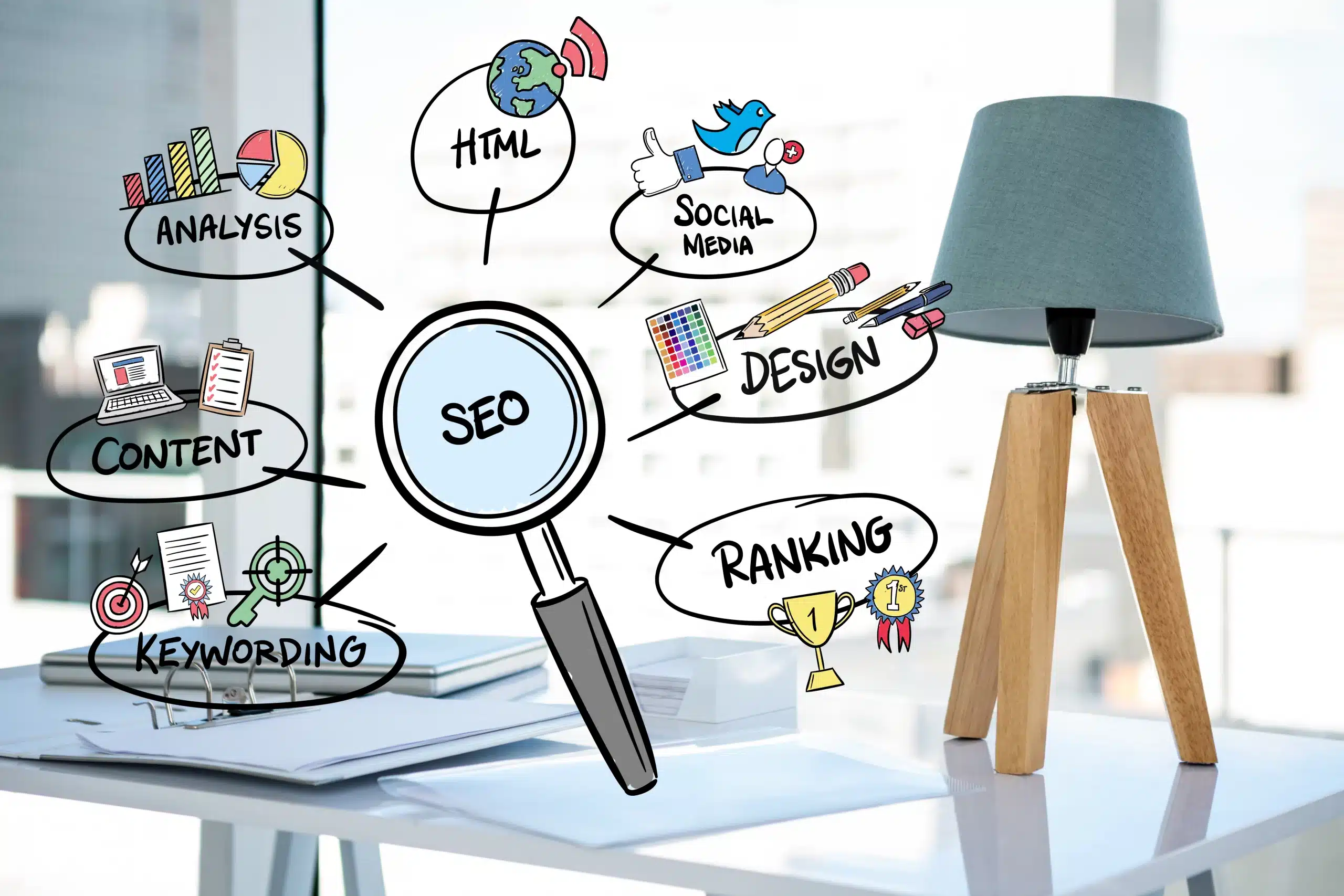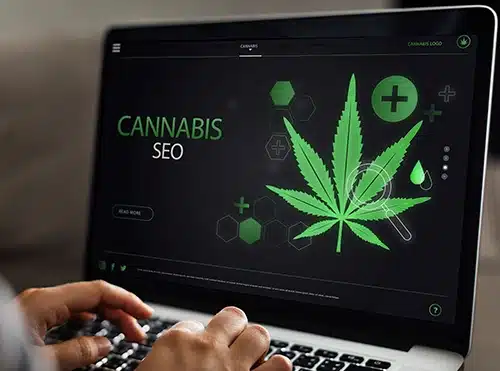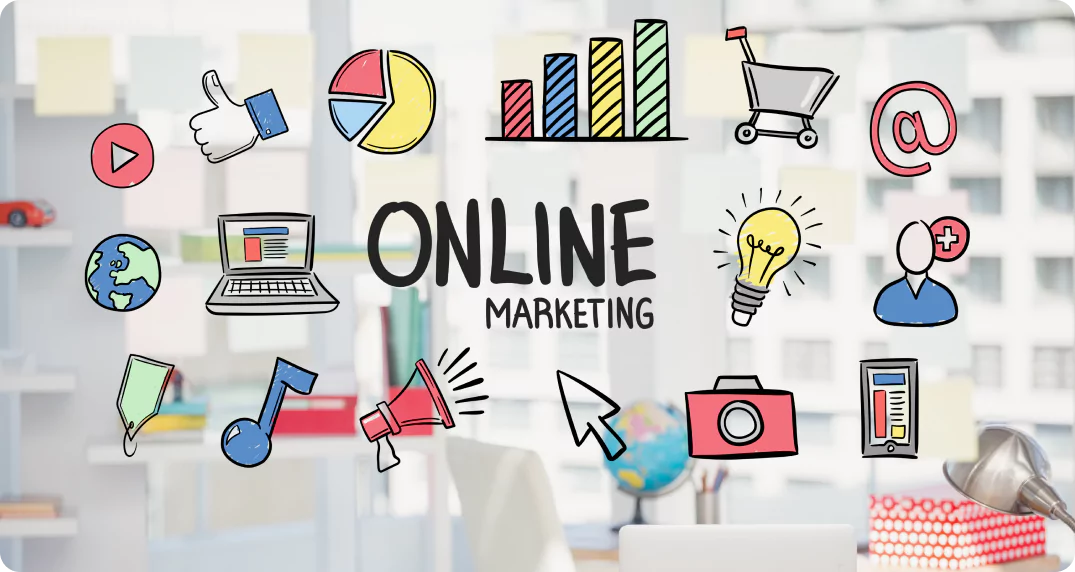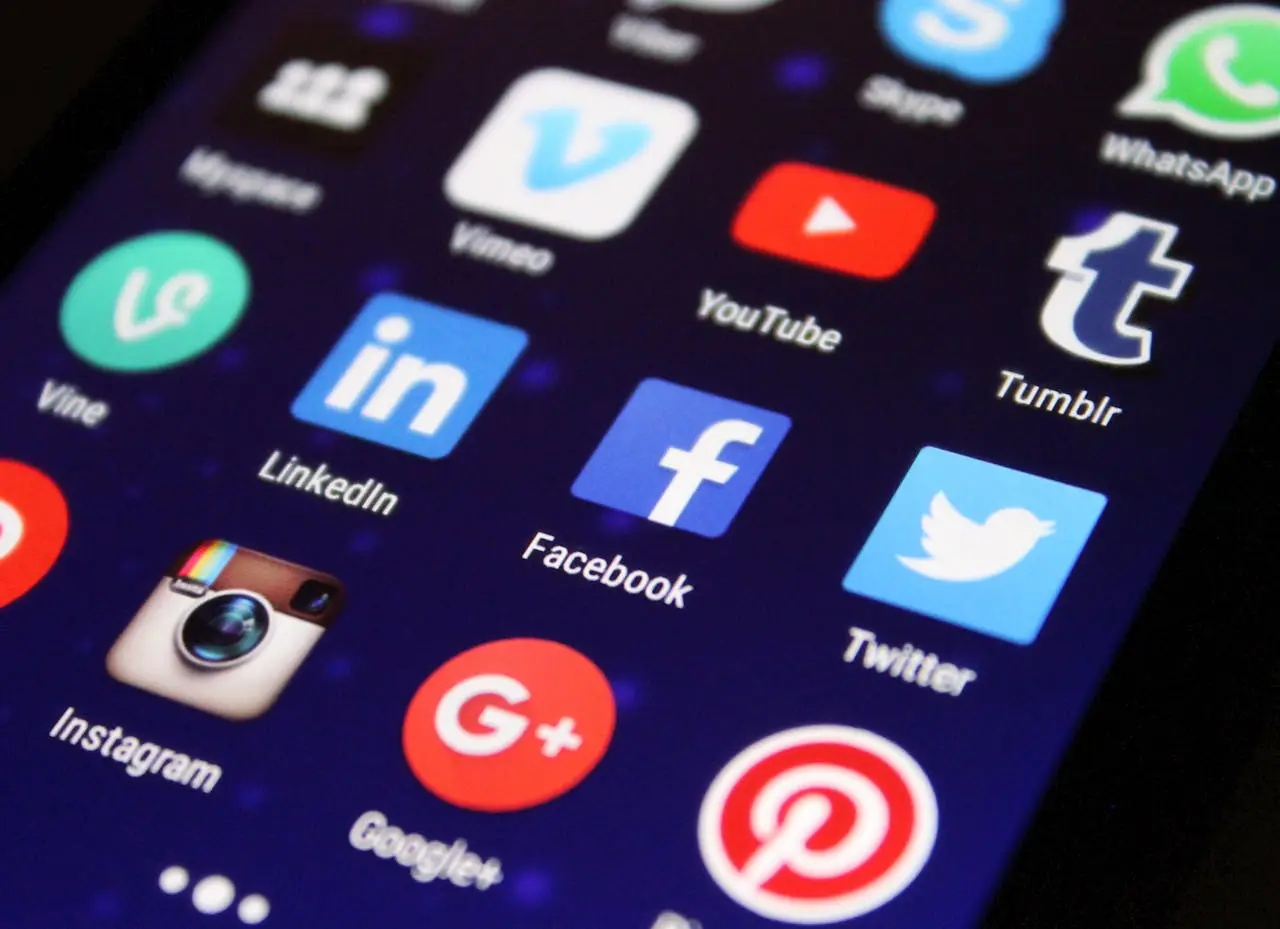Listen to article
In today’s fast-paced digital landscape, a well-defined marketing automation strategy is no longer a luxury—it’s a necessity. Businesses are under immense pressure to deliver personalized experiences, streamline operations, and maximize ROI. But with a myriad of tools and techniques available, how do you create a cohesive and effective strategy?
The good news is that AI and automation technologies are evolving rapidly, offering unprecedented opportunities to optimize your marketing efforts. From AI-powered chatbots that revolutionize customer engagement to email automation that enhances personalization, the possibilities are endless.
In this data-rich article, we’ll explore the growing role of automation in modern campaign strategy. We’ll delve into key statistics, adoption rates, and real-world examples to provide you with actionable insights and pro tips.
Measurable Productivity Gains and ROI with AI-Driven Content Strategies
With pressures mounting on marketing teams to do more with less, AI-powered tools have quickly become indispensable for brands aiming to maximize productivity and stretch budgets. Rather than simply automating tasks, these solutions unlock new levels of scale, remove bottlenecks, and enable marketers to zero in on strategy and creativity. Recent findings spotlight the real-world benefits companies are experiencing.
- Before integrating AI, 63% of content writers clocked up to 20 hours per week on content development—but with AI’s support, that average has been slashed to just 10 hours. Source
- An impressive 68% of businesses have reported seeing a boost in their content marketing ROI thanks to process automation and optimized content distribution. Source
- Marketers are leveraging AI to produce blog posts (58%), social media content (55%), and short articles (49%)—citing faster turnaround and help overcoming creative blocks as key benefits. Source
- AI plays an increasingly vital role at the brainstorming stage: 43% of bloggers utilize AI tools for idea generation. Source
- Sales teams embracing AI tools are 3.7 times more likely to meet their quotas—a testament to its effectiveness beyond just marketing. Source
- Marketers using AI in their strategies note an average ROI jump of 70%, reflecting the compounding impact of smarter automation. Source
- AI adoption enables marketers to scale content production instantly, shifting the focus from manual output to campaign strategy. Source
- Automation isn’t just about efficiency—it empowers creativity by freeing marketers from routine tasks, allowing more time for innovation. Source
AI’s integration into content workflows is now a defining advantage, not just a convenience. Brands that harness these tools gain more than efficiency—they open up bandwidth for bigger-picture initiatives and creative experimentation, which are crucial for standing out in crowded markets. As the barrier to entry continues to drop, even smaller teams can achieve enterprise-level output.
Pro Tip: Pinpoint the time-consuming bottlenecks unique to your workflow—such as first drafts, idea curation, or SEO optimization—and match them with specialized AI tools. Start small, measure impact, and expand your toolkit as your team’s confidence and efficiency grow.
Pro Tip:
Pinpoint the time-consuming bottlenecks unique to your workflow—such as first drafts, idea curation, or SEO optimization—and match them with specialized AI tools. Start small, measure impact, and expand your toolkit as your team’s confidence and efficiency grow.
How AI Integration is Transforming B2B Marketing Results
AI-driven marketing isn’t just on the horizon—it’s already reshaping the competitive landscape of B2B. As buying journeys grow more complex and decision cycles lengthen, companies are racing to implement smart automation that not only saves time but also sharpens targeting and improves ROI. With AI tools evolving rapidly, forward-thinking teams are leveraging them not just for efficiency, but to uncover new opportunities and deliver hyper-personalized experiences.
- Half of B2B marketing leaders are already utilizing AI in their strategies. Source
- A significant 75% are likely to adopt generative AI for business promotion. Source
- 76% of marketers express confidence in AI’s potential to improve their professional tasks in the future. Source
- Marketers are actively embracing AI to boost productivity (76%) and improve customer engagement (52%). Source
- Many marketers are planning to increase their investment in AI in the near future. Over 50% of marketers intend to invest more in AI within the next year, showing a strong belief in its potential. Source
- Companies that lead in revenue generation in B2B are 2 to 6 times more likely to have in-house marketing functions such as data science and analytics, marketing automation, and account-based marketing. Source
What stands out is not just the surge in AI adoption, but the confidence marketers have in its power to reshape outcomes. Those that invest in building robust in-house analytics and automation capabilities set themselves apart from competitors, often achieving outsized revenue gains. For businesses that may lack the resources to build such in-house functions, partnering with full-service marketing providers can offer a comprehensive solution, bridging the gap with expertise in automation, analytics, and strategy.
The future belongs to B2B teams who see AI as a strategic enabler—embracing it not just for operational gains, but as a catalyst for innovation and growth.
Pro Tip:
Rather than overwhelming your tech stack with every new AI tool, focus on solutions that align tightly with your business goals and allow for scalable automation. Cultivating internal talent in data science and automation pays dividends, turning AI investments into measurable business impact and sustainable competitive advantage.
Chatbots in Action: Where AI Meets Marketing Results
Conversational AI isn’t just a buzzword—it’s fundamentally changing how brands connect with customers across the entire buying journey. With chatbots getting smarter and more intuitive, marketers are leveraging these digital assistants to capture leads, speed up responses, and deliver the kind of personalized attention that today’s buyers demand.
- The global chatbot market was valued at $5.4 billion in 2023 and is expected to triple to $15.5 billion by 2028, underscoring massive industry investment. Source
- AI, especially chatbots, is set to handle a growing share of customer interactions with brands as businesses turn to automation for scalability and cost savings. Source
- In the U.S., 26% of B2B marketers using chatbots have seen a 10-20% increase in lead generation volumes, highlighting their direct business impact. Source
Takeaway: Chatbots have moved from simple FAQ tools to critical engines for real-time engagement and revenue growth. As customers grow more comfortable interacting with AI-powered tools, brands that seamlessly blend human creativity with chatbot efficiency will pull ahead. The key isn’t just adopting the technology, but continuously refining chatbot scripts, learning from data, and aligning your conversational flows with your brand voice.
Pro Tip:
Treat your chatbot’s performance like any other marketing channel: monitor analytics, test messaging, and solicit user feedback. Regular optimizations ensure your chatbot not only solves problems faster but also reflects your company’s personality and values.
Marketing Automation: Adoption, Success Rates, and Integration
Marketing automation has become a cornerstone of digital marketing, but many businesses struggle with maximizing its potential. Integrating marketing teams and channels, combined with strategic automation, can significantly enhance campaign performance and ROI.
- Only 20.65% of marketers report having a successful marketing automation strategy. Source
- 41% of B2B businesses feel they are not maximizing the benefits of their marketing automation systems. Source
- Integrating your marketing team and channels can lead to a 31% increase in campaign efficiency. Source
- An integrated approach in marketing campaigns can yield an average of 50% higher return on investment (ROI). Source
- A substantial 64% of marketers feel that their martech stacks have become overly complex in recent years, highlighting the need for a more integrated martech setup. Source
- For 43% of marketers, enhancing productivity is the primary goal of their marketing plan. Source
While marketing automation offers numerous benefits, achieving success requires a well-defined strategy and optimal utilization of available tools. The low success rate highlights the need for businesses to invest in training and optimization to fully harness the power of marketing automation. By adopting an integrated marketing strategy and addressing the challenges, companies can significantly improve their marketing outcomes.
Pro Tip:
Regularly assess your marketing automation workflows and martech stack, making necessary adjustments to ensure they align with your business goals and customer needs.
Unlocking Higher ROI with Automation and AI in Email Marketing
As inboxes become battlegrounds for attention, the brands seeing the strongest returns are those embracing automation and AI to cut through the noise. These technologies aren’t just saving marketers time—they’re fundamentally shifting the way we craft, deliver, and optimize campaigns. Whether it’s harnessing real-time data for dynamic content or using predictive insights to anticipate consumer needs, AI and automation are raising the bar for what effective email marketing can accomplish.
- Email marketing revenue is projected to reach $13.69 billion by 2025, up from $7.5 billion in 2020. Source
- The global email user base is expected to grow to approximately 4.6 billion by 2025, compared to 4 billion in 2020. Source
- A striking 82% of marketers use email automation, leading to an eightfold boost in open rates. Source
- Email is ranked twice as effective as paid ads for lead generation, with 59% of marketers backing this claim. Source
- Behavior-triggered emails drive ten times more revenue than standard batch-and-blast campaigns. Source
- 35% of marketers plan to ramp up their investment in automated emails in the coming year. Source
- 90% of marketers say targeted messaging elevates email campaign performance. Source
- Another 90% report that subscriber segmentation significantly improves results. Source
- 77% of marketers agree that using personalized subject lines boosts email effectiveness. Source
- 65% personalize subject lines in more than half of their campaigns, while only 9% steer clear of personalization entirely. Source
- 80% believe performance rises when emails feature personalization elements like dynamic content or real-time updates. Source
- Over half (52%) are prioritizing personalized campaigns, while 48% are focused on automation. Source
- 68% of marketers attribute improved results to dynamic content. Source
- Segmentation (51%), personalization (50%), and triggered emails (45%) are among the top tactics driving success. Source
- AI-powered personalization harnesses massive data sets to predict and deliver the most relevant content, leading to greater engagement, conversion, and loyalty. Source
- Nearly 4 in 10 marketers anticipate AI-driven hyper-personalization will have the biggest impact on email automation in the near future. Source
- Generative AI is already reshaping content creation, with 34% of marketers using it to draft email copy. Source
The current landscape makes one thing clear: efficiency alone no longer guarantees results. Success hinges on creating genuine relevance—at scale—in every inbox. With over half of marketers doubling down on both automation and personalization, competitive advantage now belongs to brands able to anticipate, segment, and deliver messages in real time using smart technology.
Pro Tip:
To punch above your weight, don’t just automate—get granular. Lean on your analytics to uncover micro-segments within your audience, and use AI to fuel hyper-personalized journeys that adapt with every click and interaction. For even bigger wins, experiment with dynamic content modules and AI-optimized subject lines, and continually test triggered workflows to keep your campaigns one step ahead of shifting consumer behaviors.
Why Great Data is the Engine of Marketing Automation Success
As generative AI and advanced personalization take center stage, the competitive edge in B2B marketing no longer depends solely on creative messaging or even the latest automation tech—it hinges on the caliber of your data. The right data empowers agile campaign decisions, enables nuanced targeting, and lays the groundwork for genuine customer trust amidst tightening privacy expectations.
- In 2025, data management will be critical for B2B marketers, even when facing budget limitations. Source
The renewed focus on privacy and compliance is nudging B2B teams to rethink their tech stack, prioritize first-party data, and routinely audit integration points. Leaders are making data quality a boardroom conversation, recognizing that poor governance can undermine not just campaigns, but entire customer relationships.
Pro Tip:
Don’t let data quality be an afterthought—schedule regular health checks for your database, and leverage automated validation tools that flag inaccuracies or incomplete records in real time. This not only safeguards compliance but also fuels more meaningful, ROI-driven campaigns.
AI Investment Momentum: How Market Growth is Shaping Marketing Automation
The surge in AI-powered marketing automation isn’t just about hype—it’s fundamentally reshaping how brands approach growth, personalization, and efficiency. What was once considered cutting-edge tech has rapidly moved into the mainstream, with staggering investments reflecting both current adoption and future expectations. As more organizations turn to data-driven automation, the barrier to entry is lowering, making this technology accessible to companies of all sizes.
- The global artificial intelligence market is projected to reach $407.0 billion by 2027, fueled by an impressive compound annual growth rate (CAGR) of 36.2% from 2022 to 2027. Source
- AI in marketing alone is estimated to exceed $107.5 billion by 2028, highlighting a massive sector-specific investment. Source
What these numbers truly reveal is a fundamental shift: AI-driven automation is not only supplementing marketing roles but redefining them. Forward-thinking teams are leveraging AI to streamline workflows, predict customer behavior, and unlock new campaign possibilities that were previously out of reach. Those who move beyond experimentation and invest in scalable AI solutions will be best positioned to stand out in an increasingly crowded market.
Pro Tip:
Don’t get overwhelmed by the breadth of AI options—start by mapping your biggest marketing bottlenecks and test AI-powered tools dedicated to solving them. Whether it’s smarter segmentation, personalized recommendations, or predictive analytics, targeted adoption can reveal quick wins and build momentum for broader automation initiatives. Embracing automation as part of a comprehensive B2B website strategy can also amplify overall campaign effectiveness, ensuring your digital presence aligns with evolving market demands.
Conclusion
The role of automation in modern marketing strategies is no longer a future prospect—it’s a present necessity. From AI-enhanced content creation to B2B marketing automation, businesses are experiencing tangible benefits like improved efficiency, higher ROI, and more personalized customer engagement. The data is clear: organizations that embrace these technologies are better positioned to thrive in a competitive landscape. Whether it’s leveraging AI-driven personalization for email campaigns, integrating chatbots to revolutionize customer interactions, or building cohesive martech ecosystems, automation is a catalyst for growth.
However, success relies on more than adoption—it requires strategy. Integrating automation tools into workflows, investing in data management, and empowering teams with AI-driven insights are pivotal steps toward long-term impact. As these technologies evolve, the possibilities for innovation will only continue to expand, offering endless opportunities for brands to connect with their audience in meaningful ways.
Ready to boost your traffic and grow your website? Your customers are looking for you, and our SEO services can help you be found across search engines. Embrace the power of automation and unlock the growth potential waiting for your business today!
About The Growing Role of Automation in Modern Campaign Strategy
This guide was written by the Scopic Studios team and reviewed by Araksya Hakobjanyan, SEO Lead at Scopic Studios.
Scopic Studios delivers exceptional and engaging content rooted in our expertise across marketing and creative services. Our team of talented writers and digital experts excel in transforming intricate concepts into captivating narratives tailored for diverse industries. We’re passionate about crafting content that not only resonates but also drives value across all digital platforms.
Note: This blog’s feature image is sourced from Freepik.
















